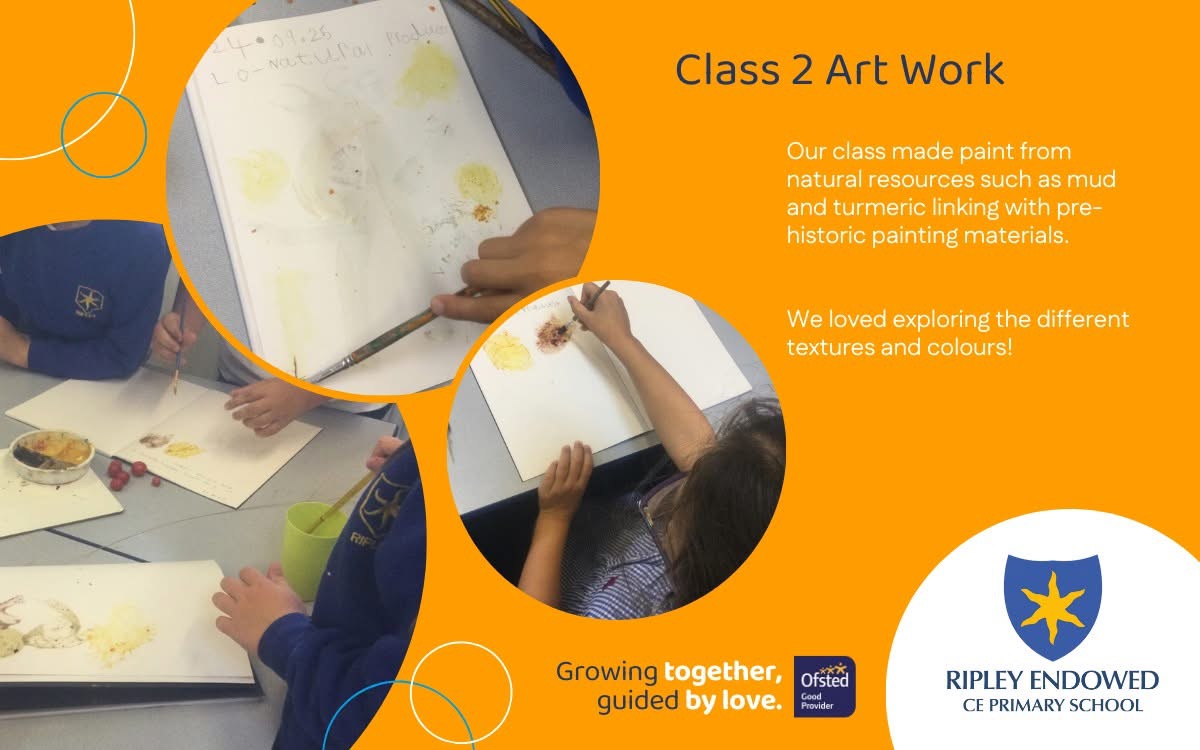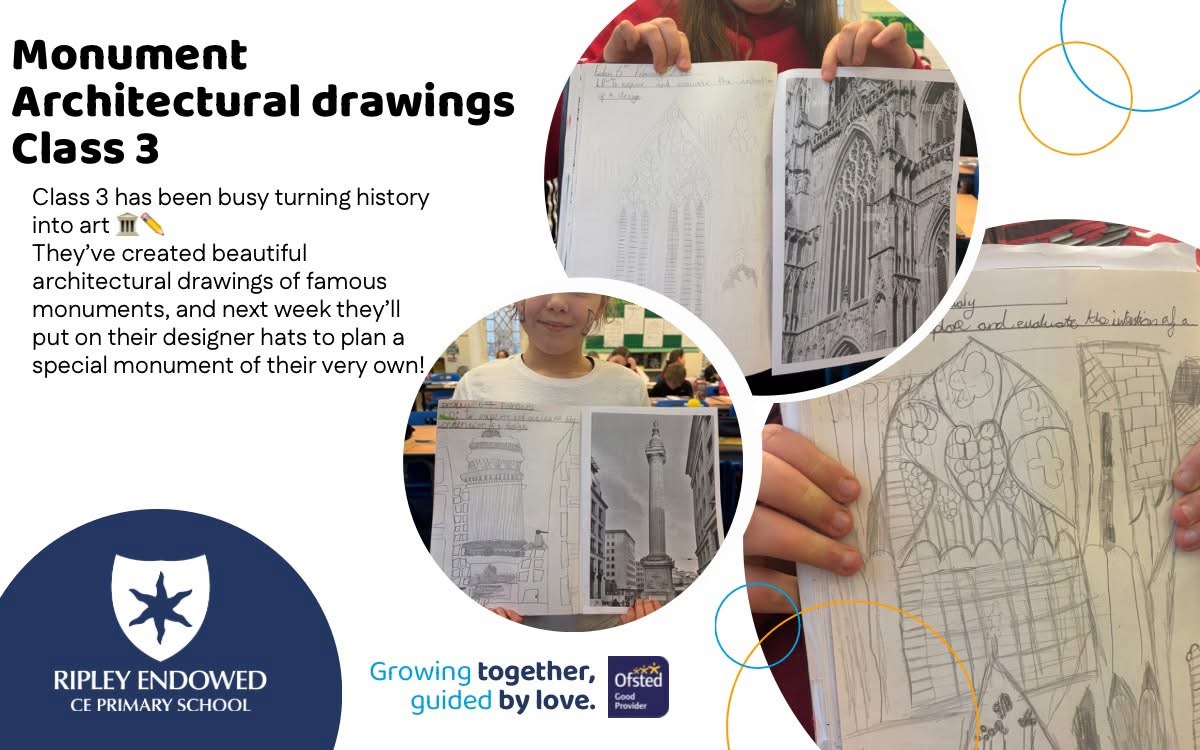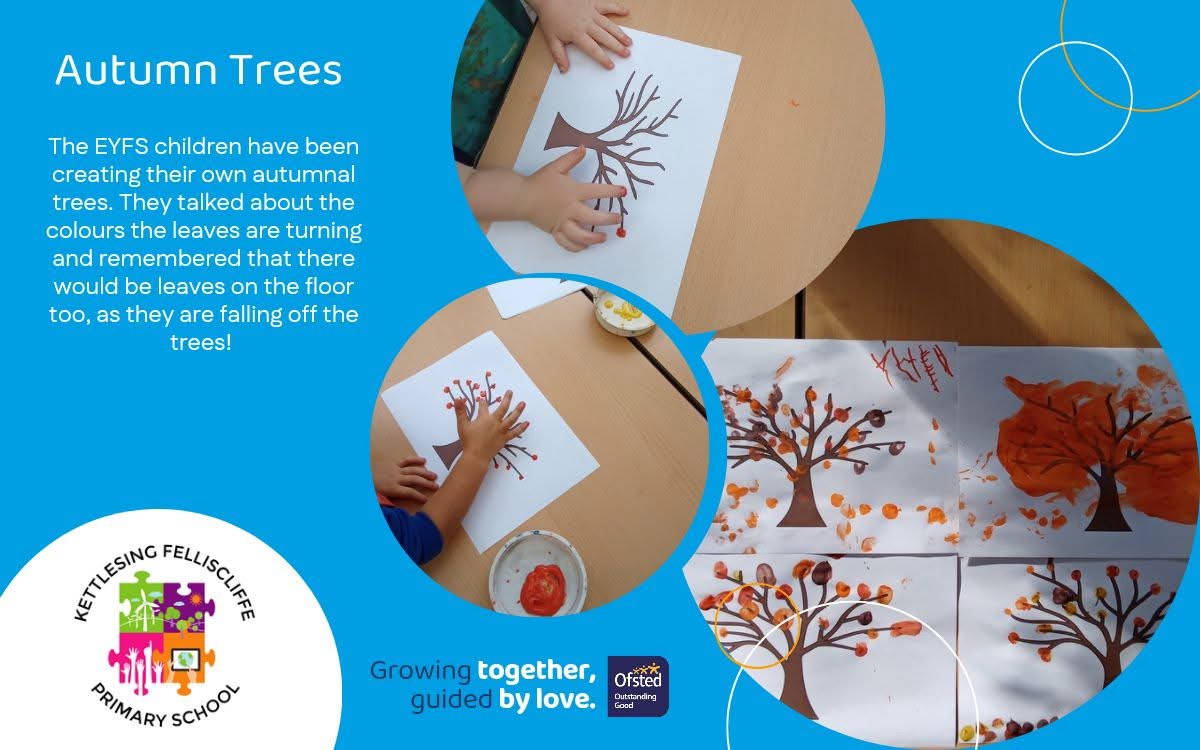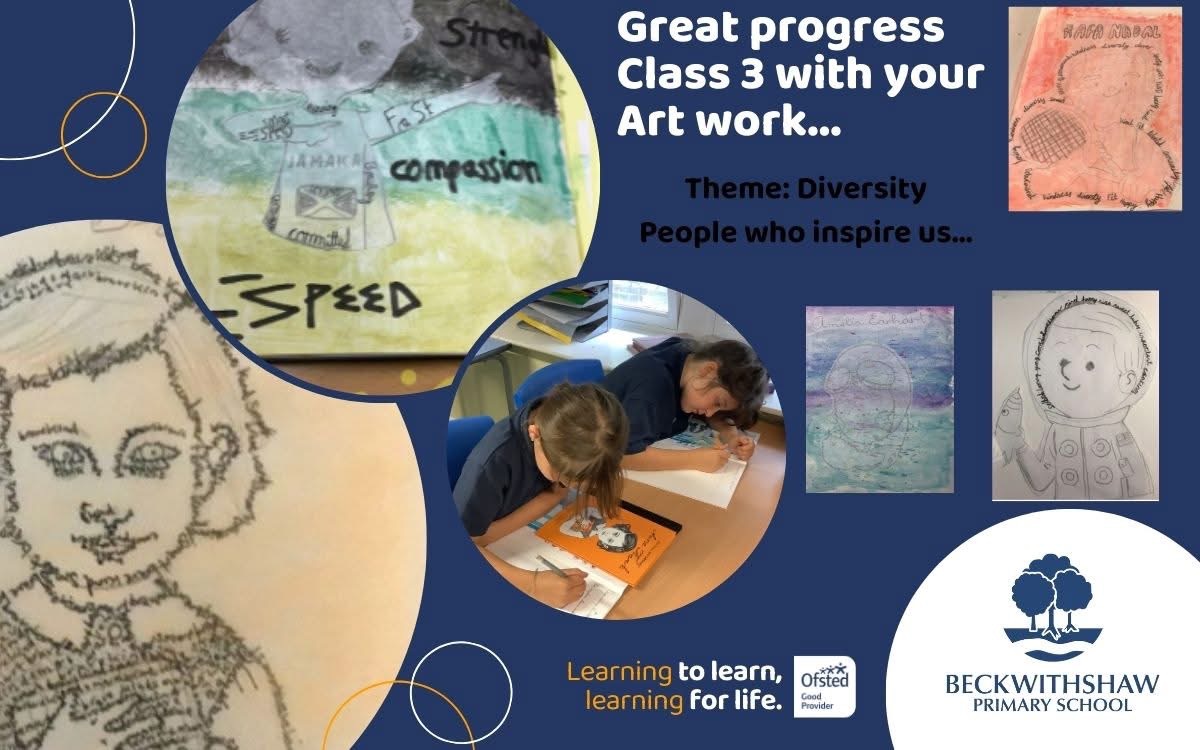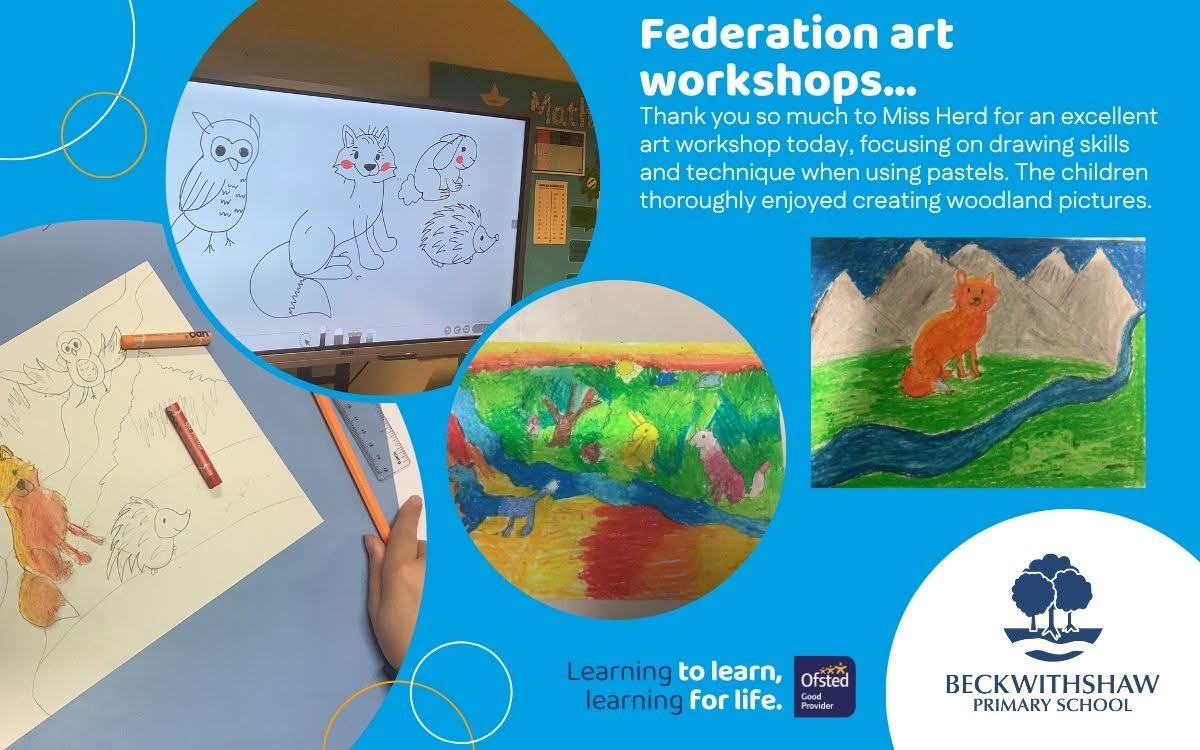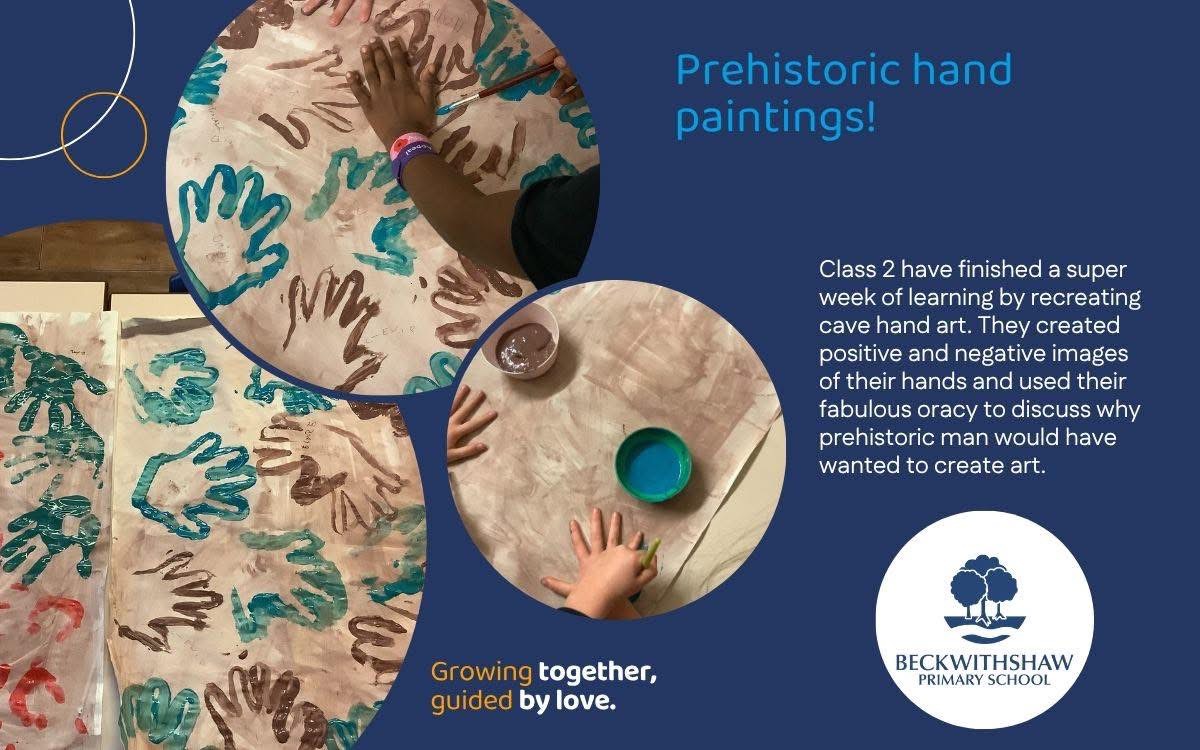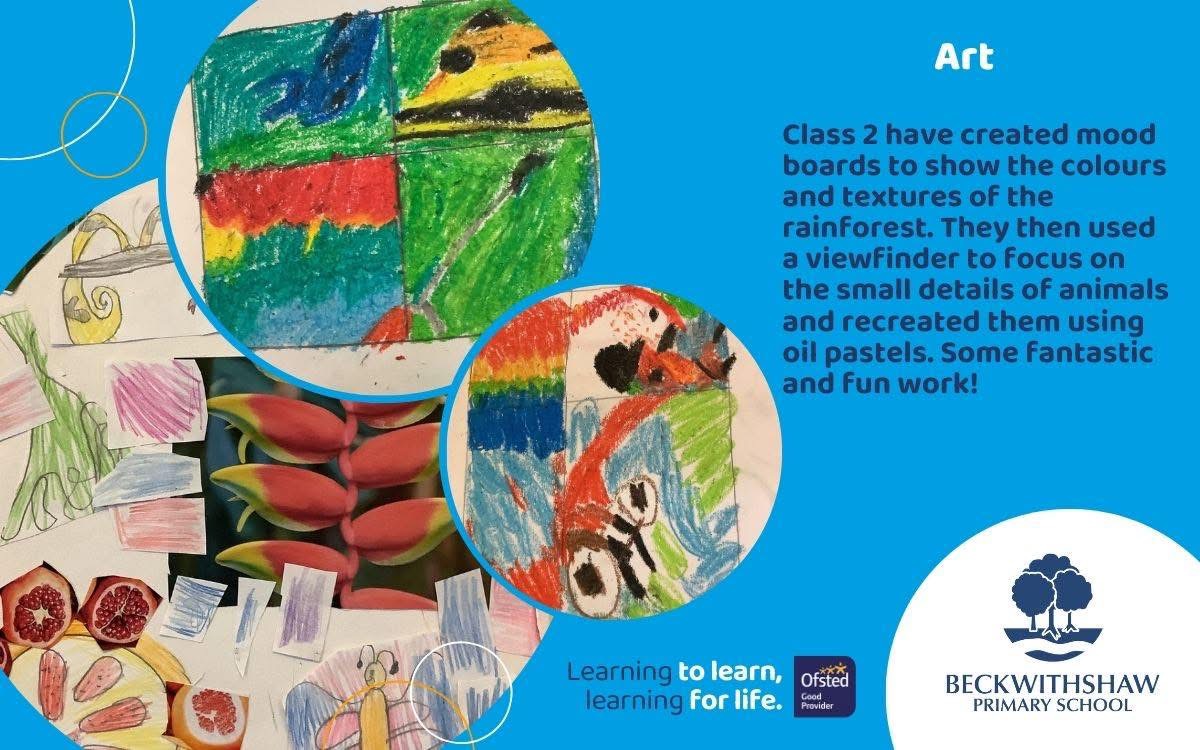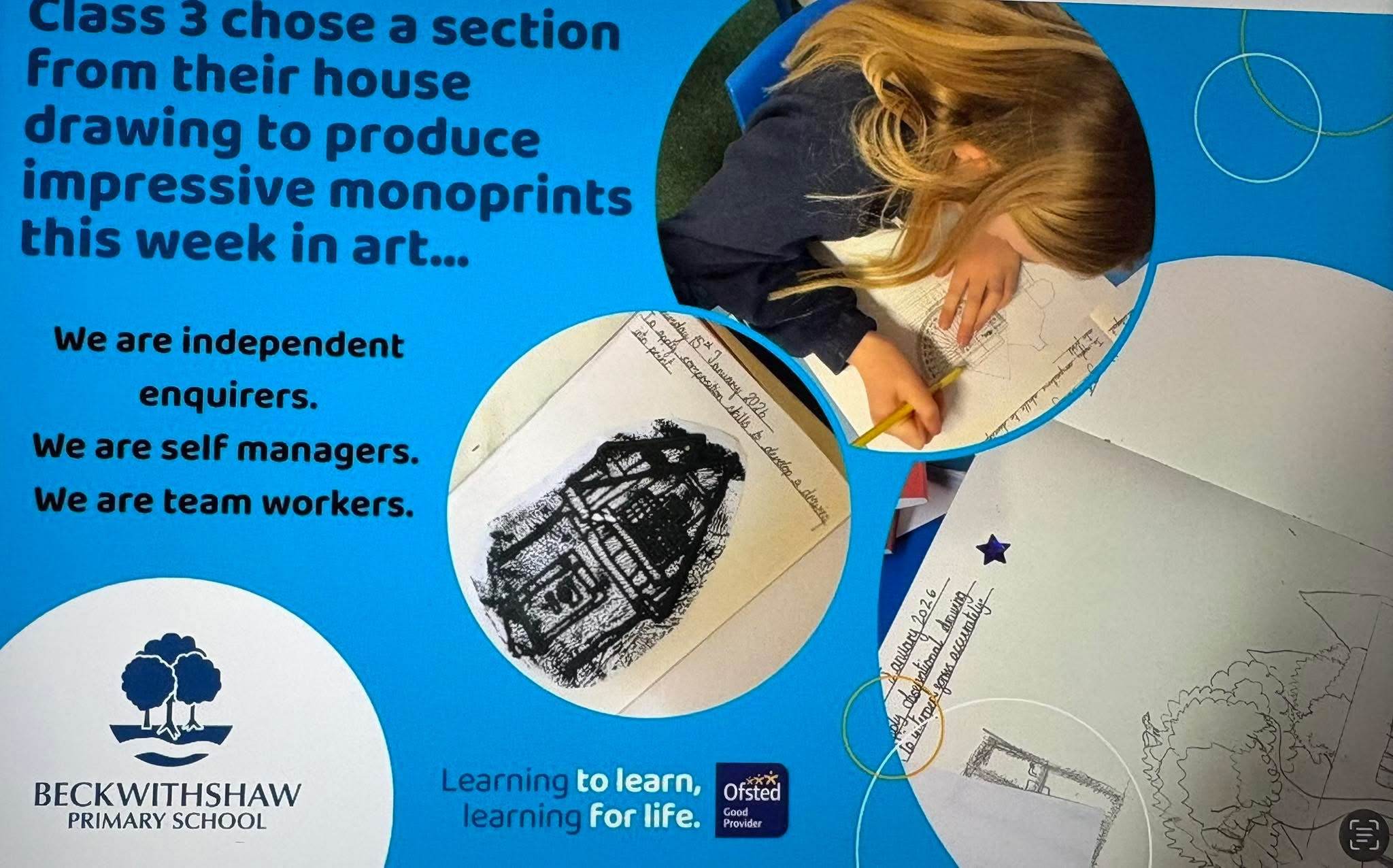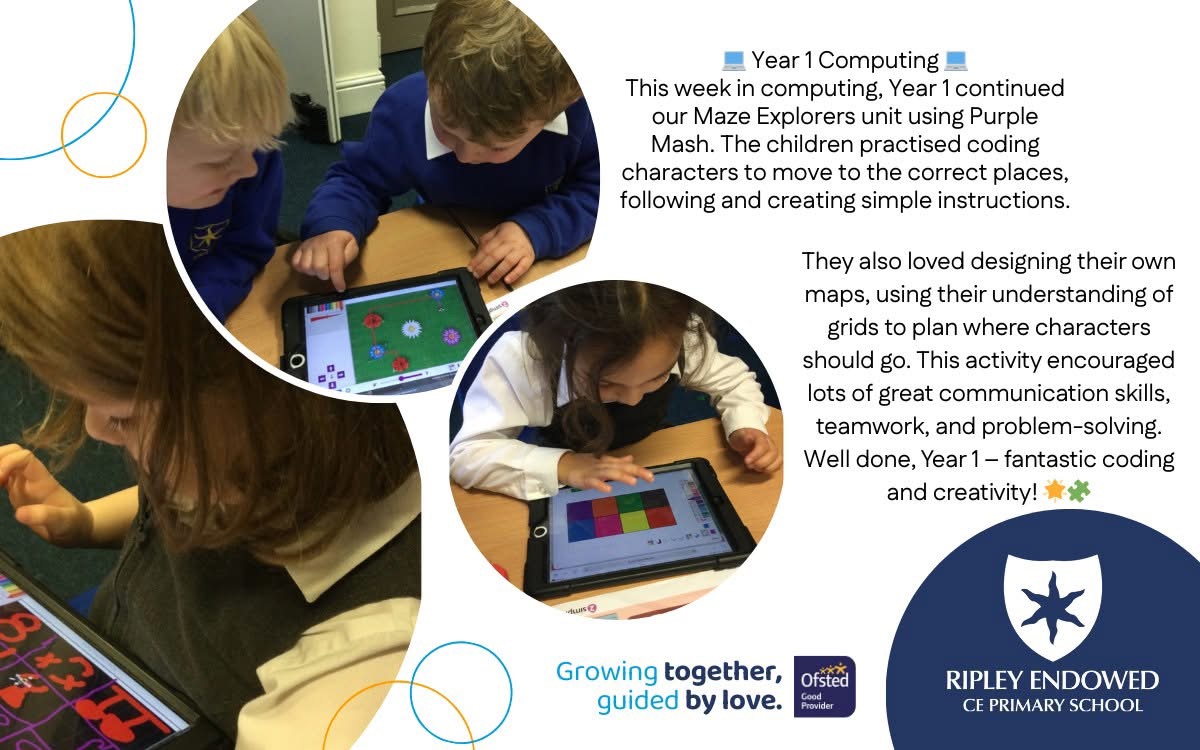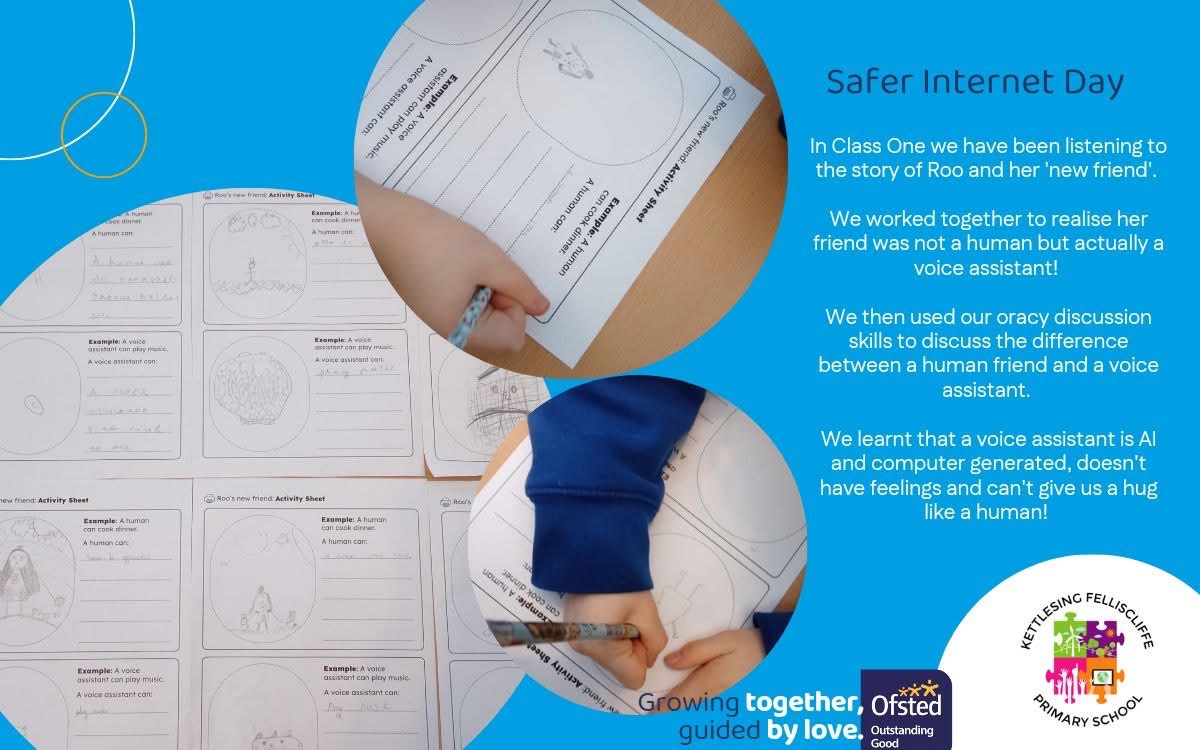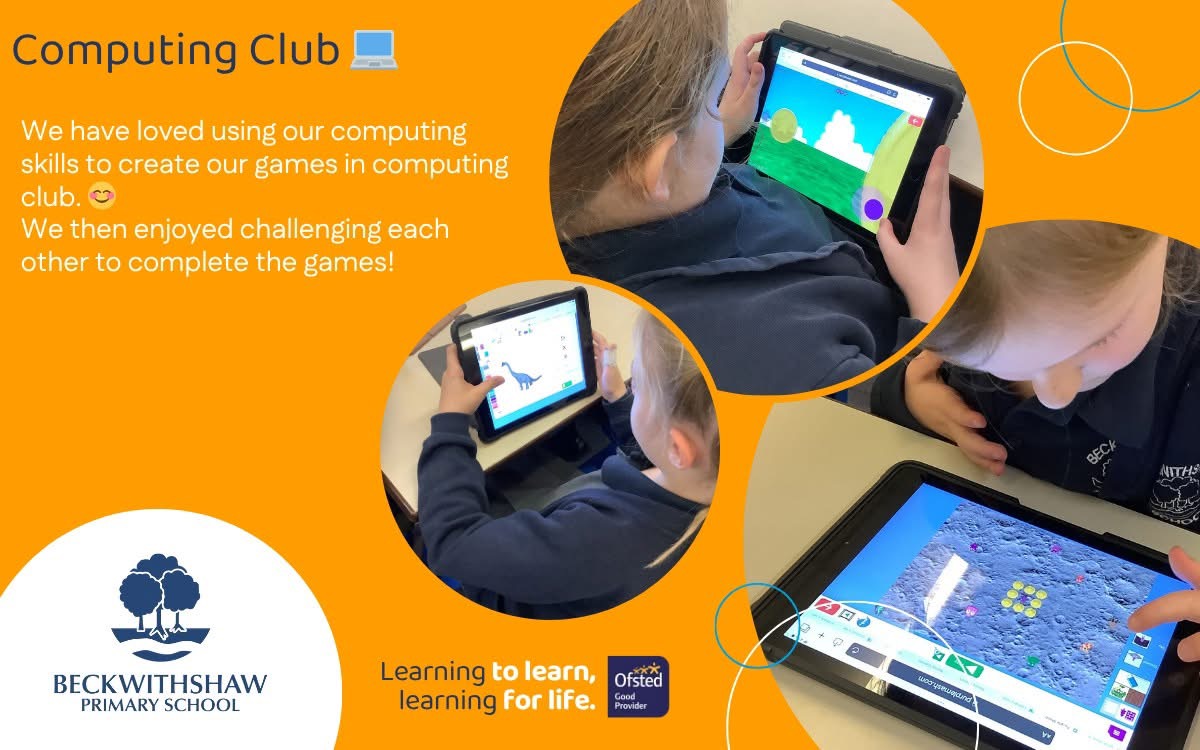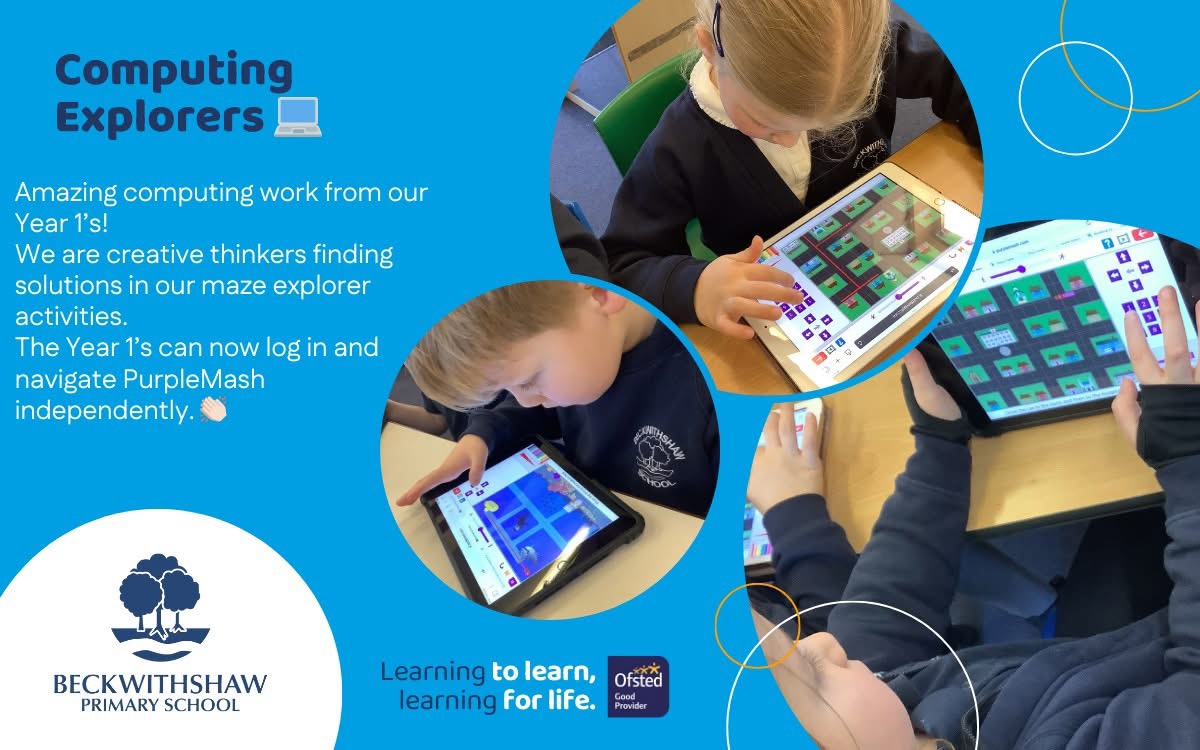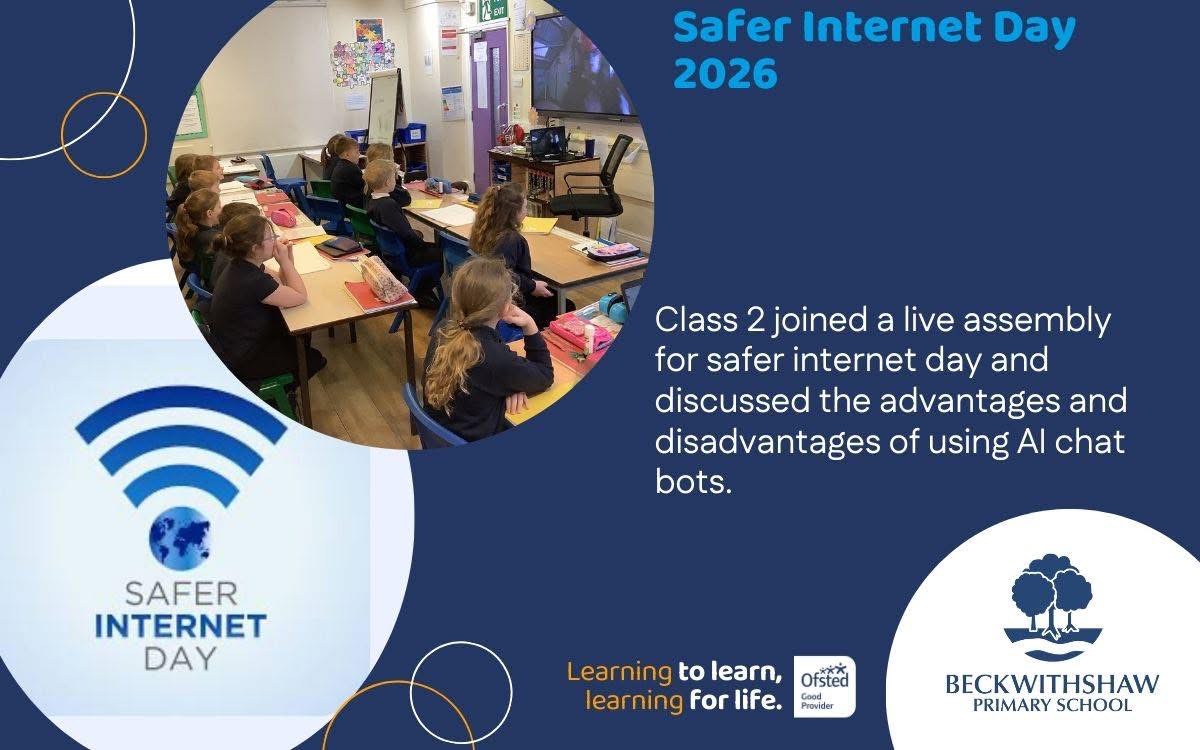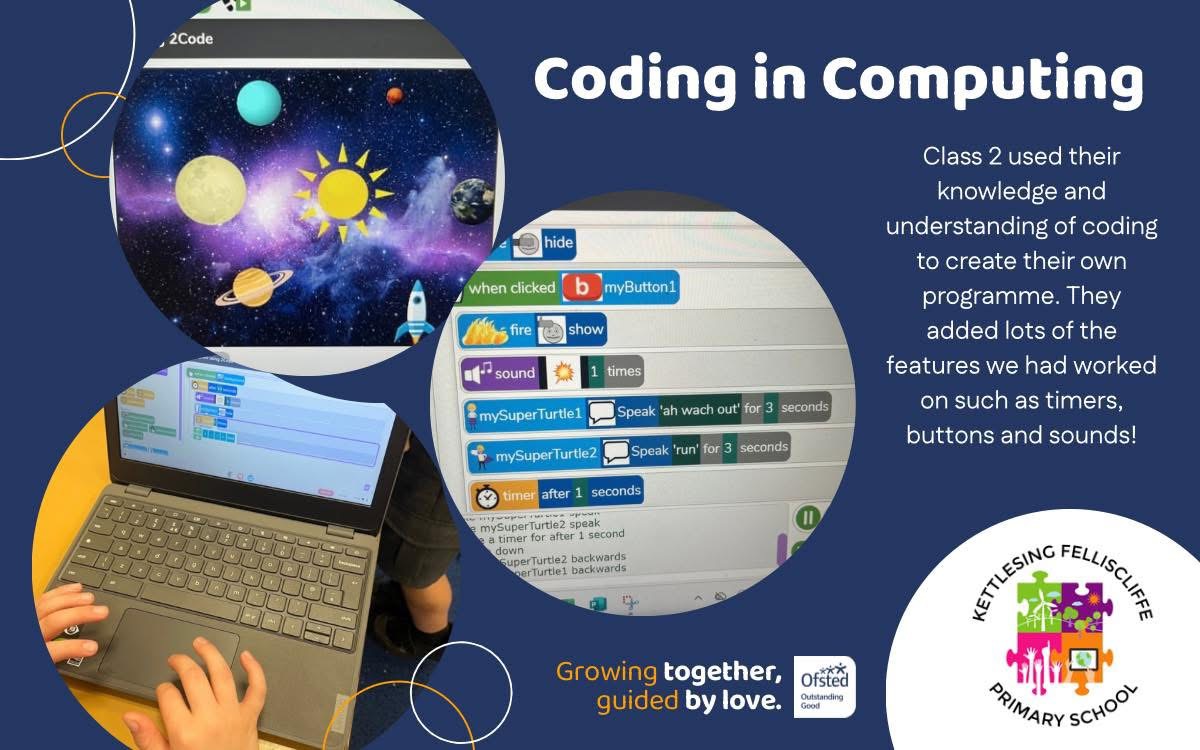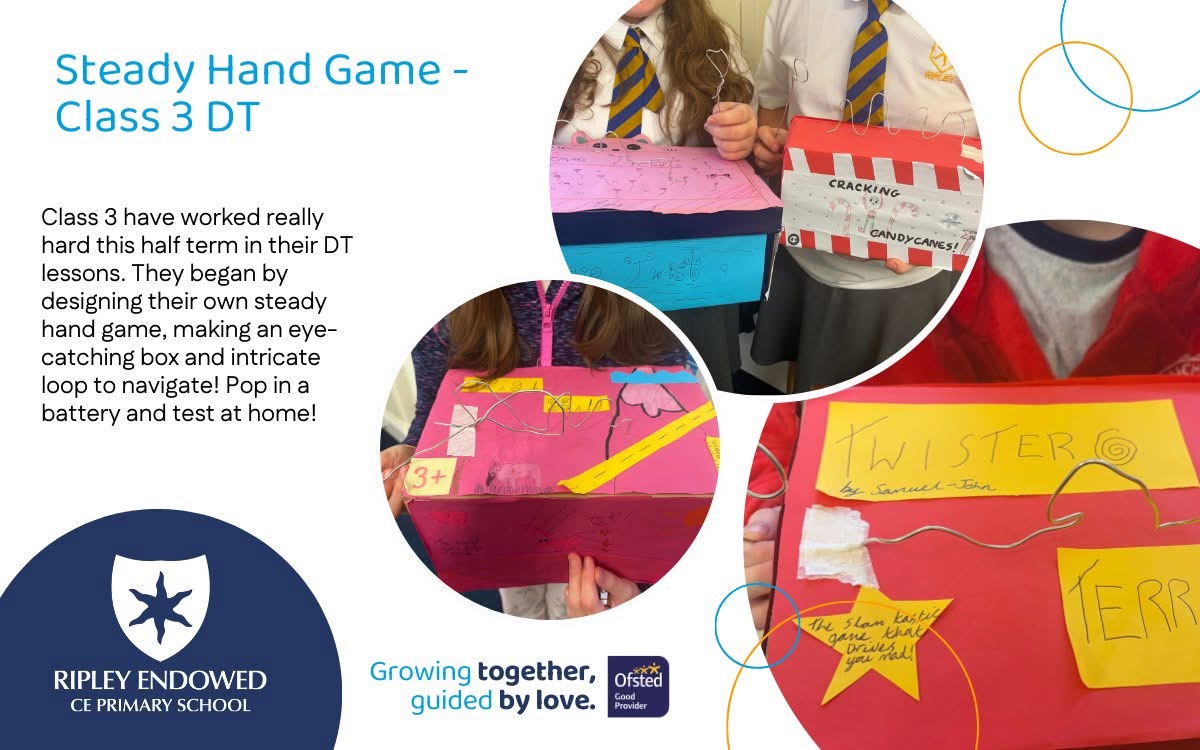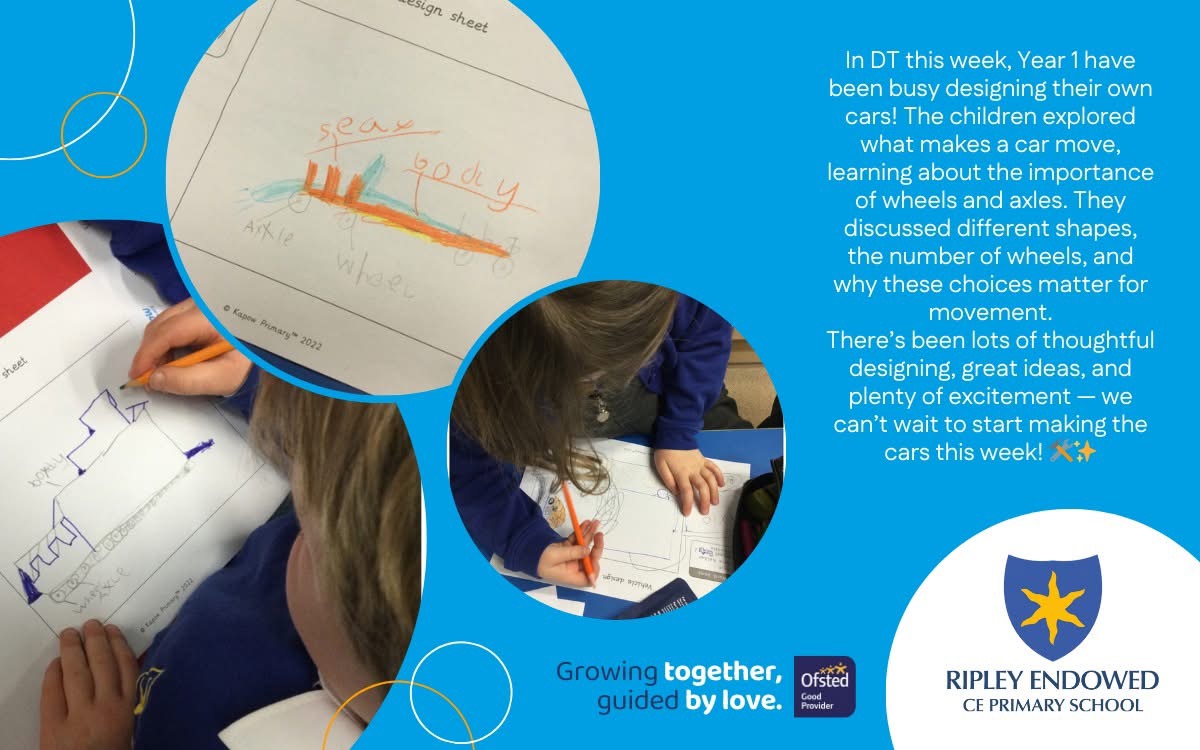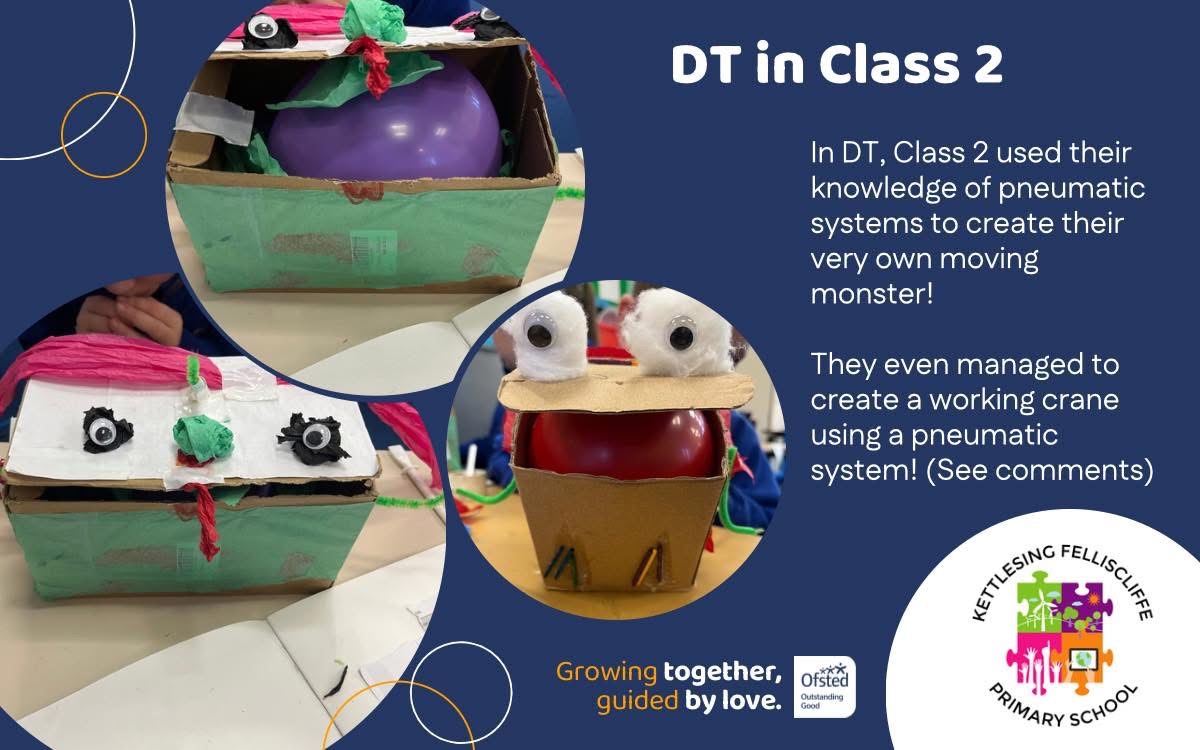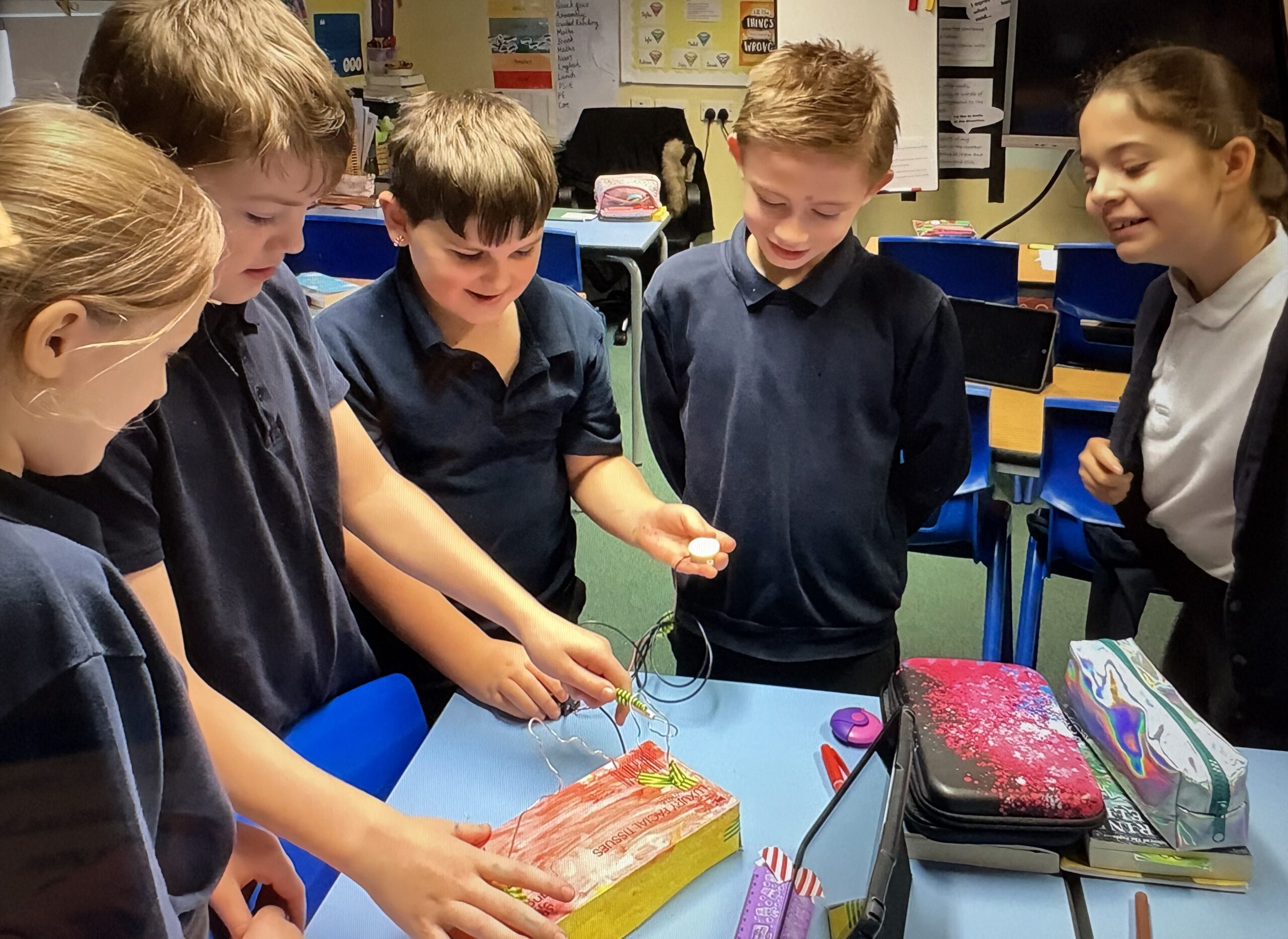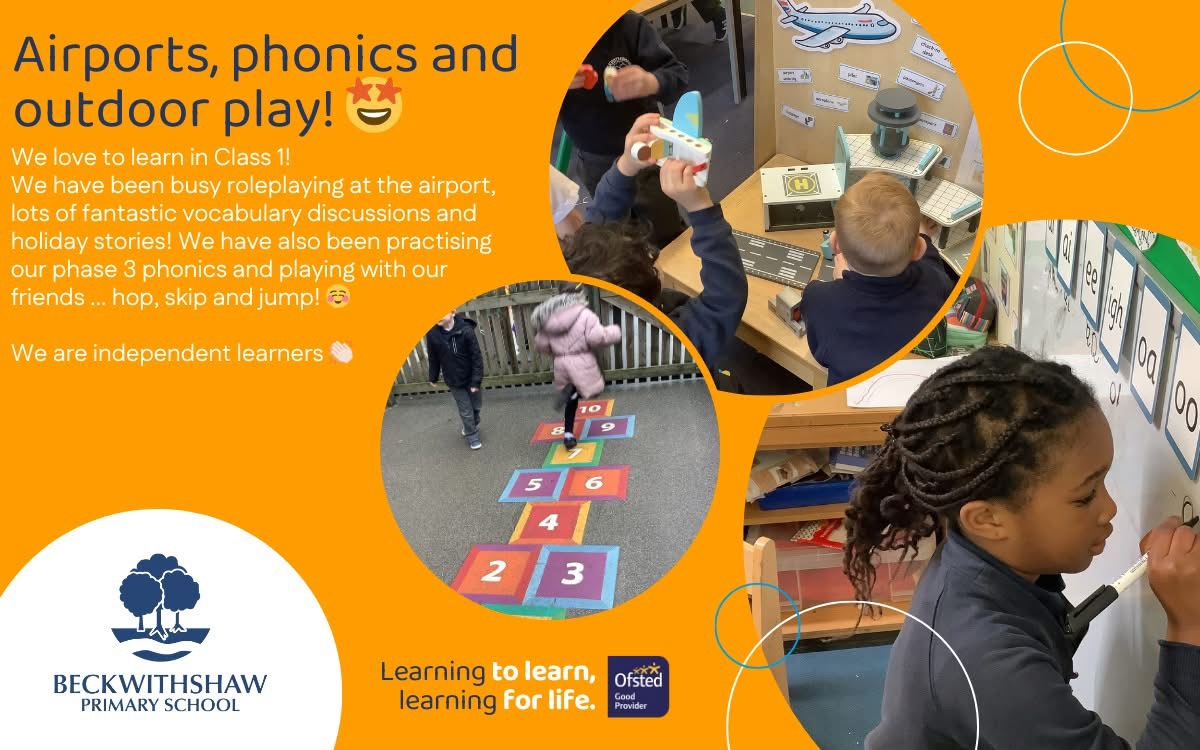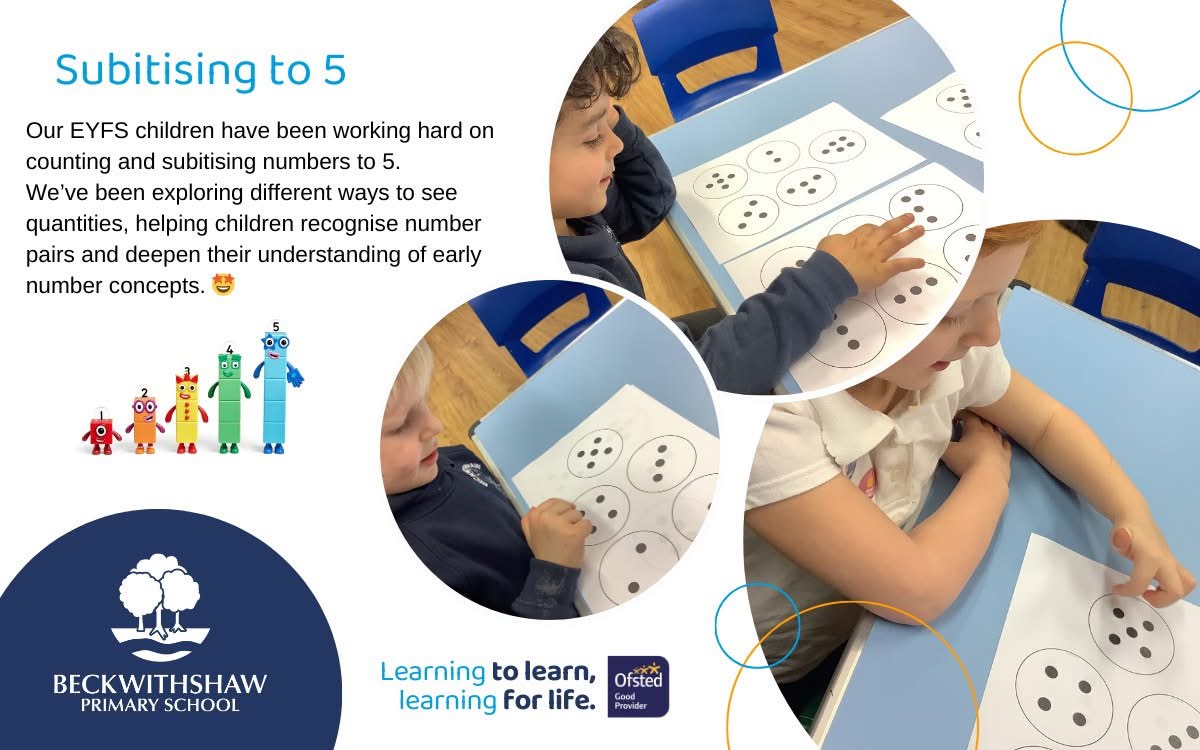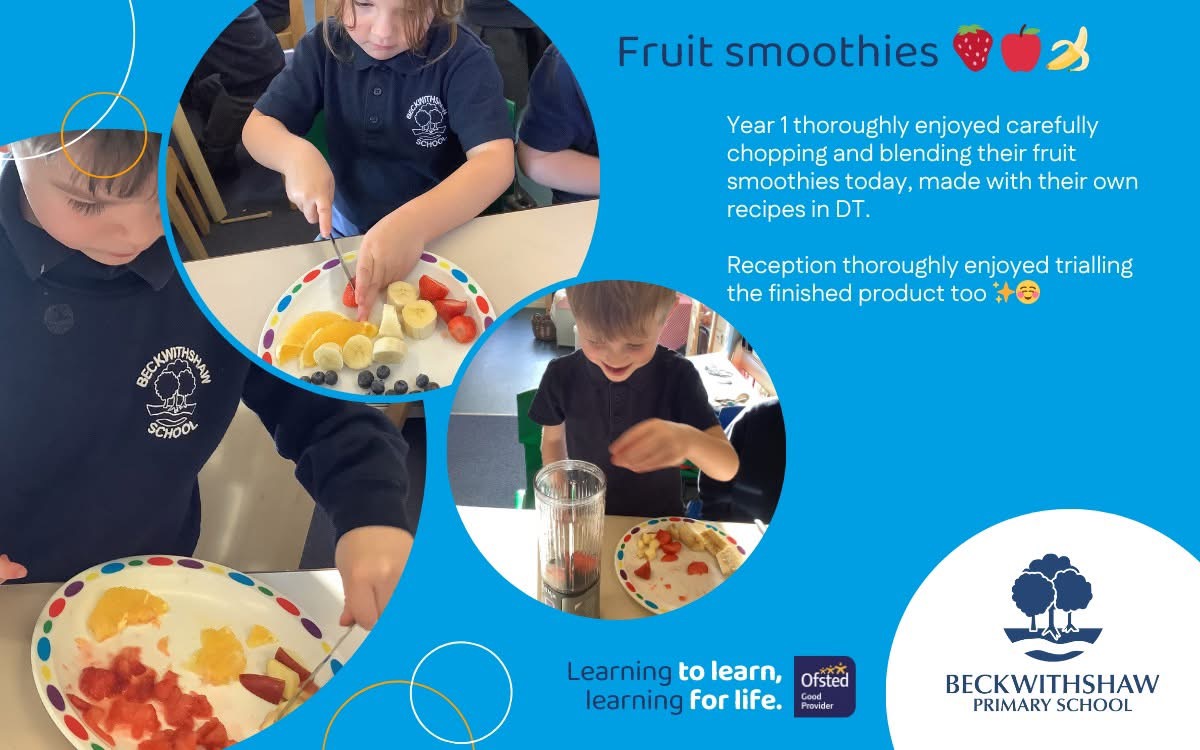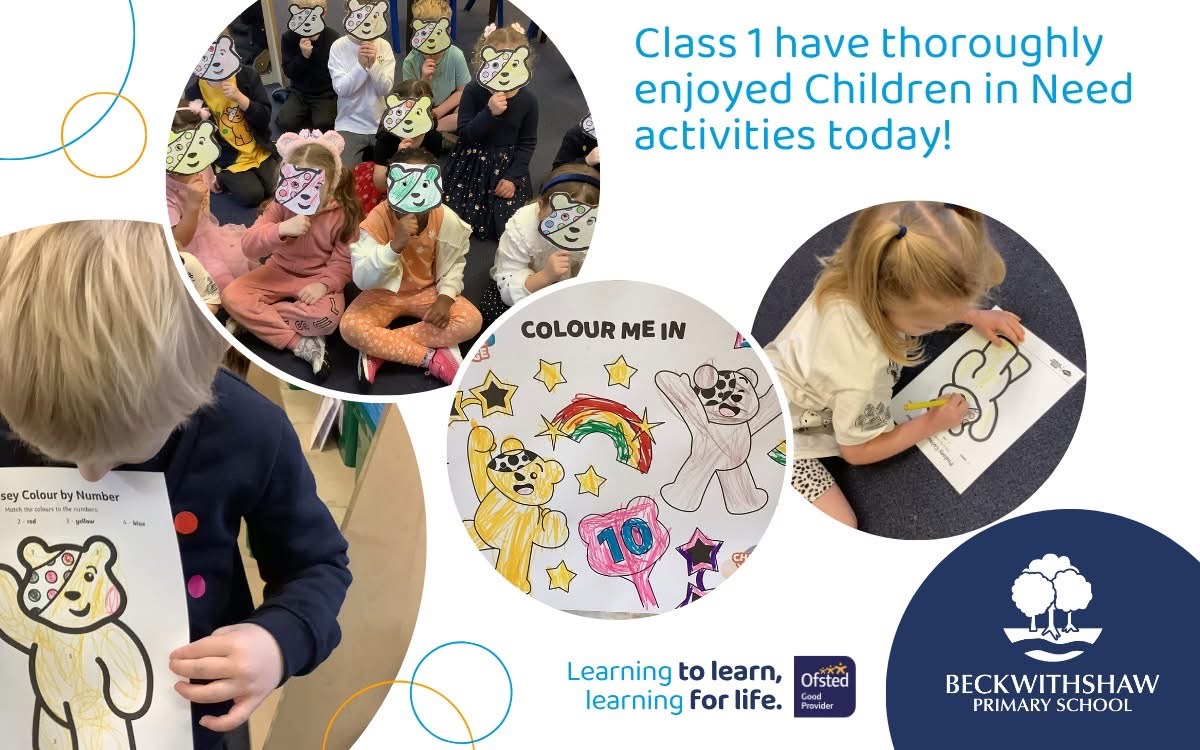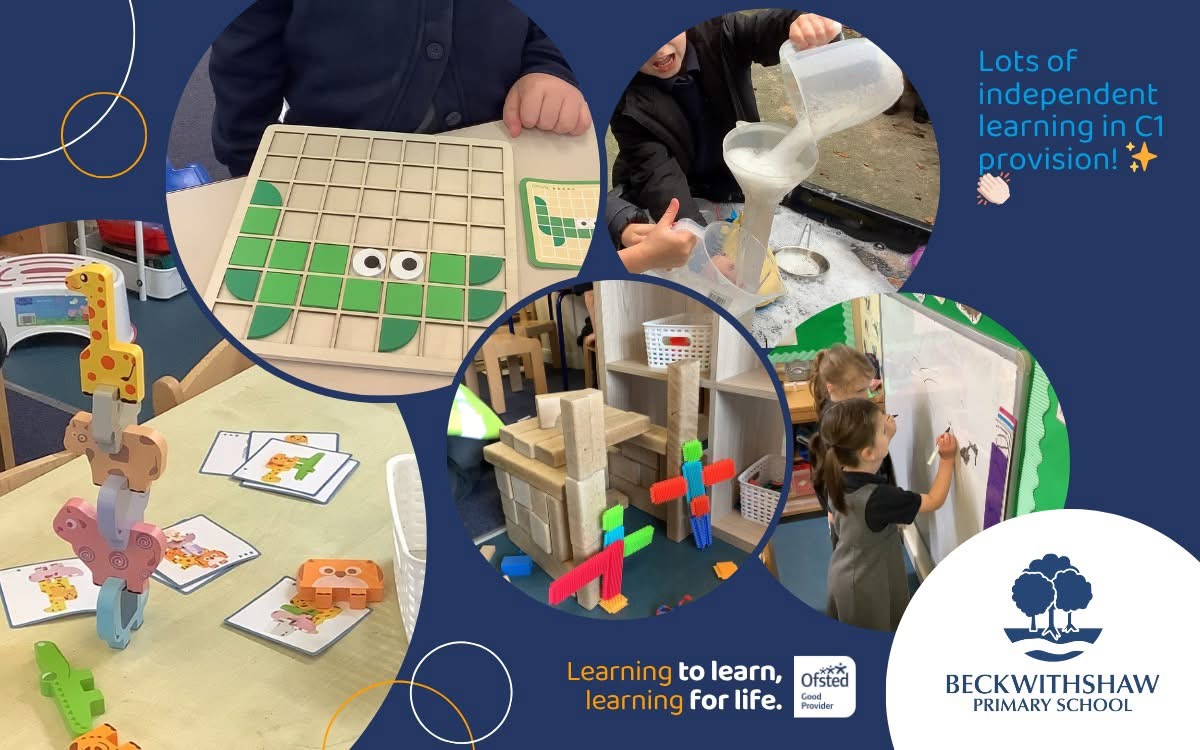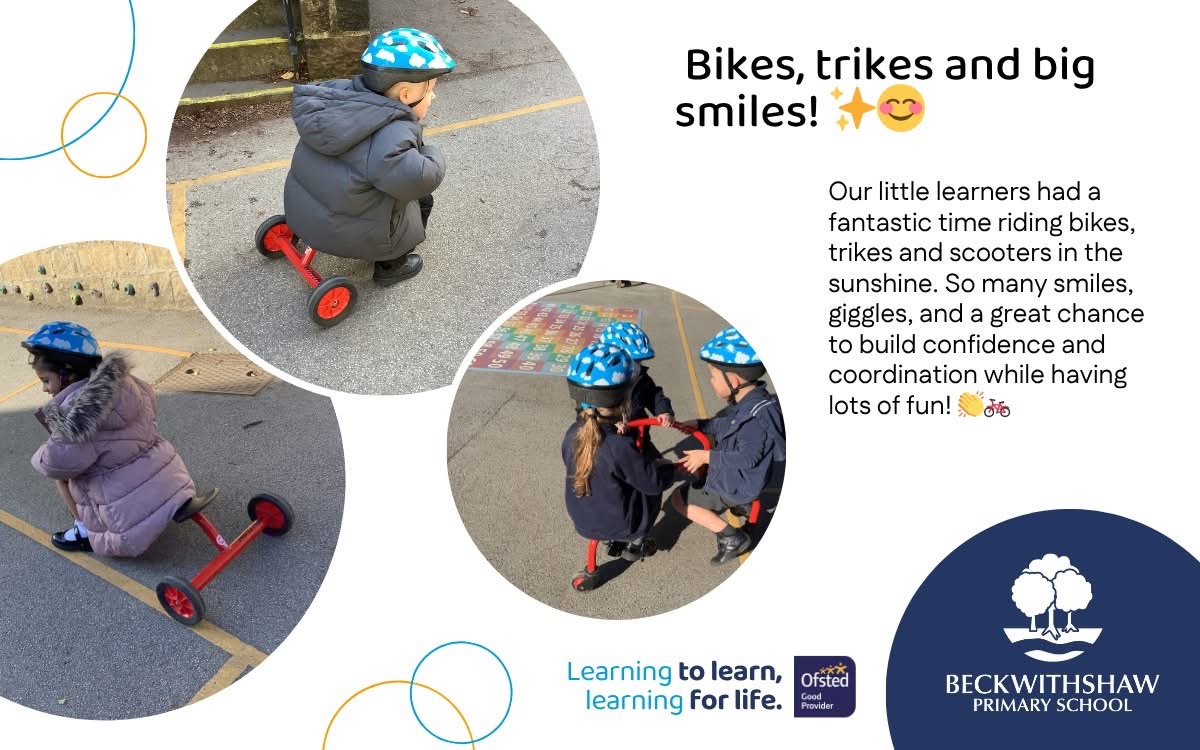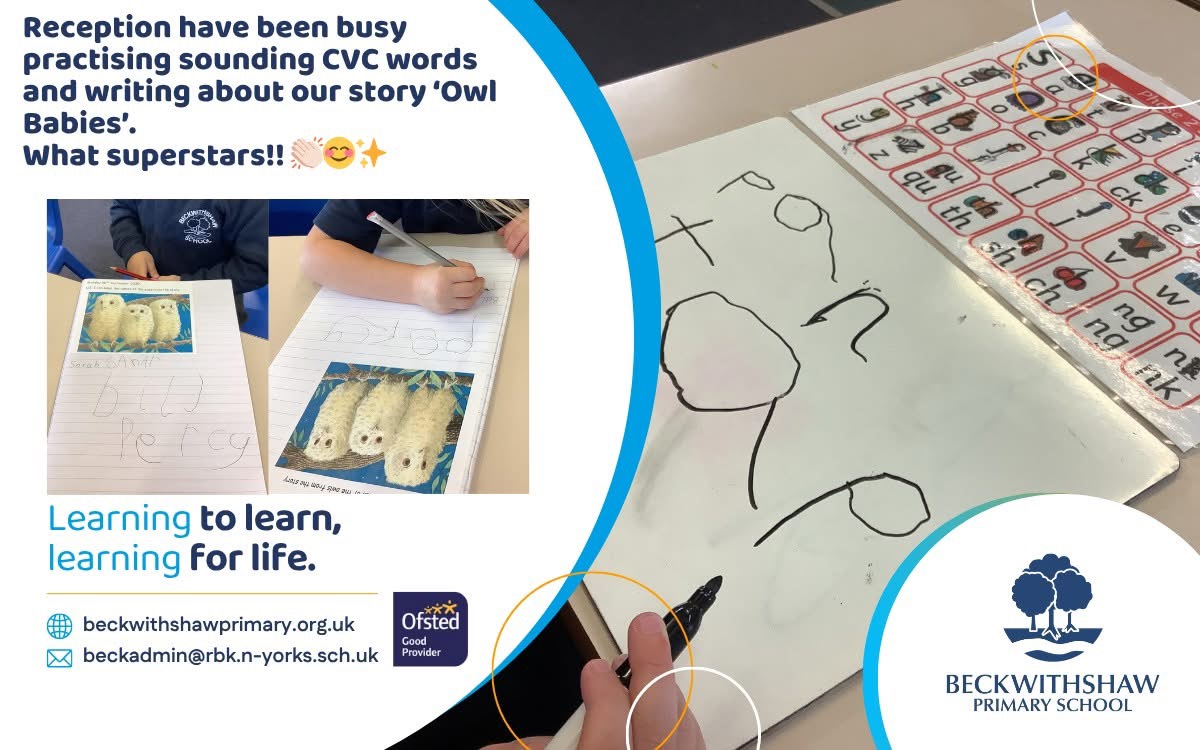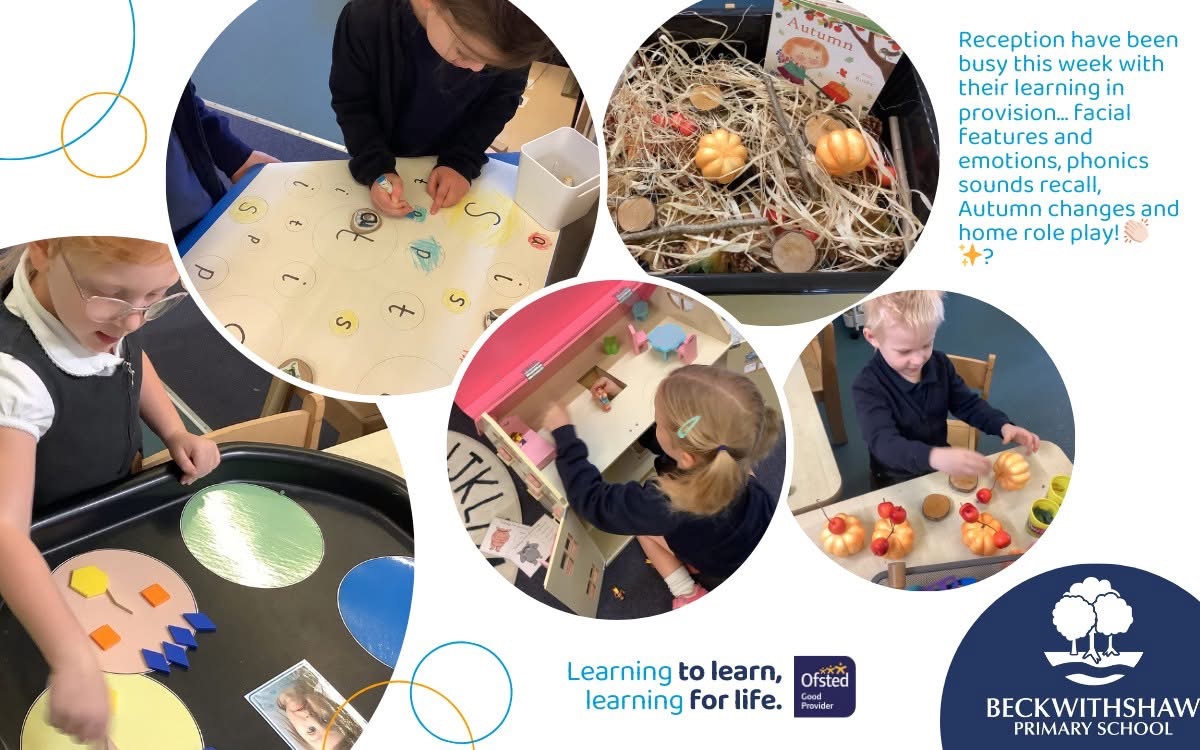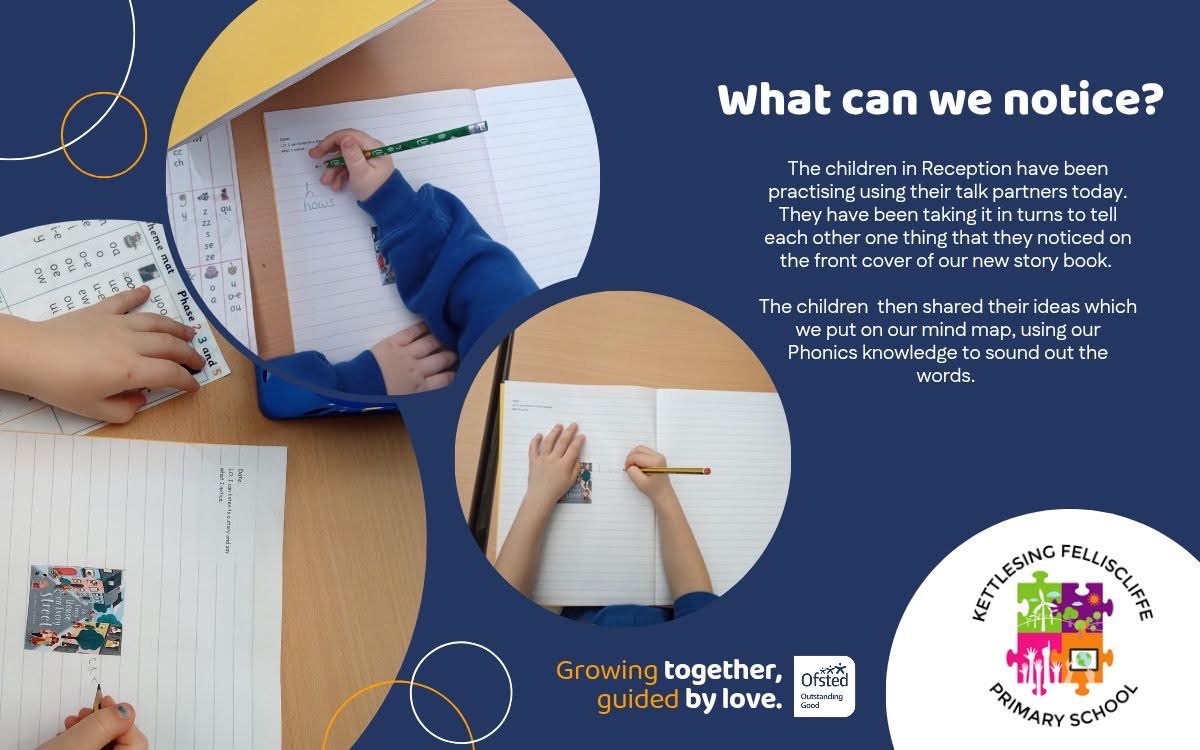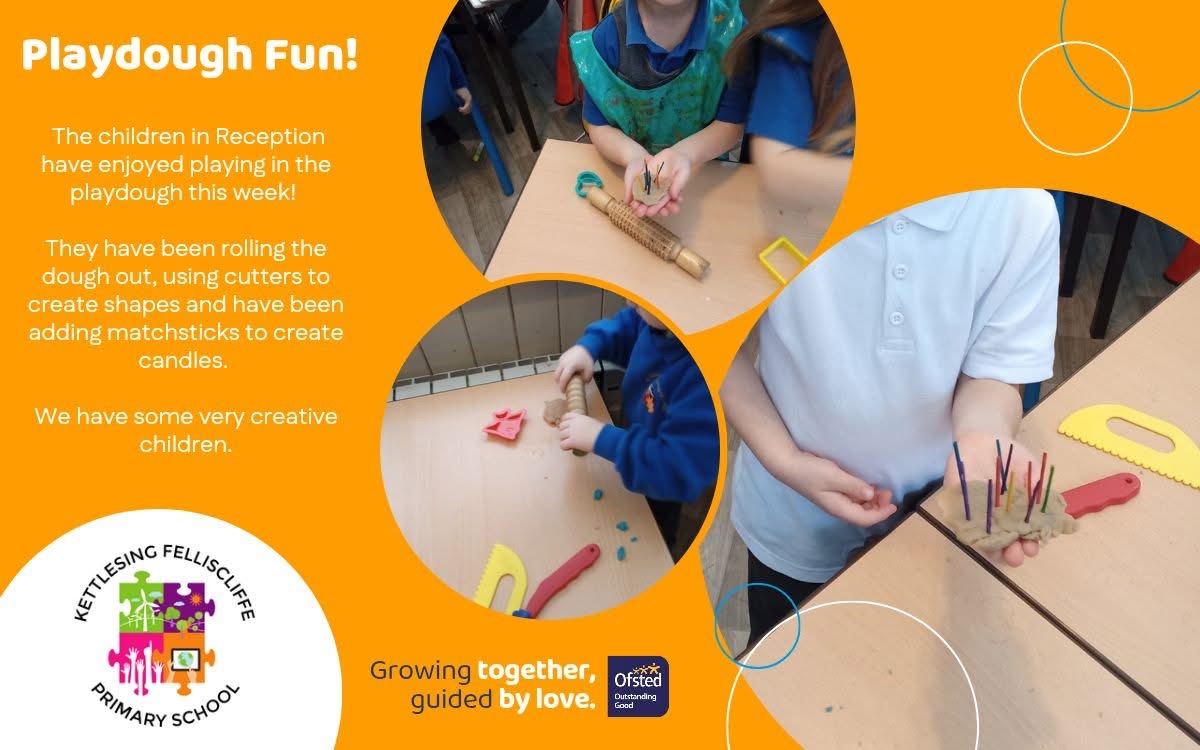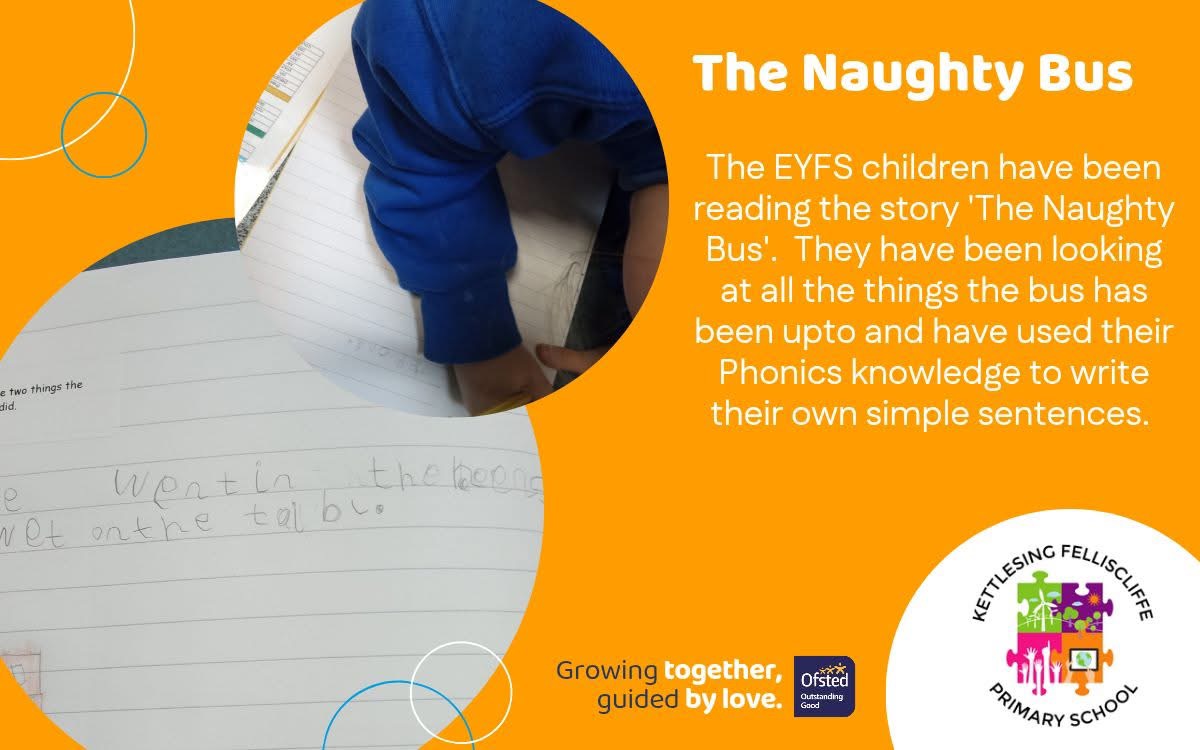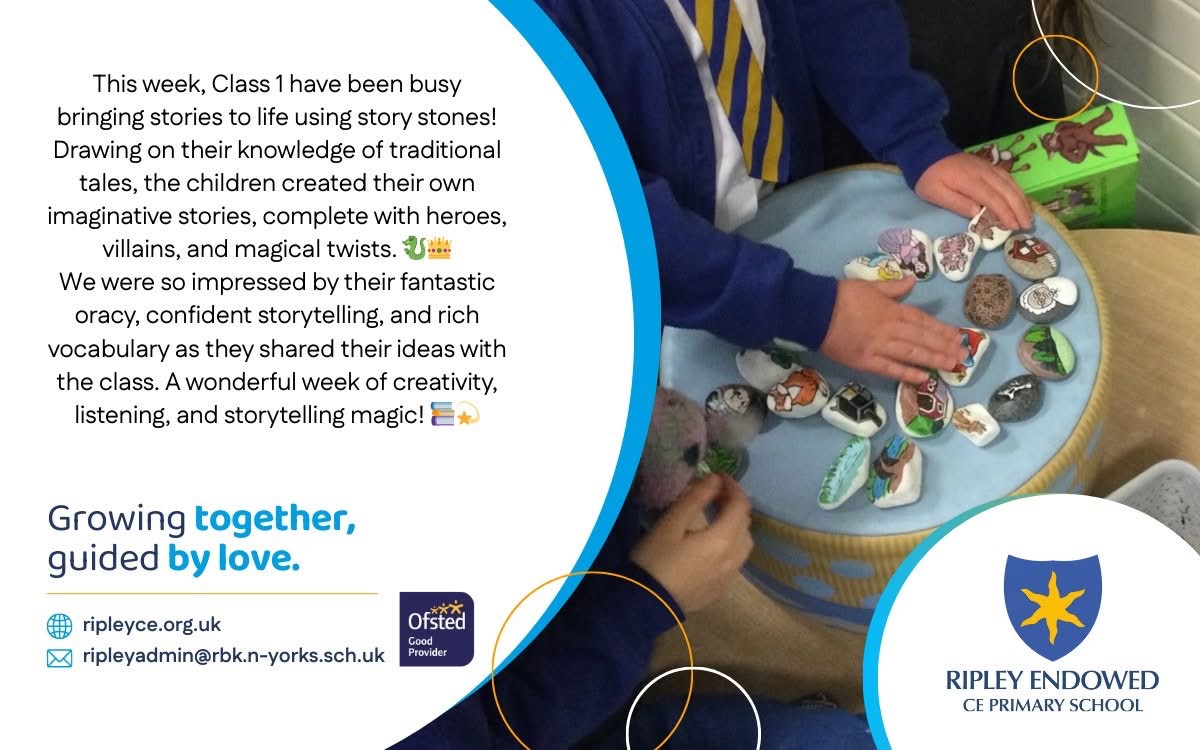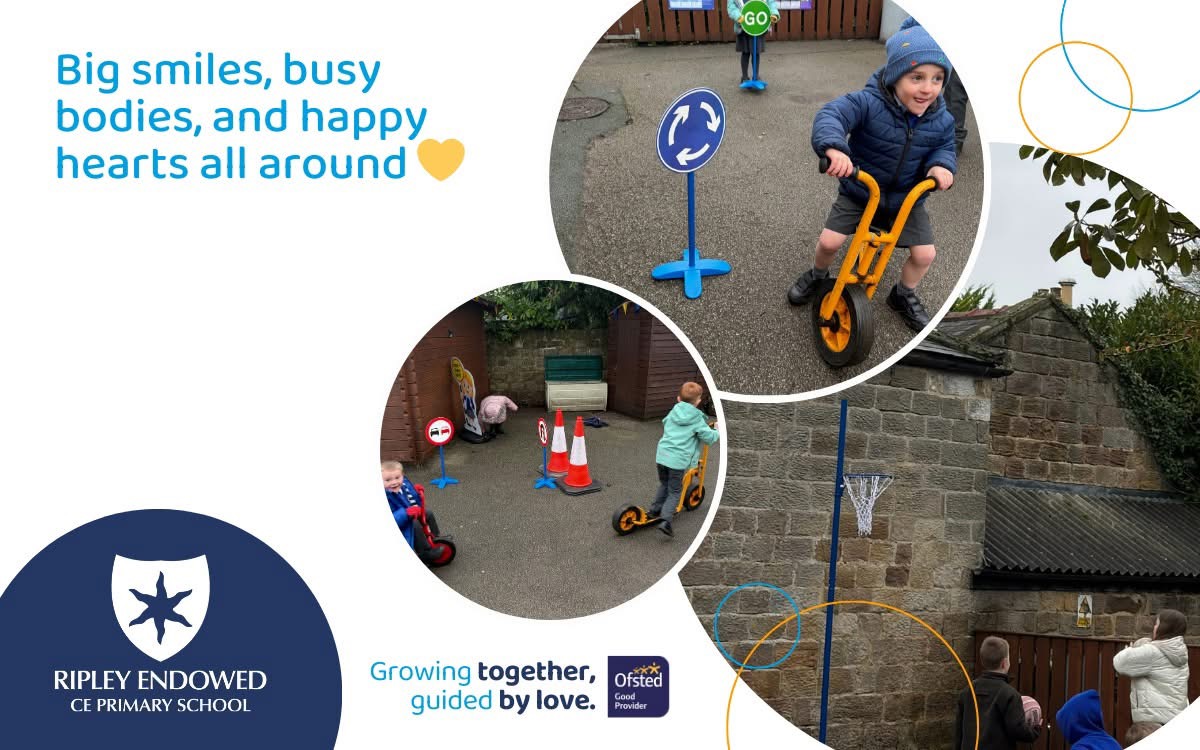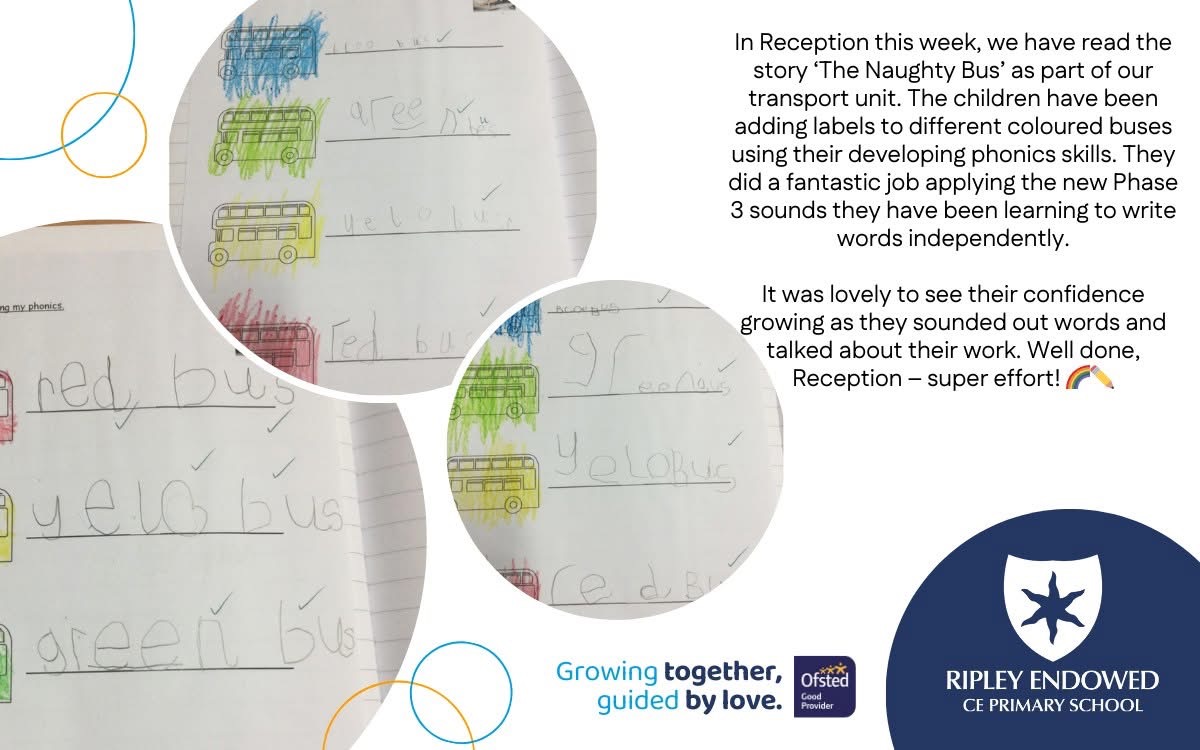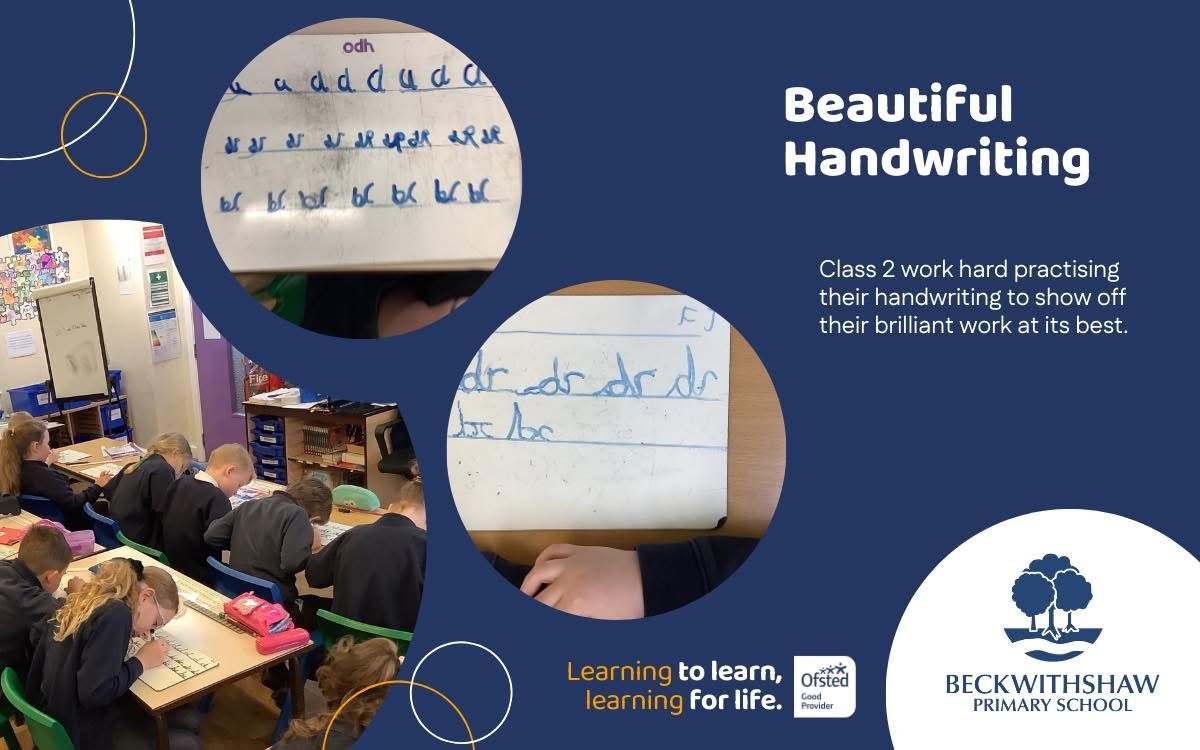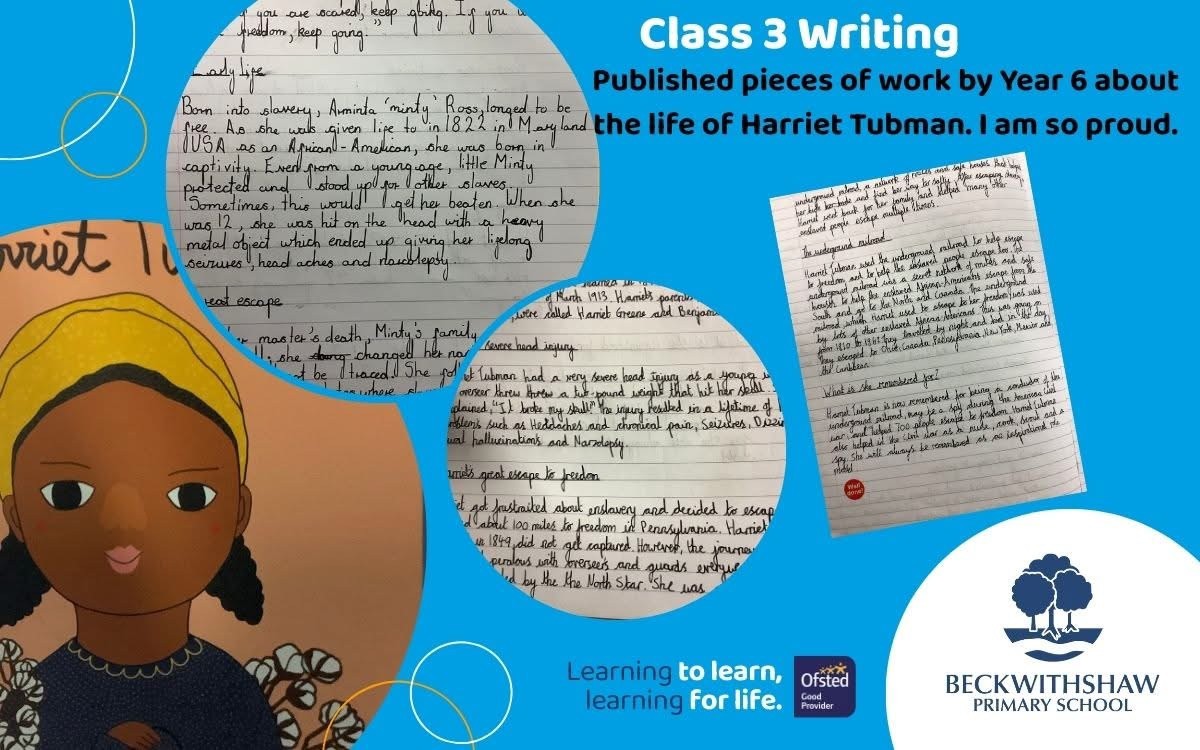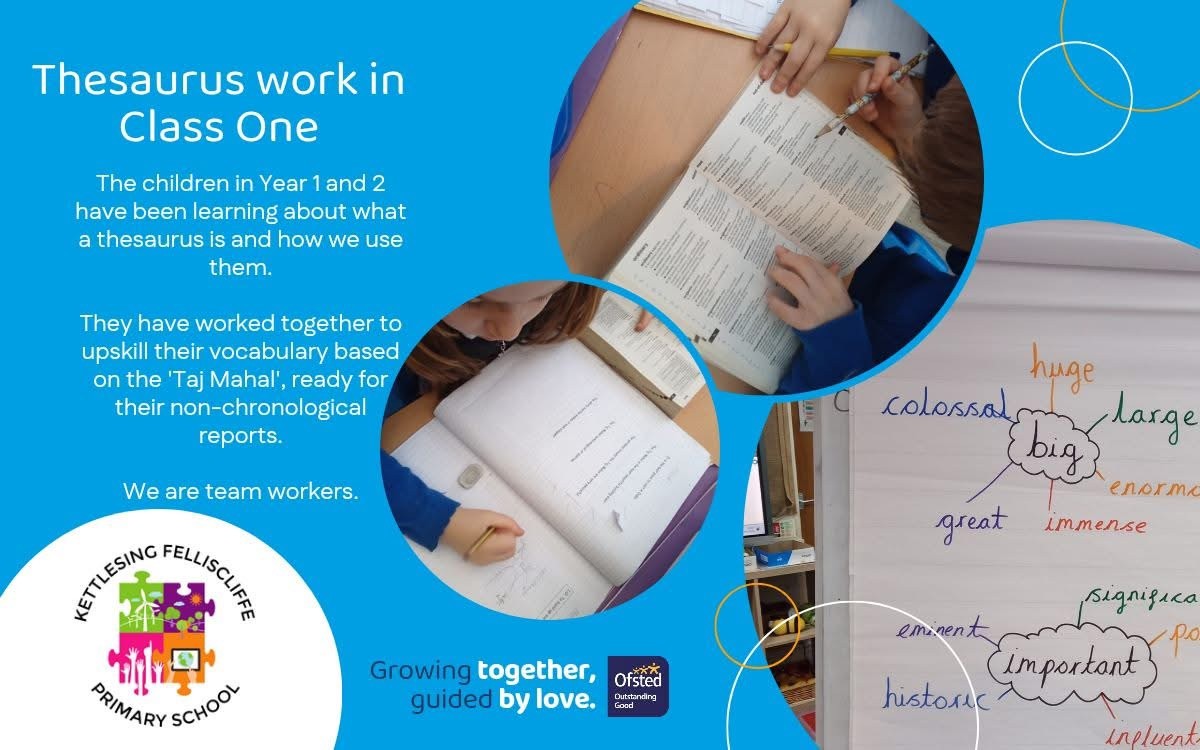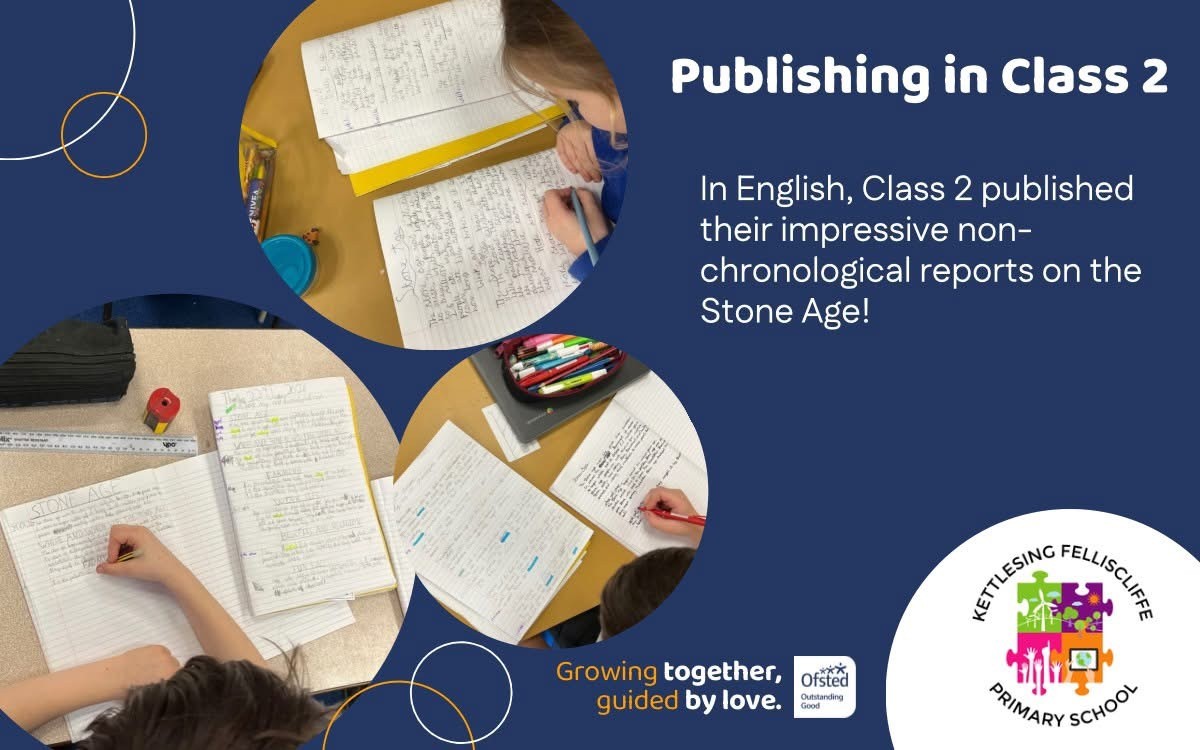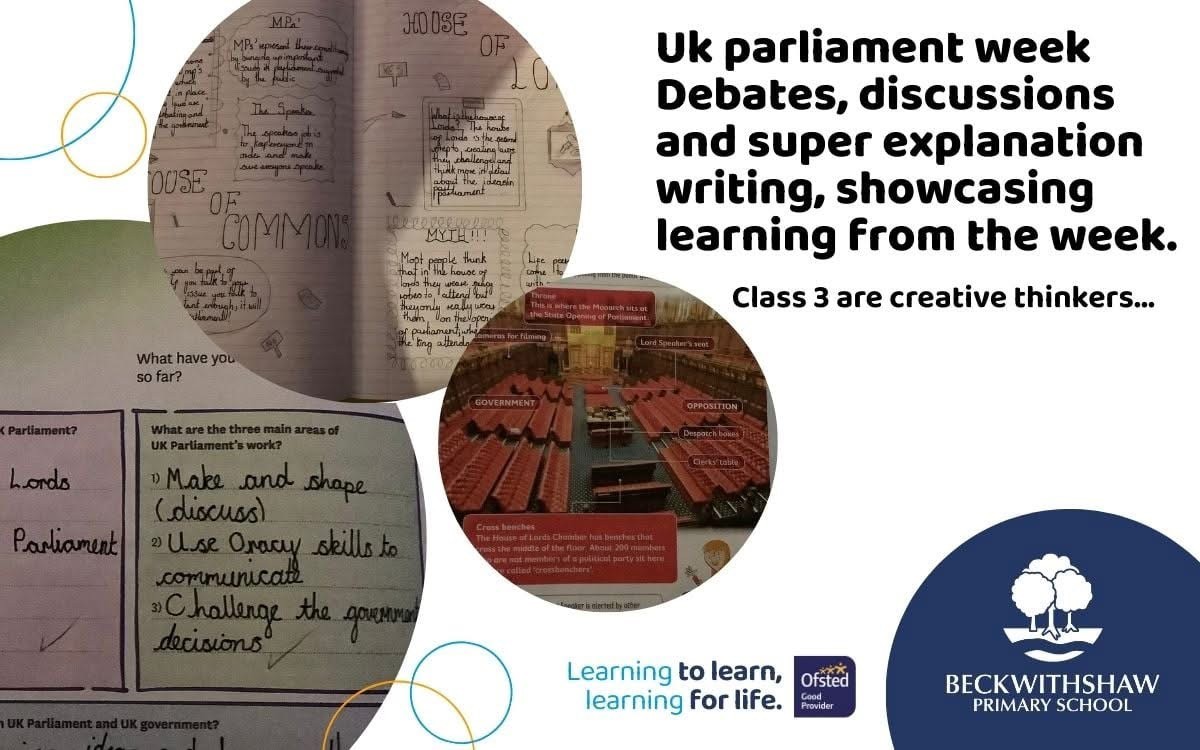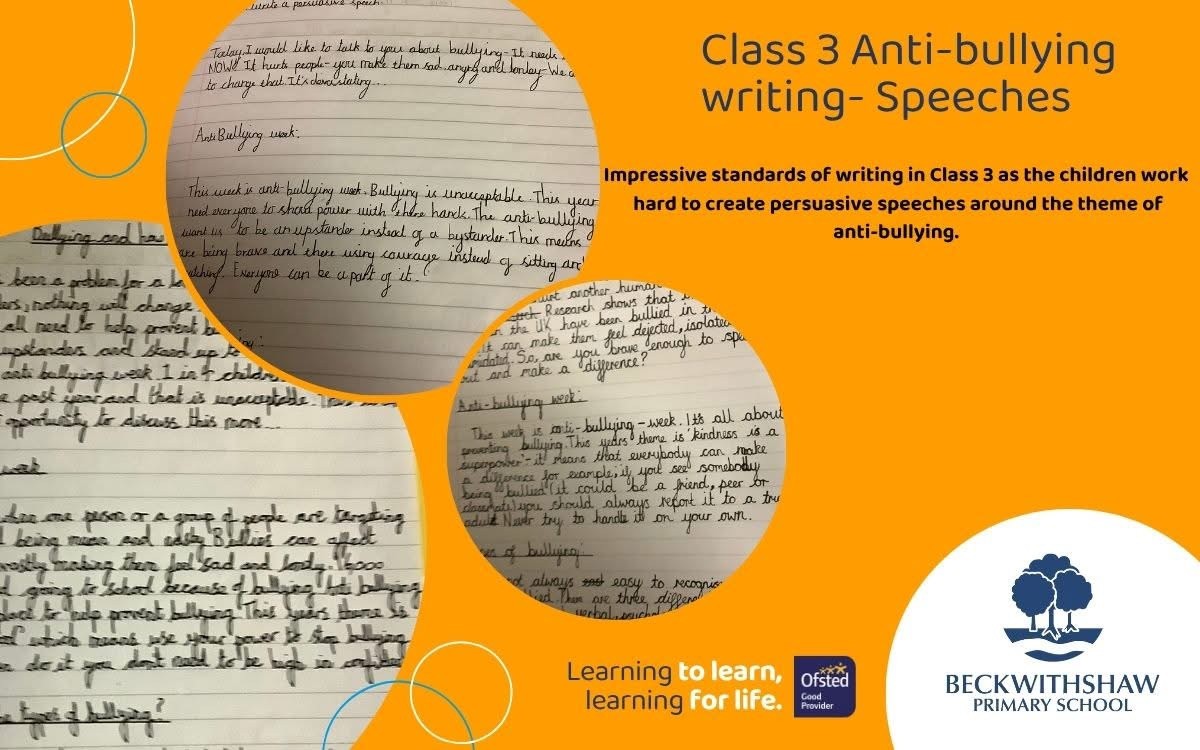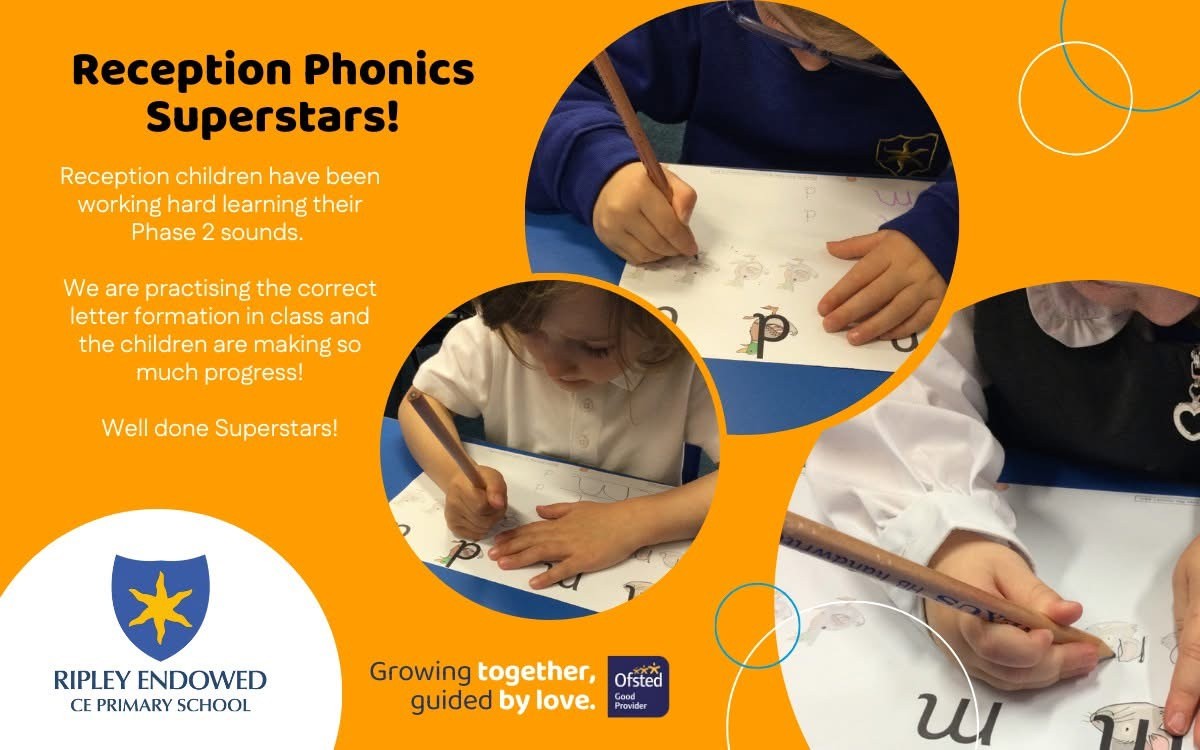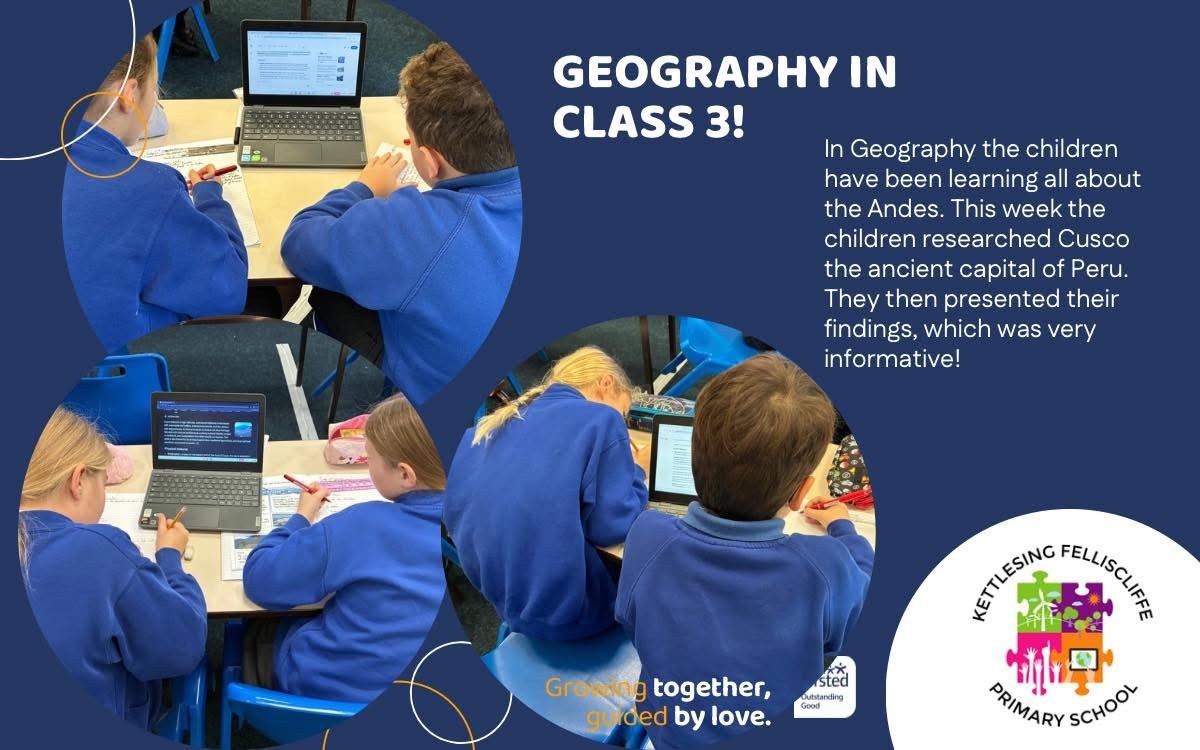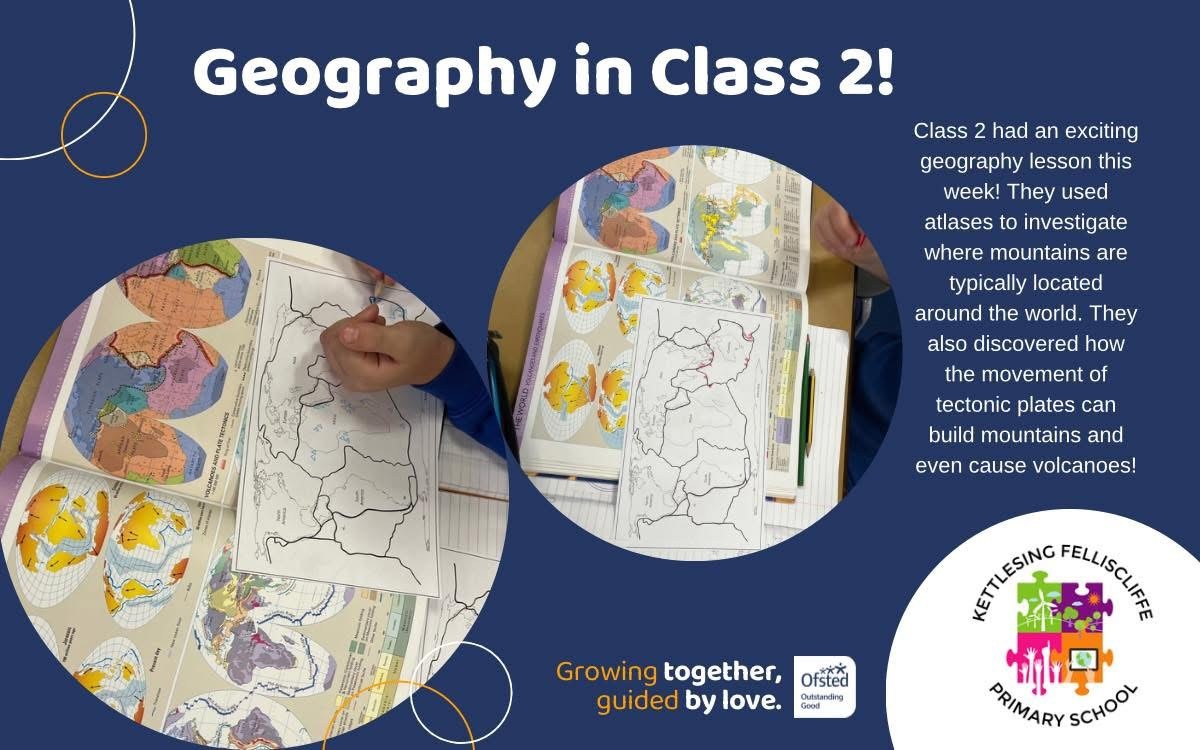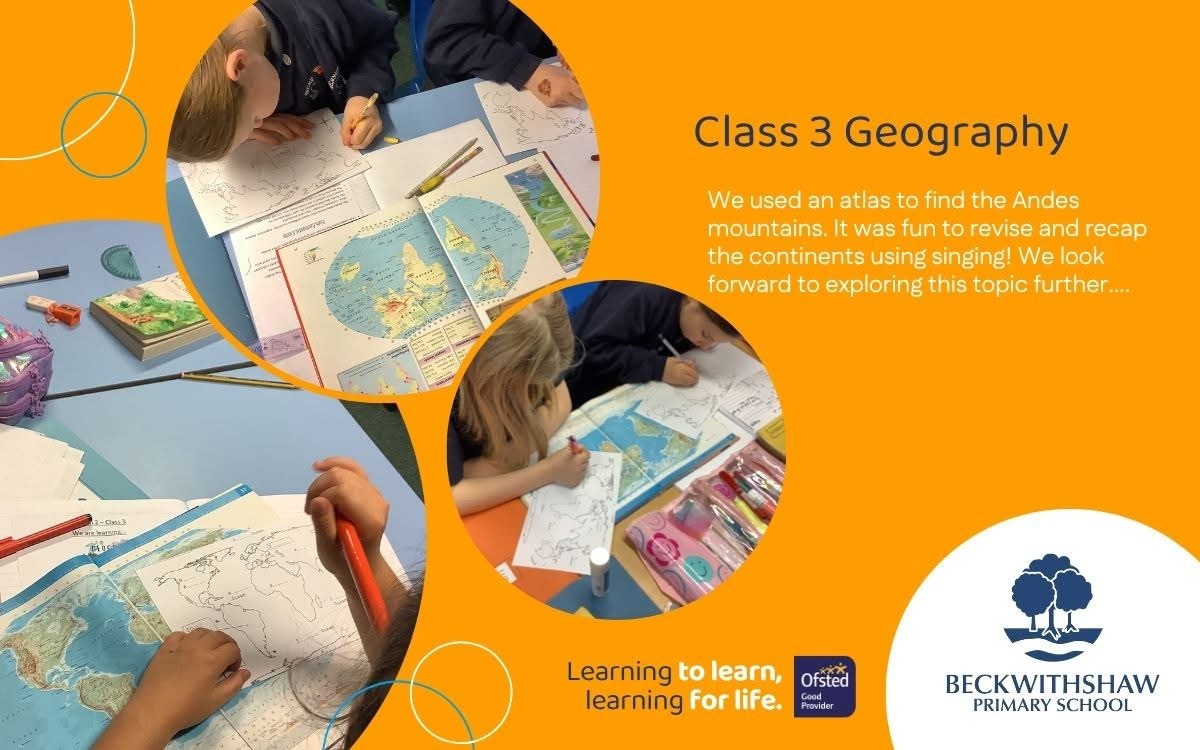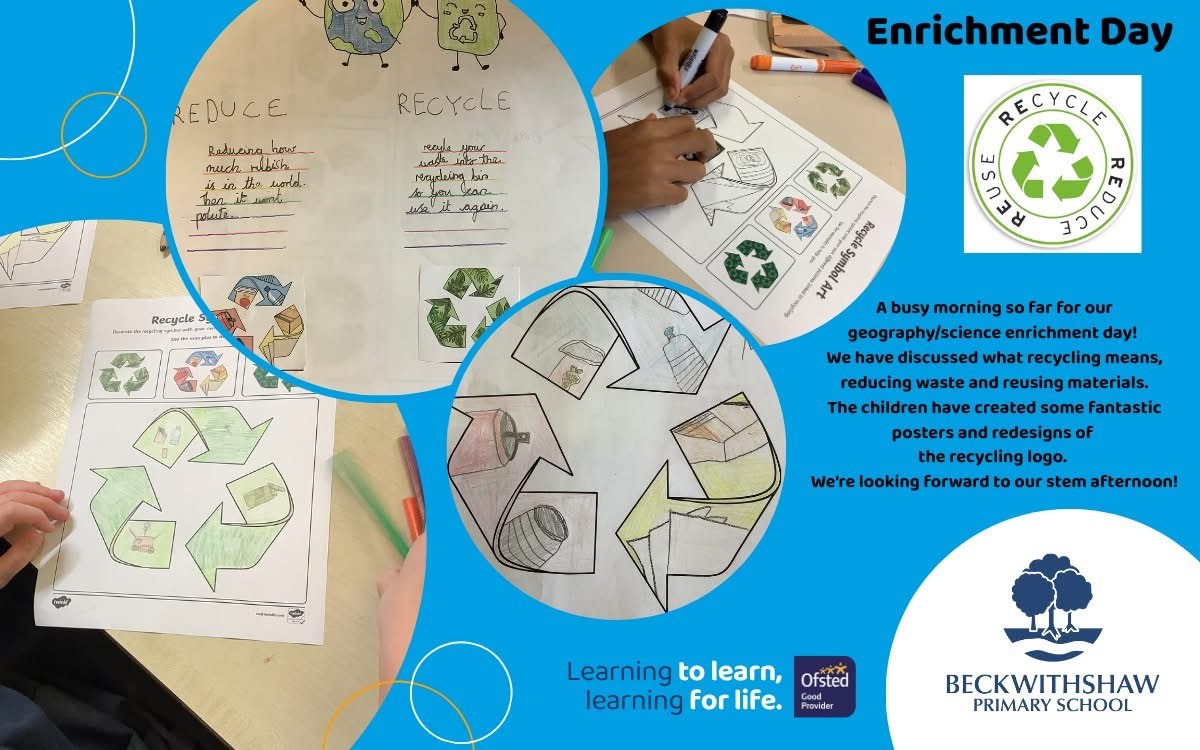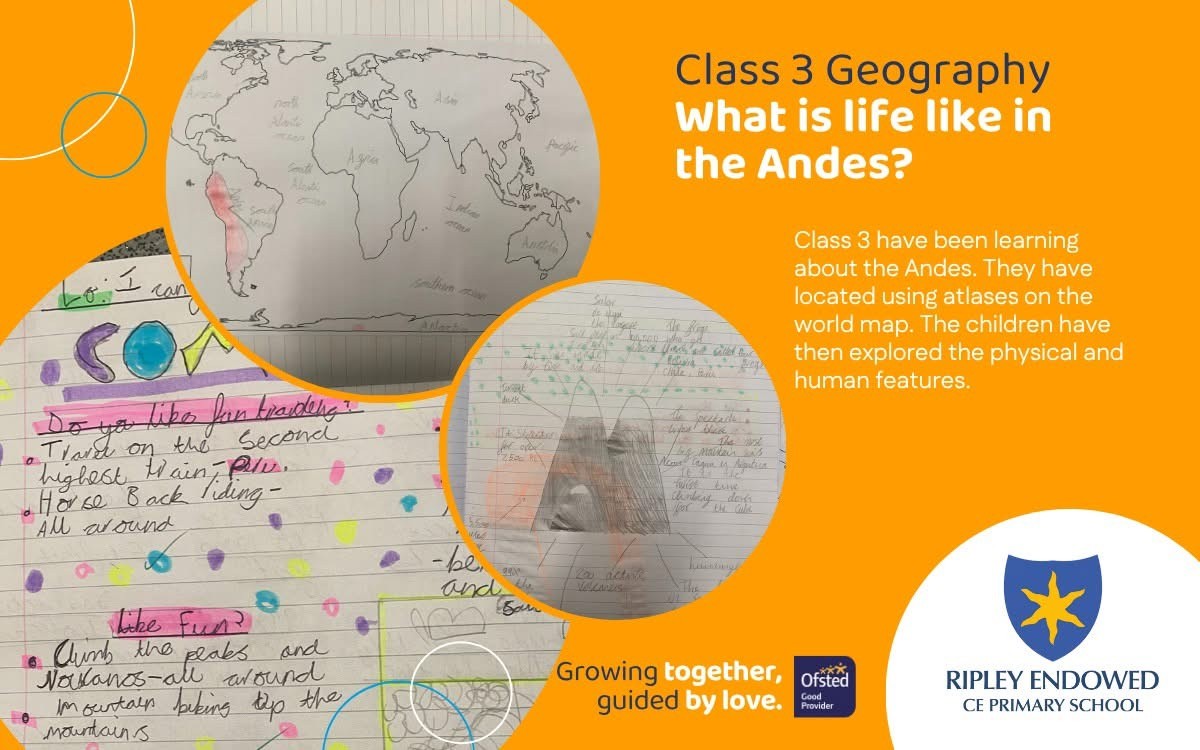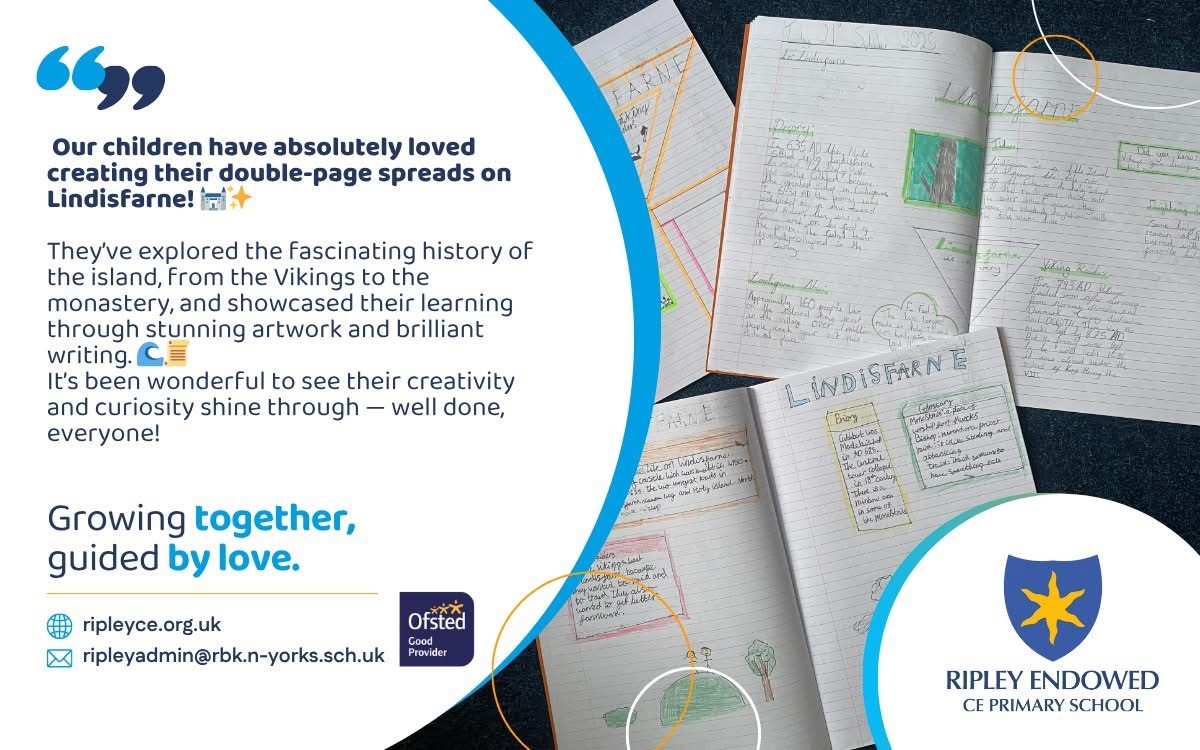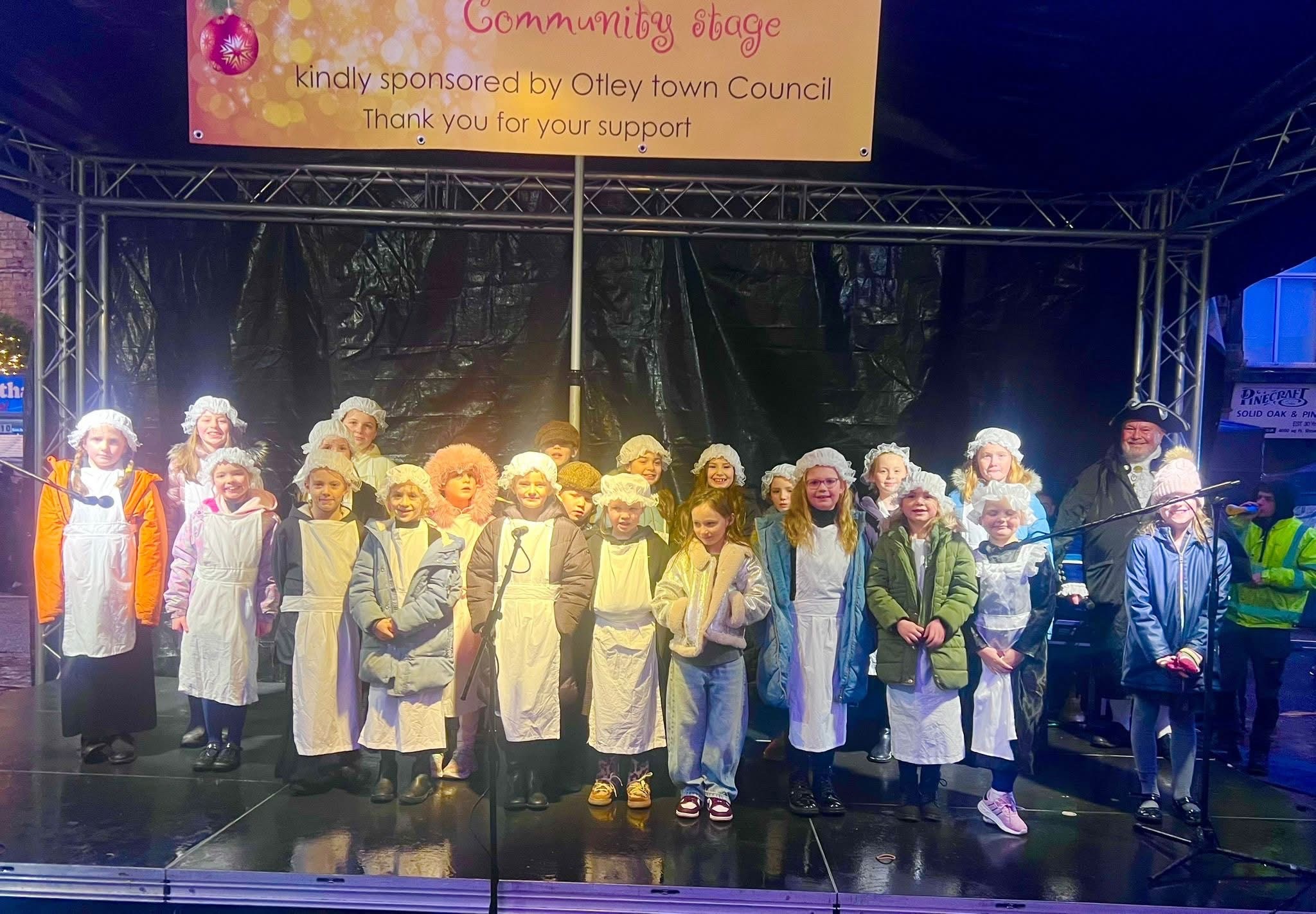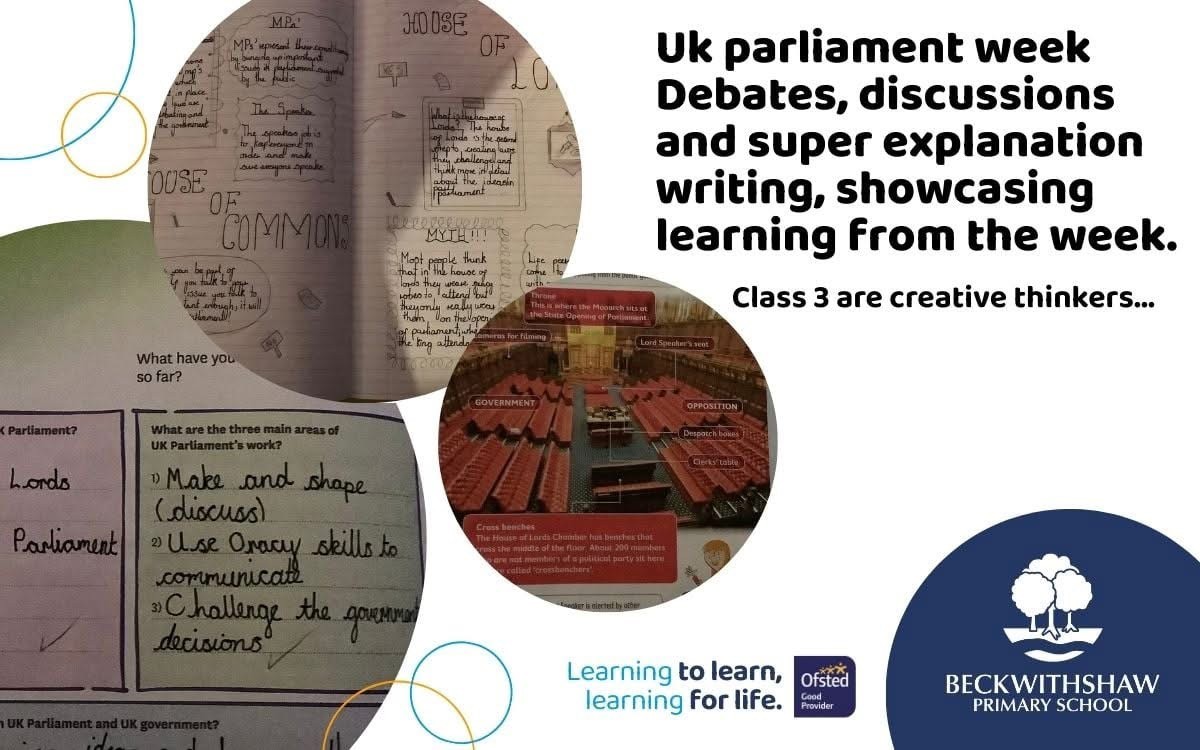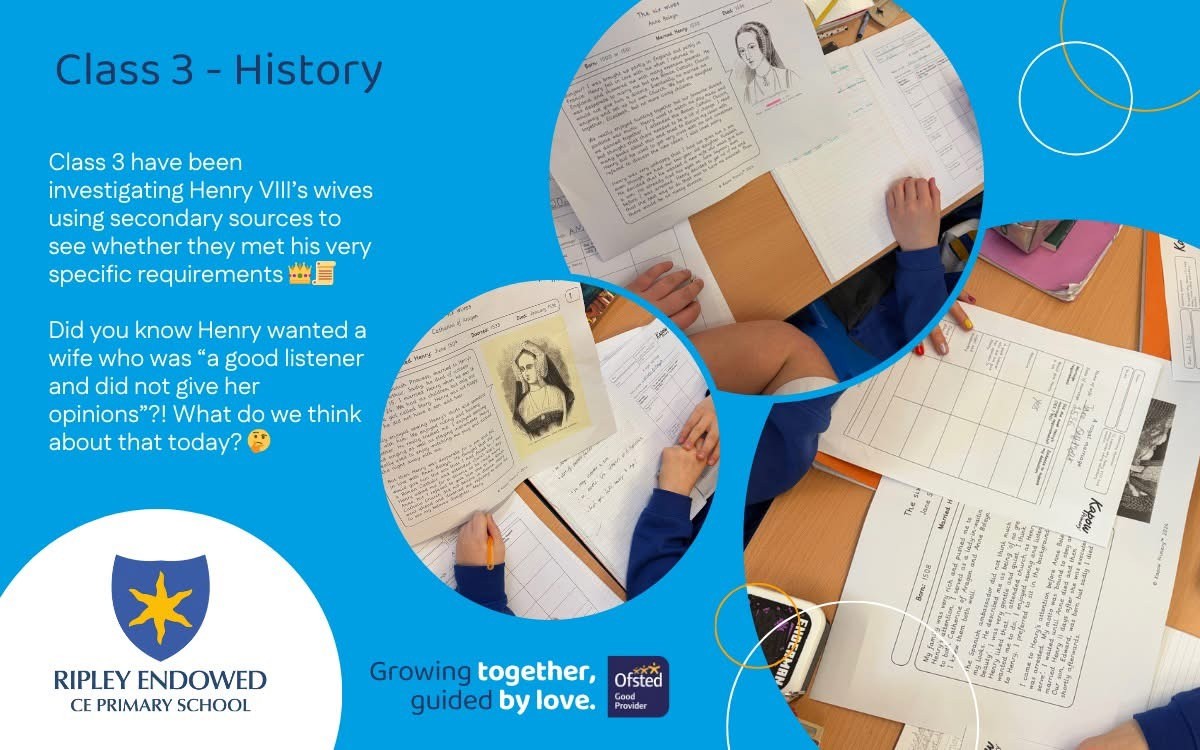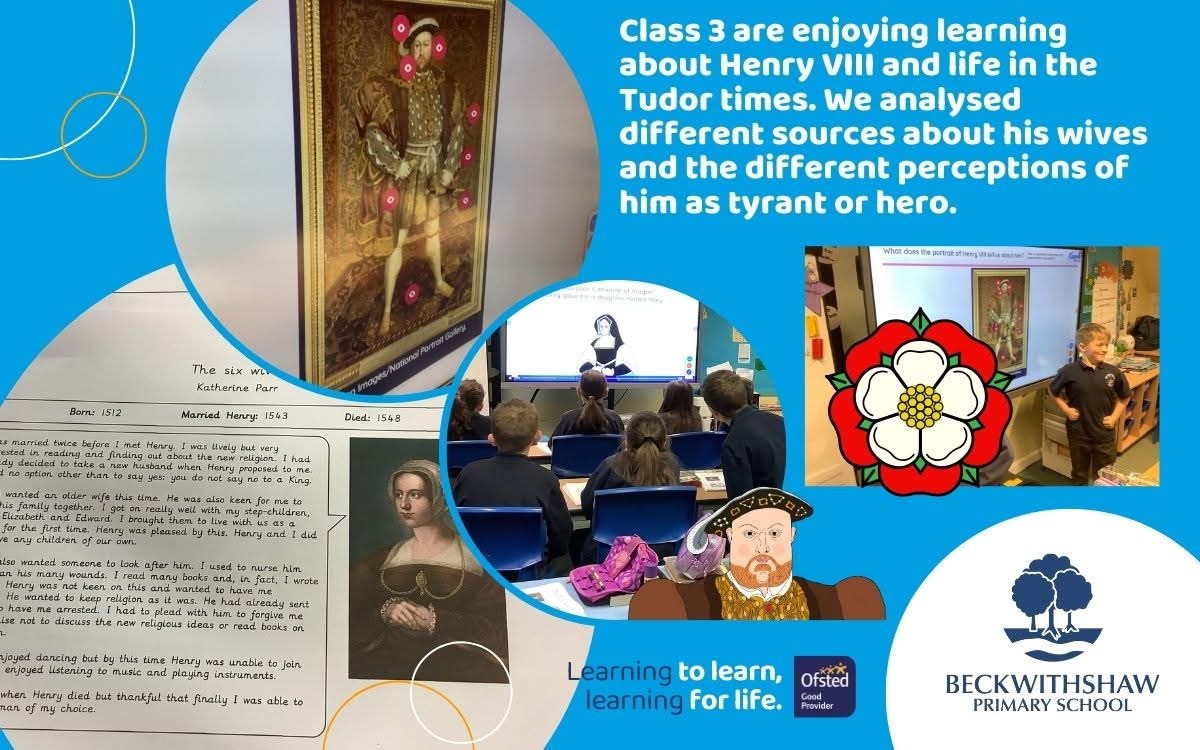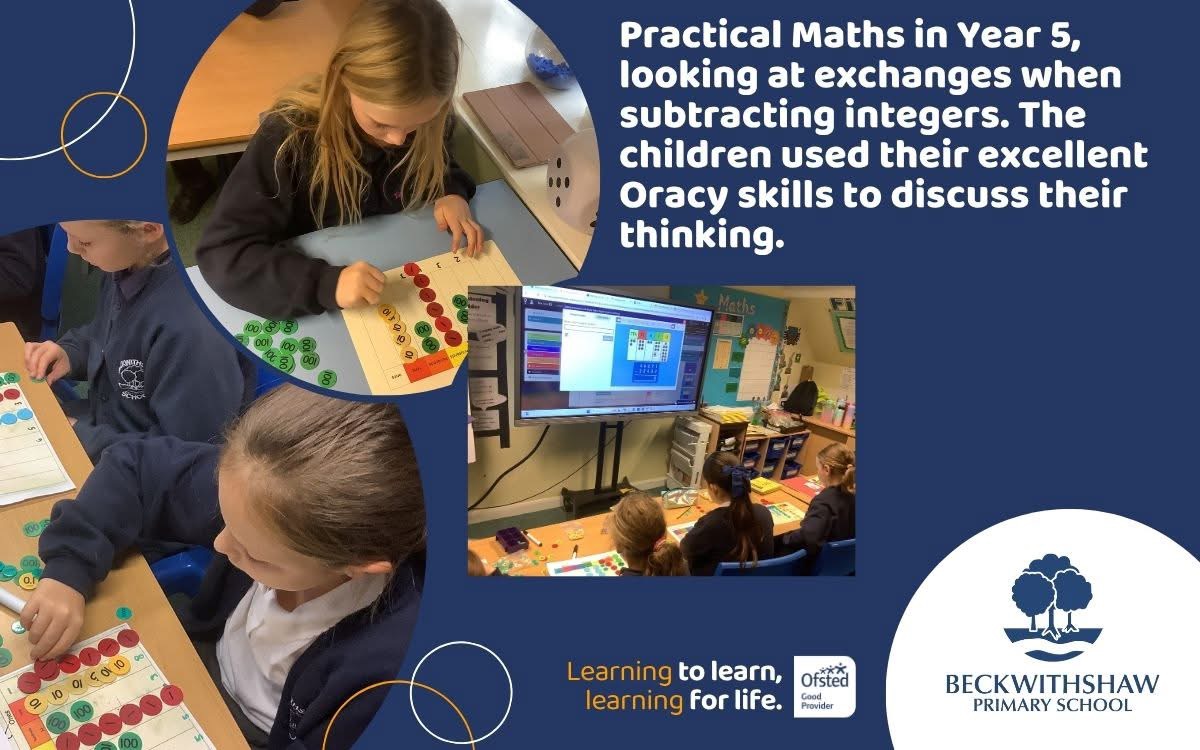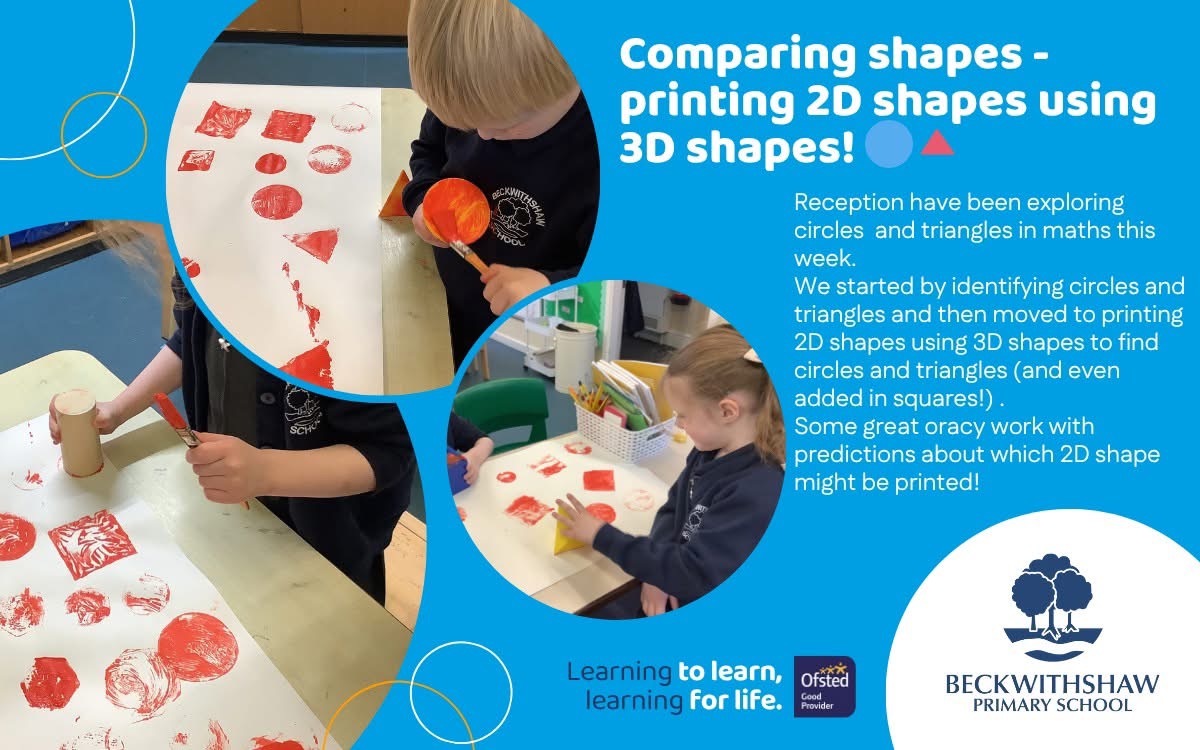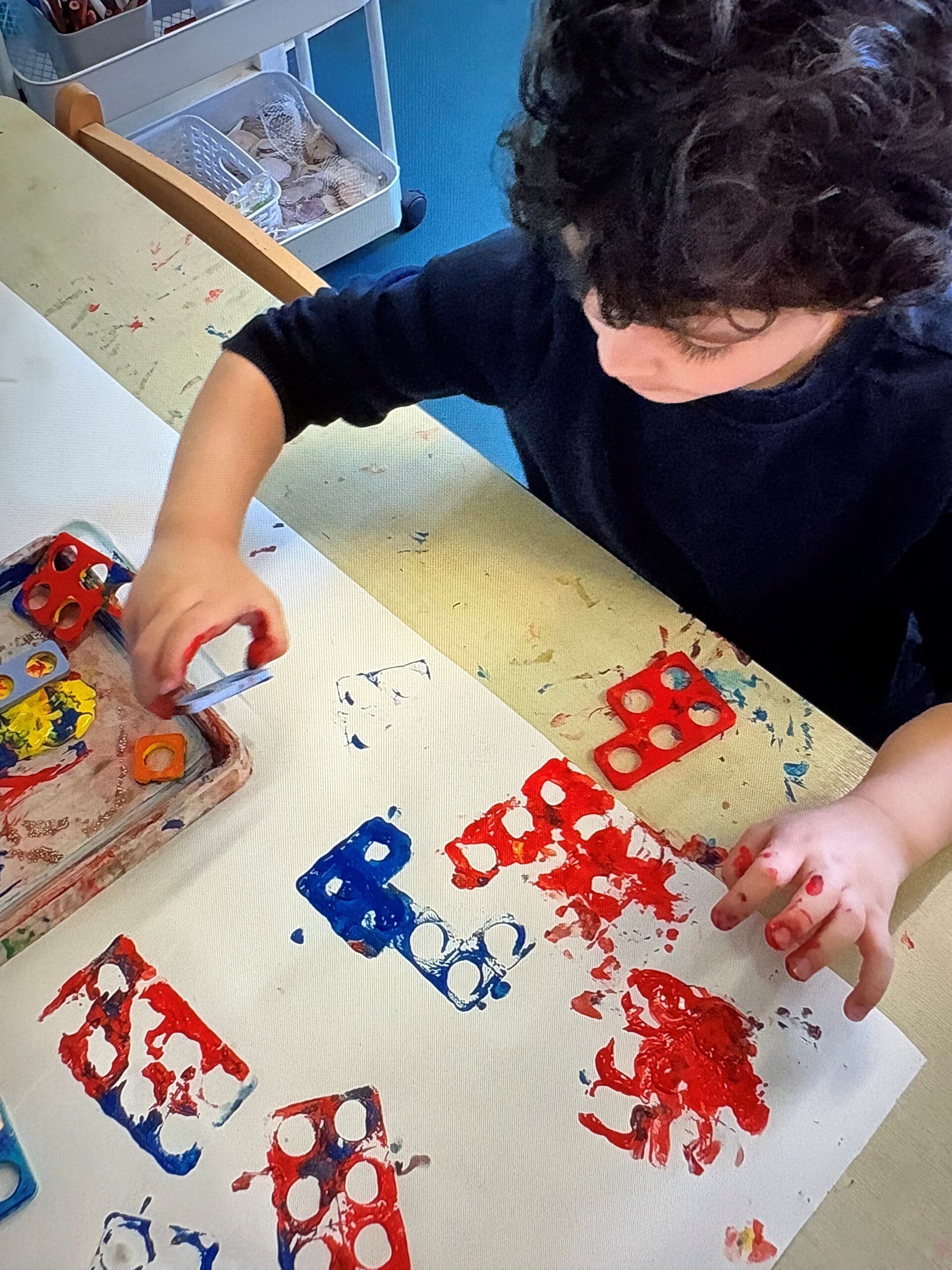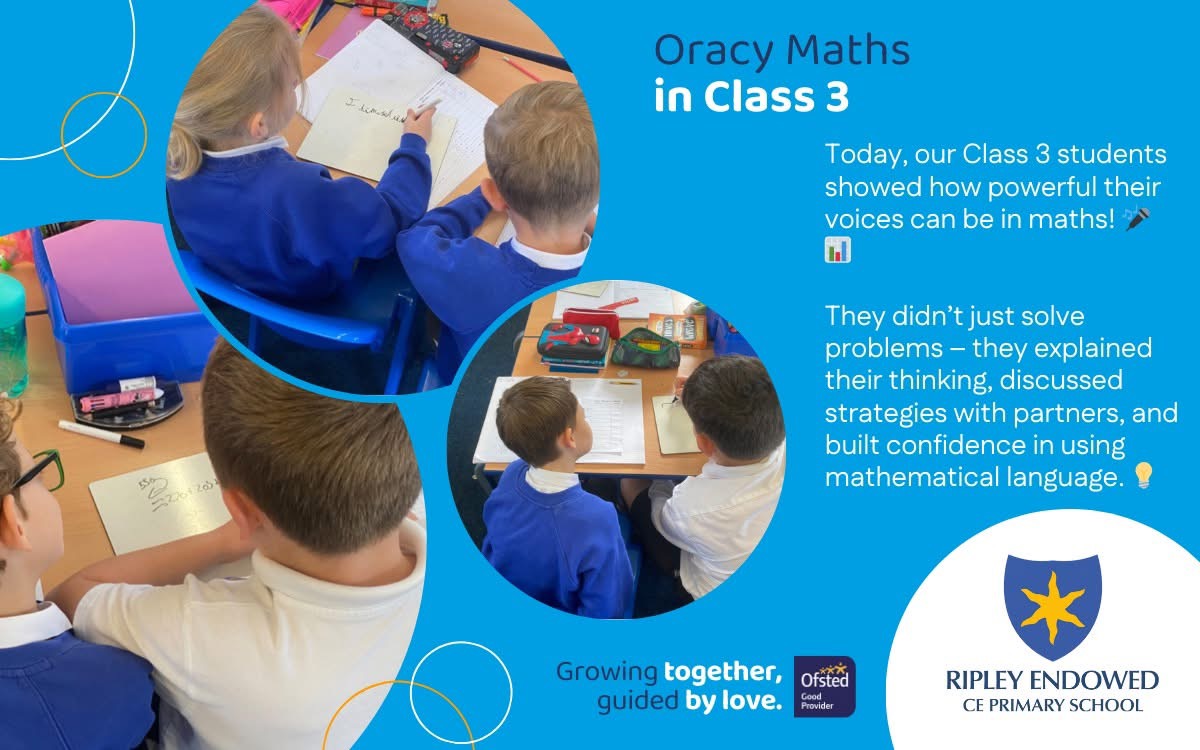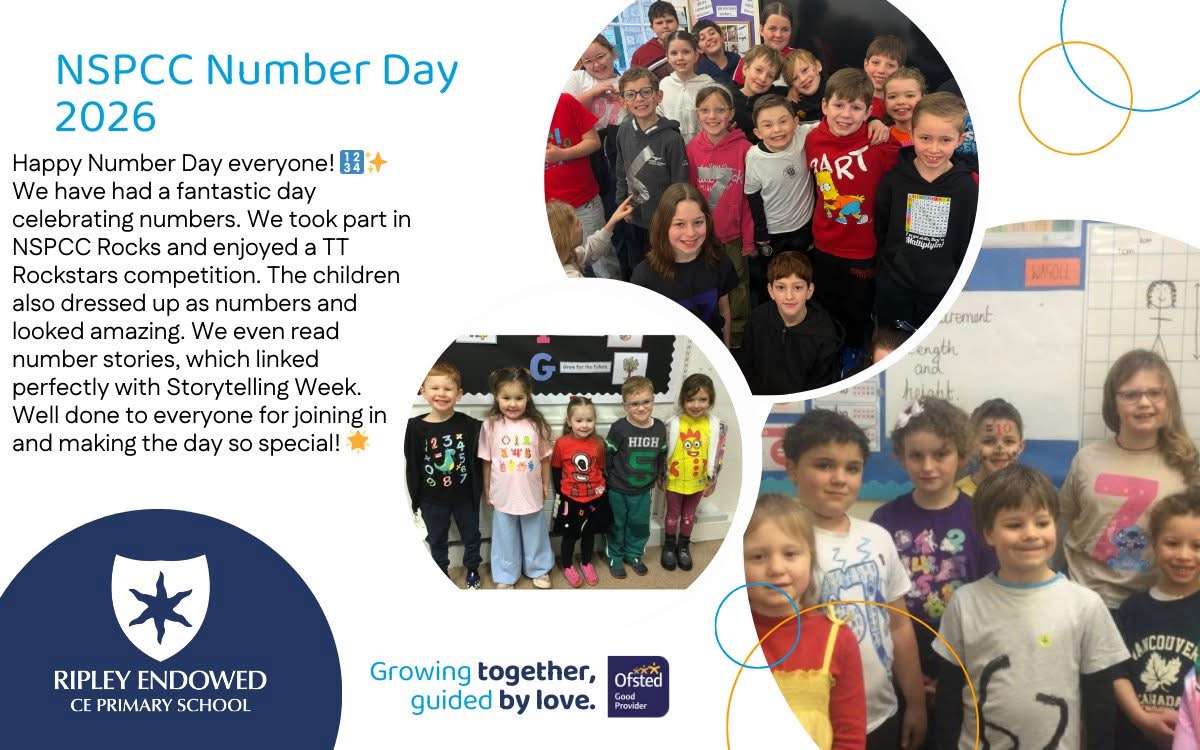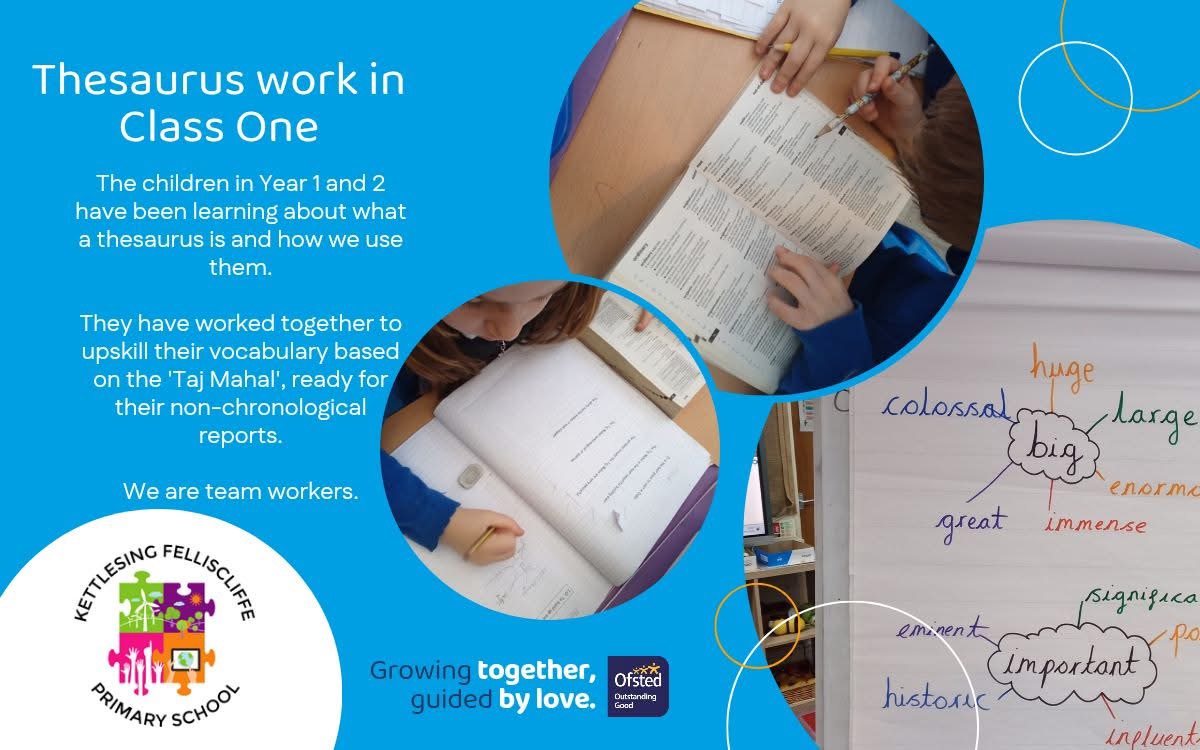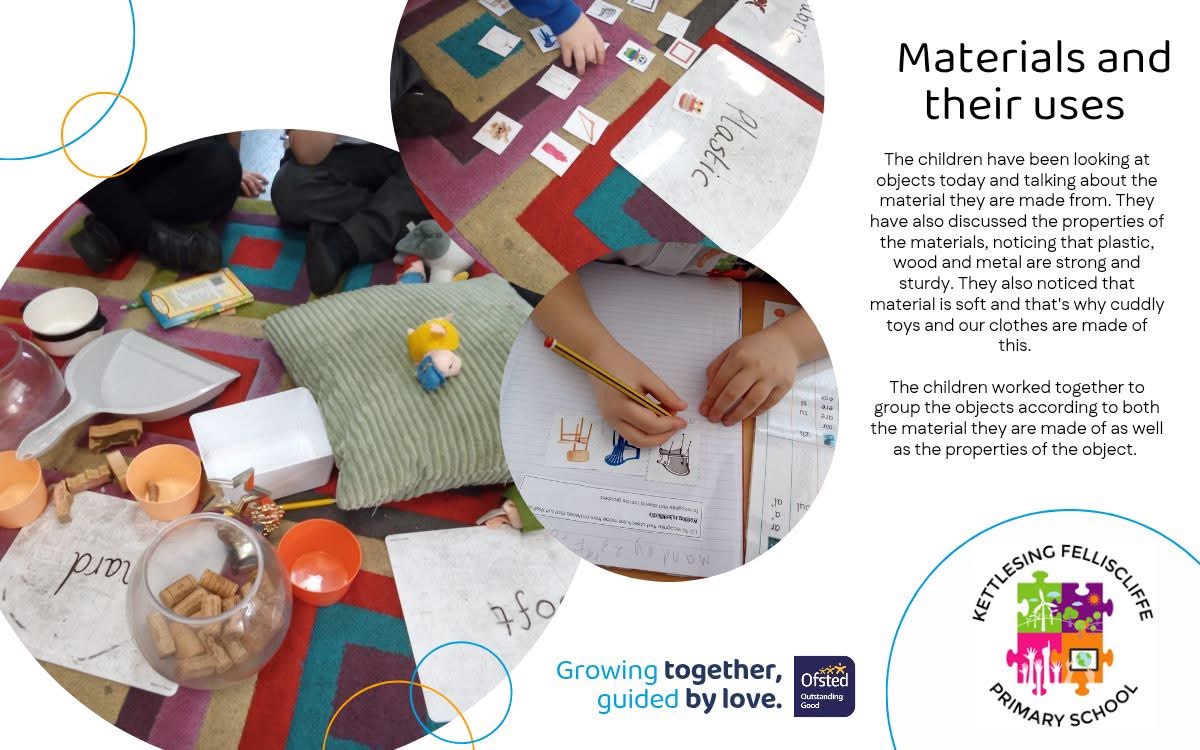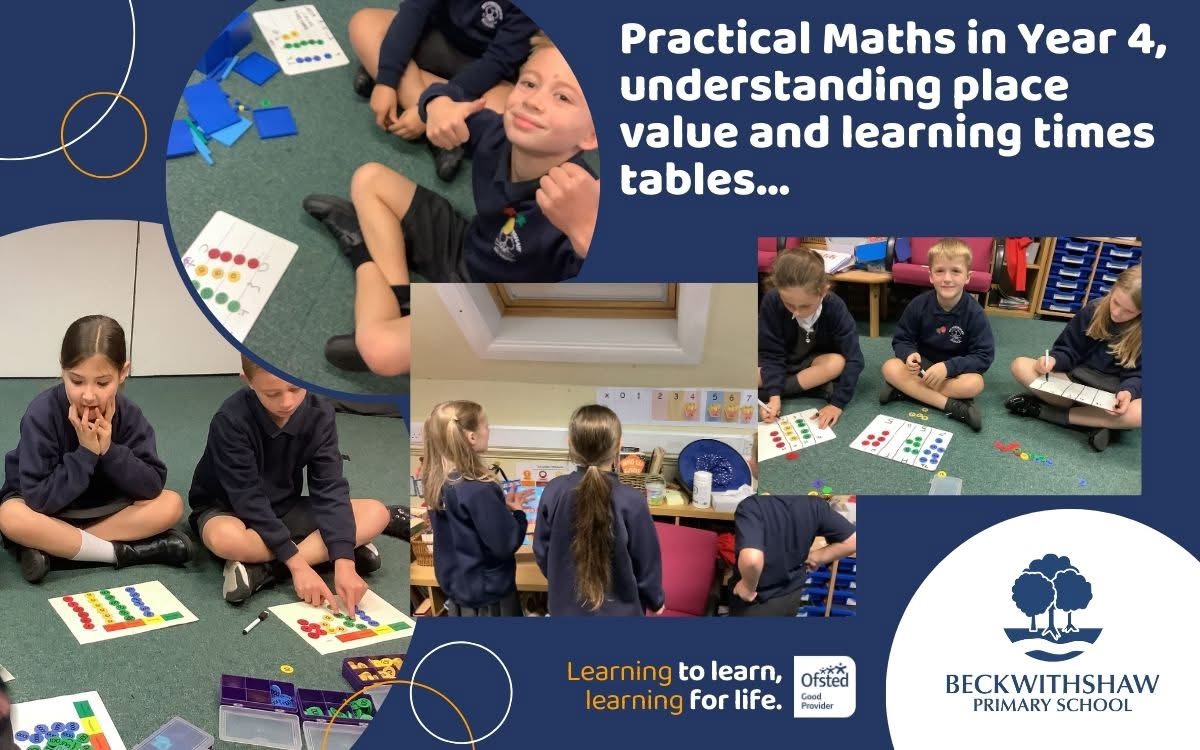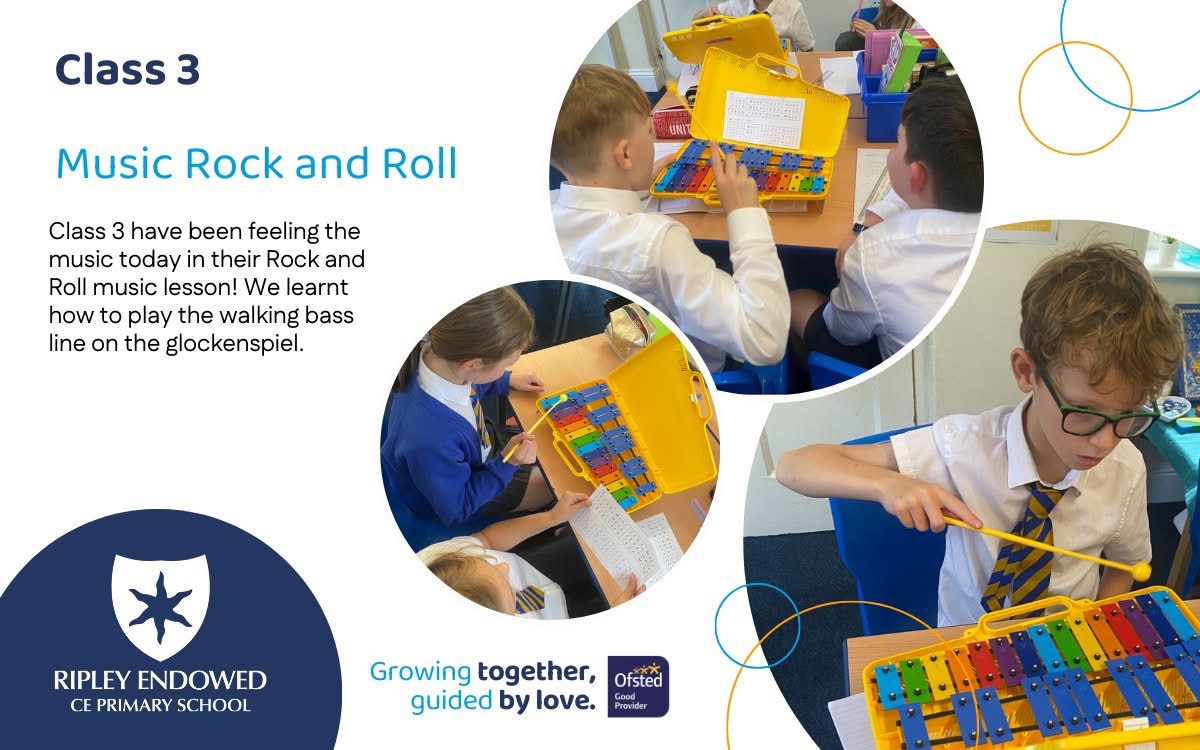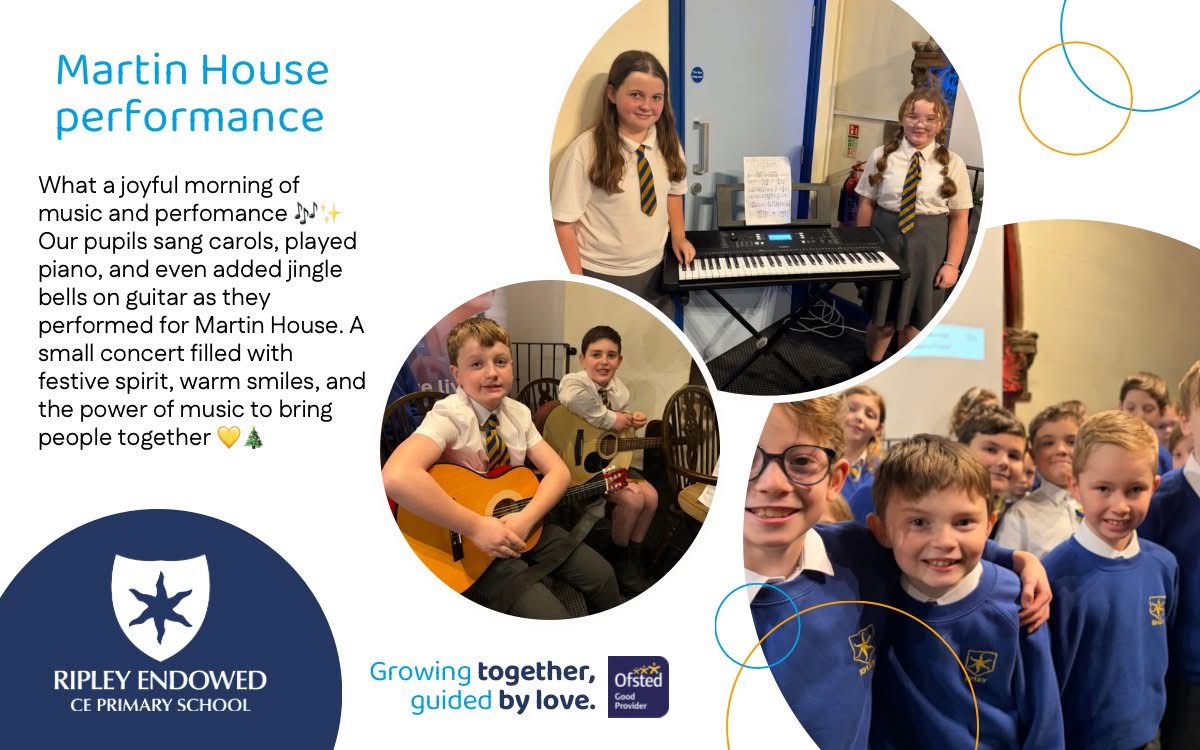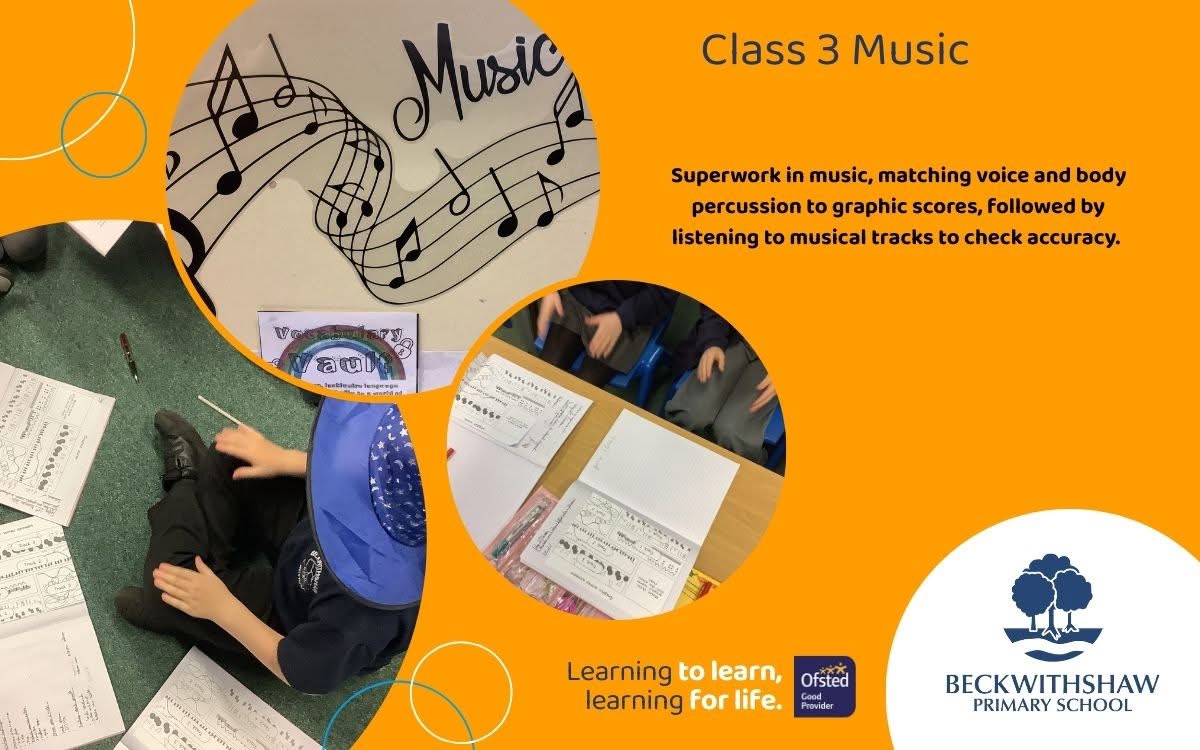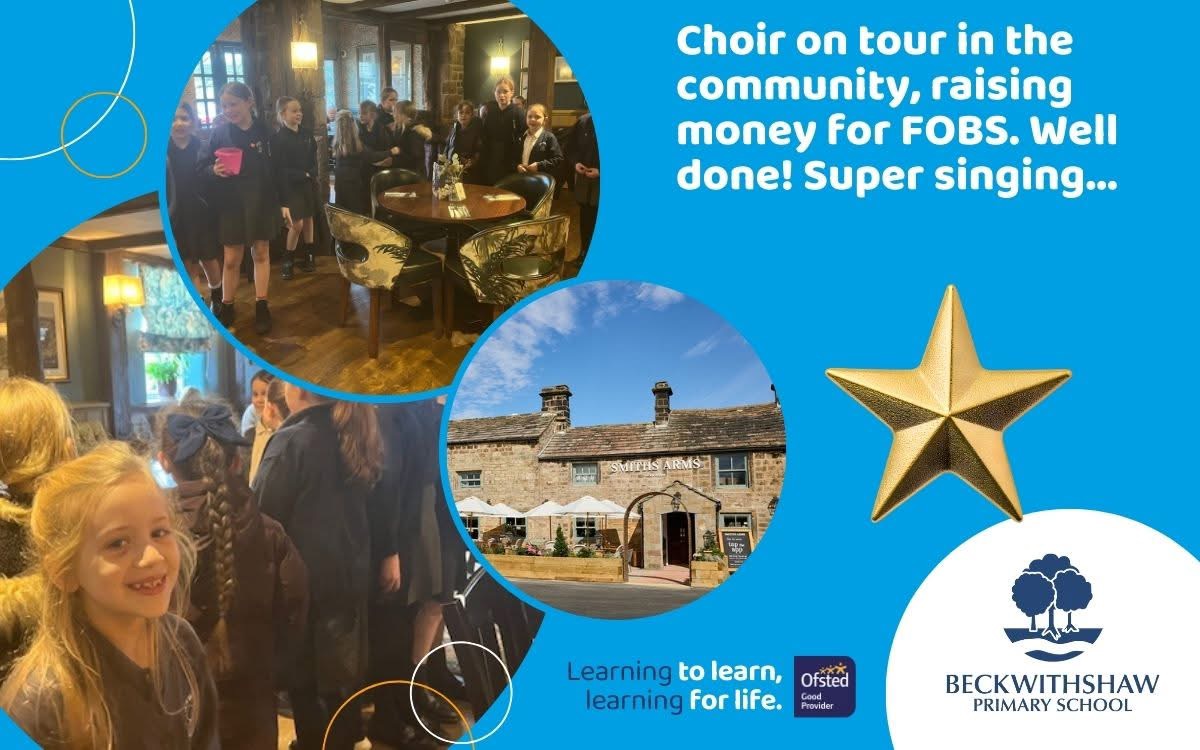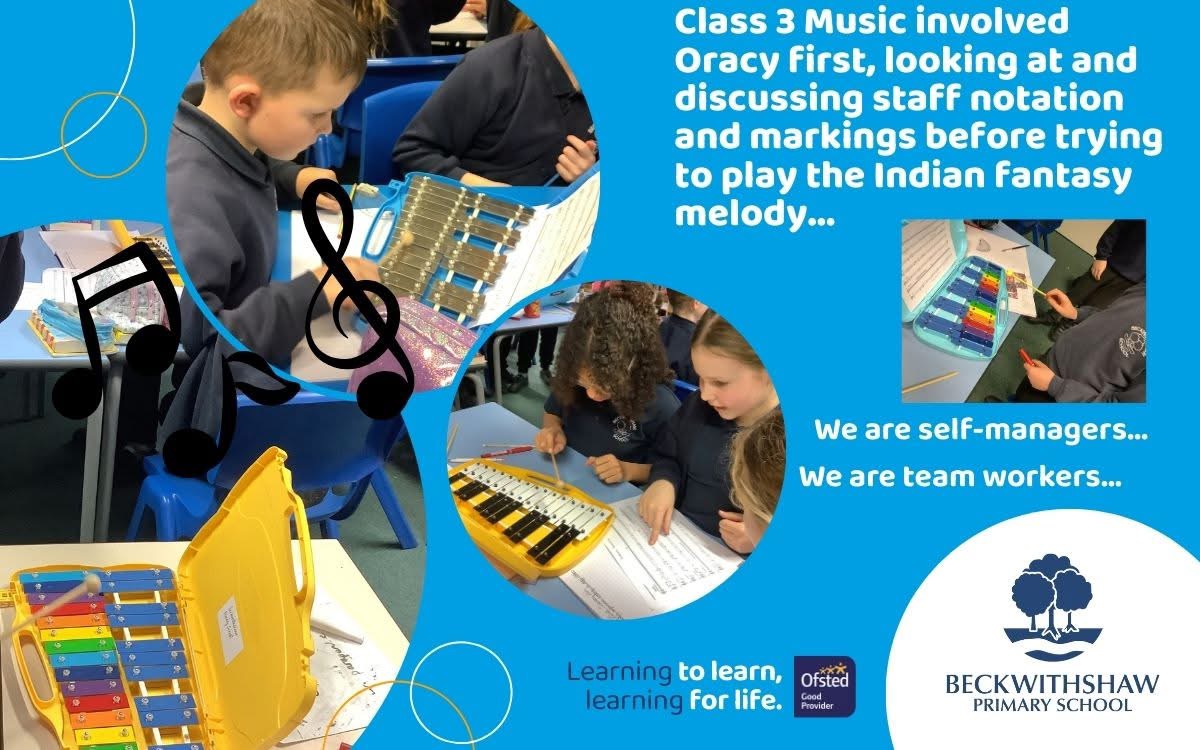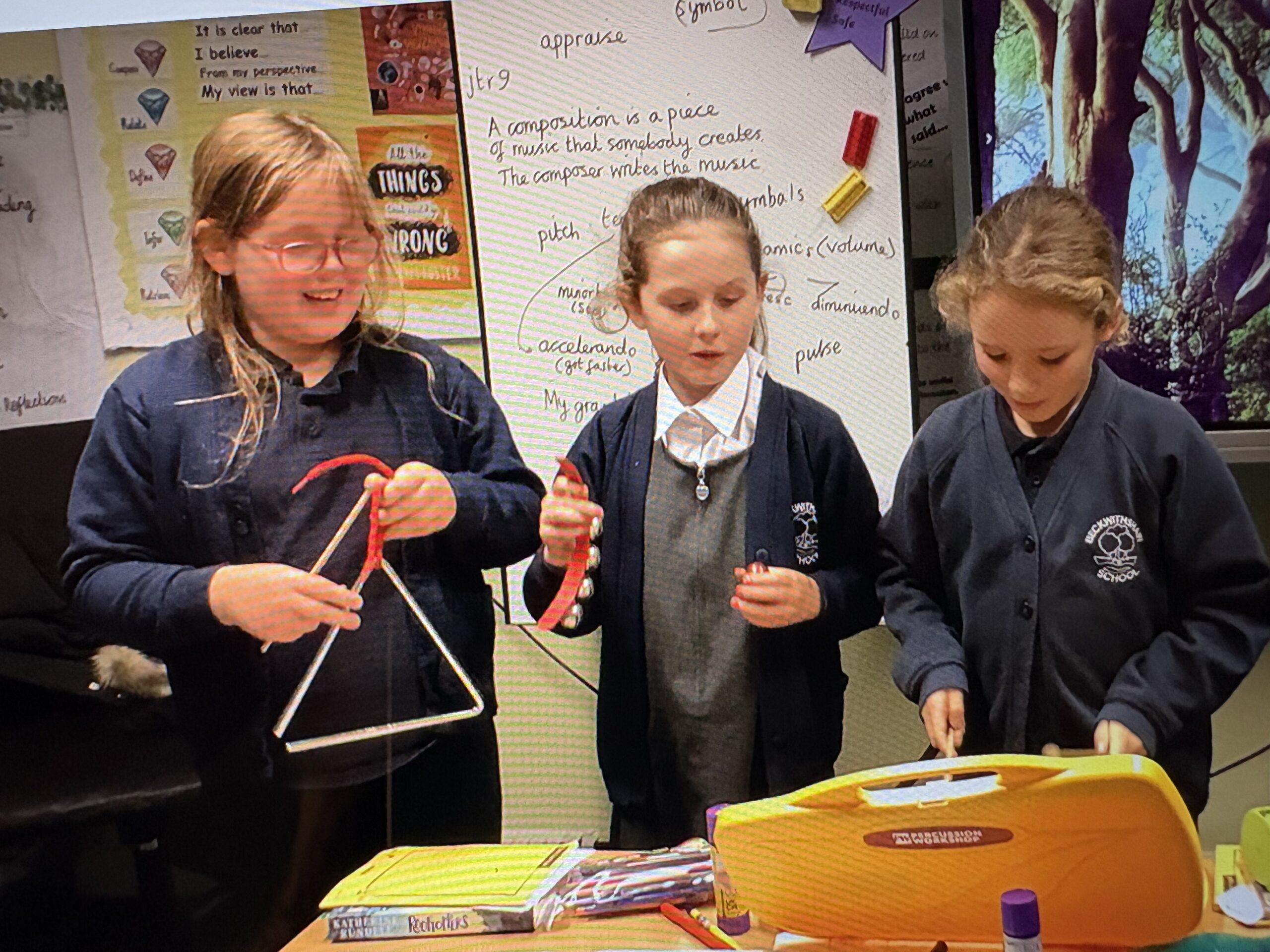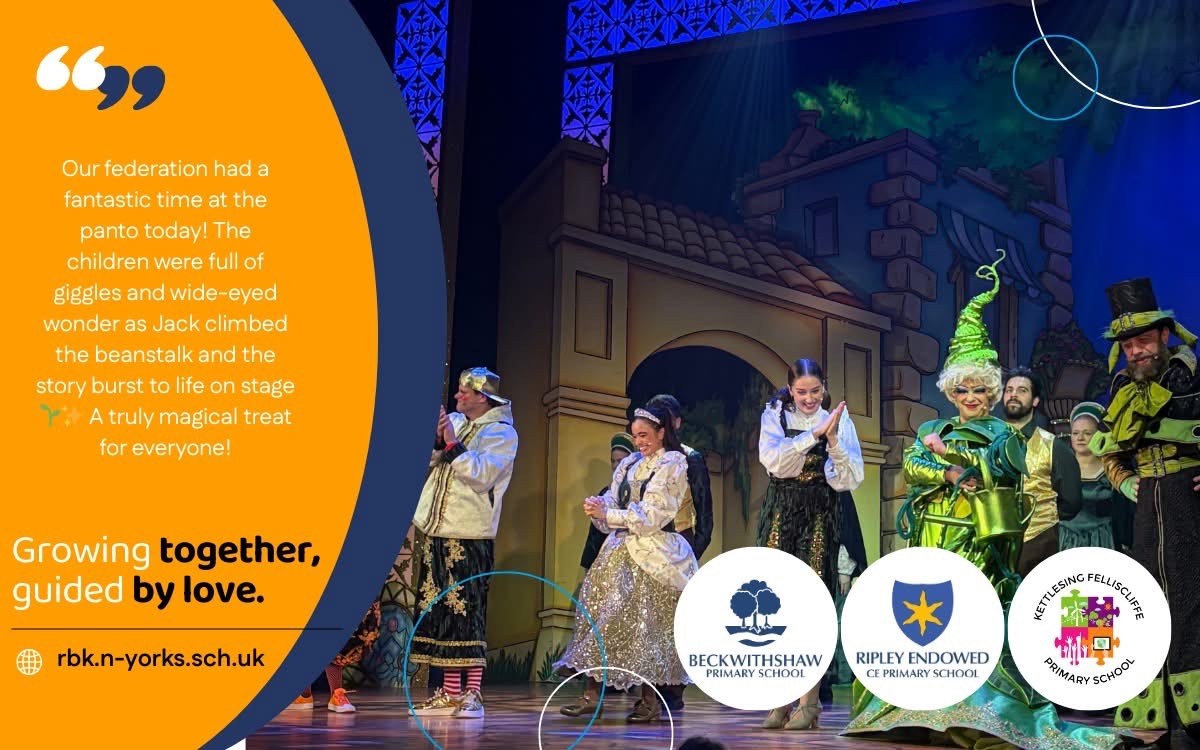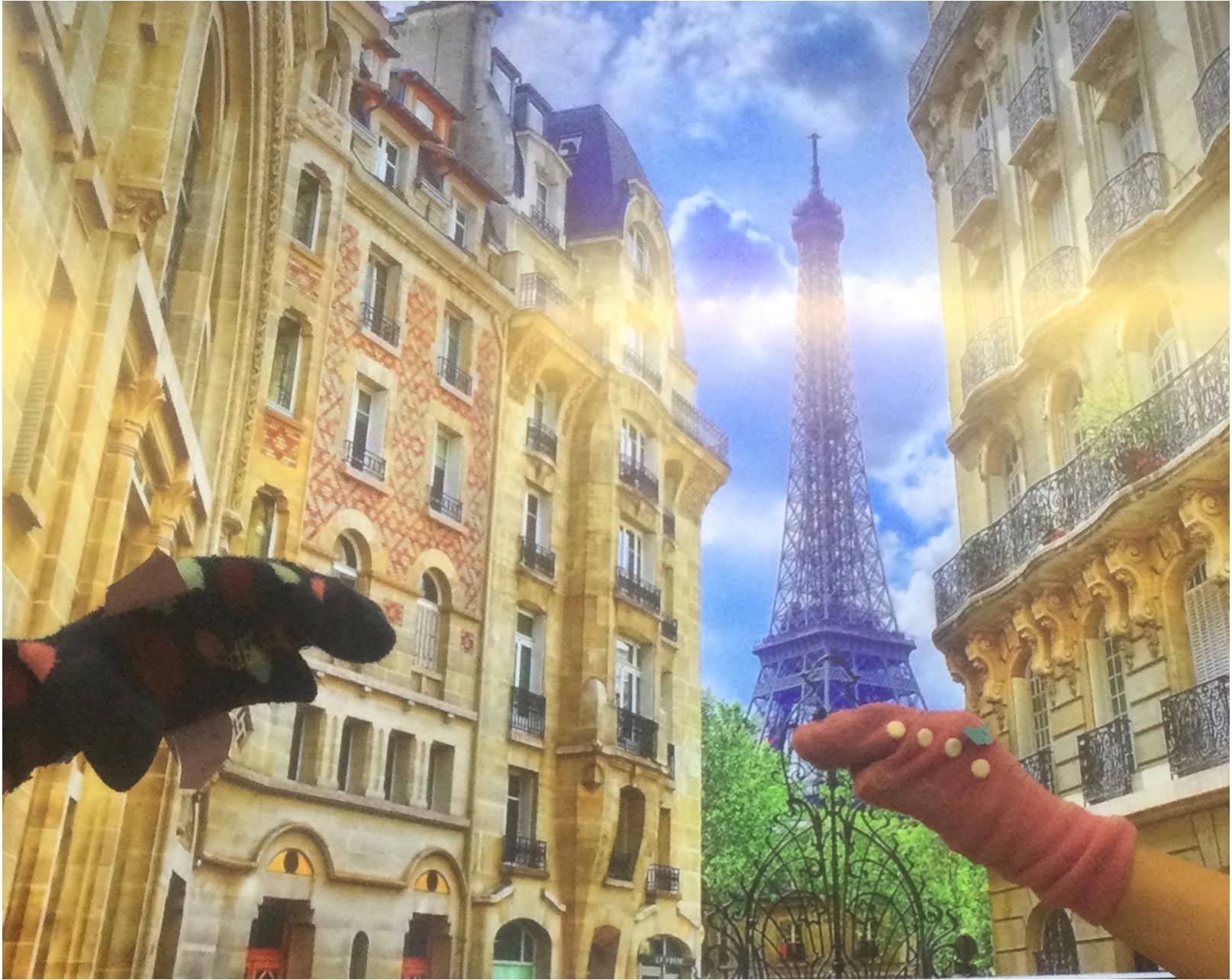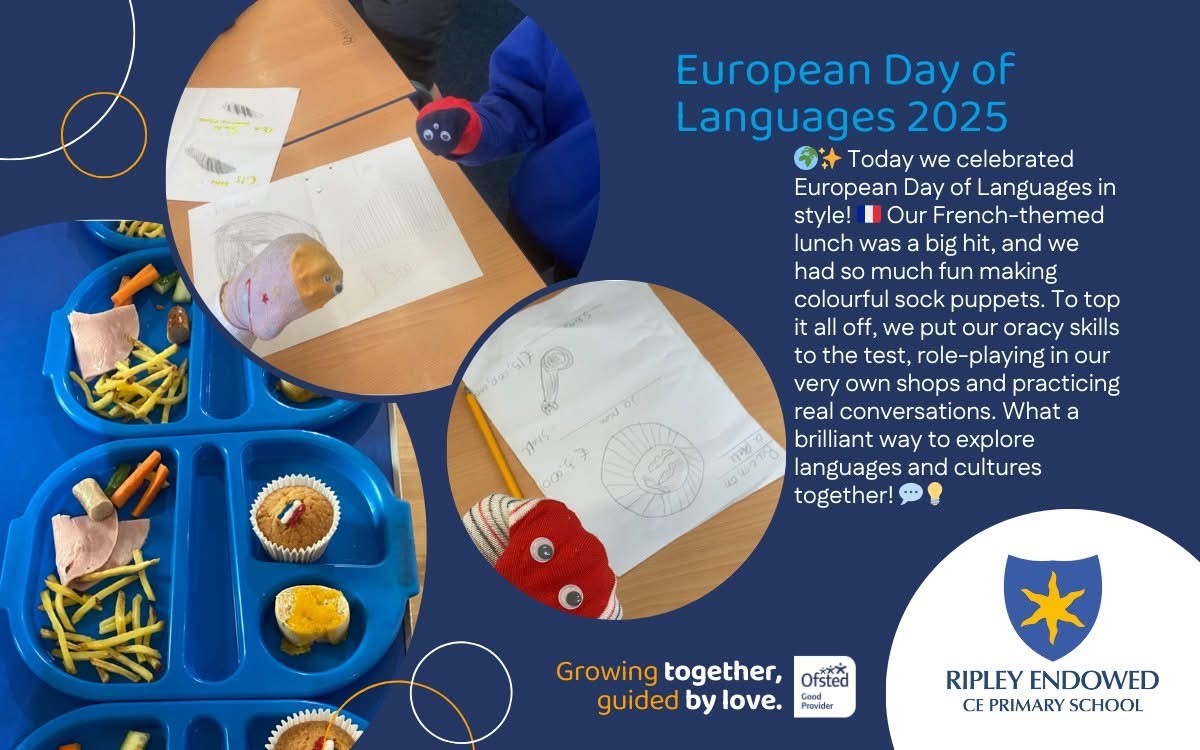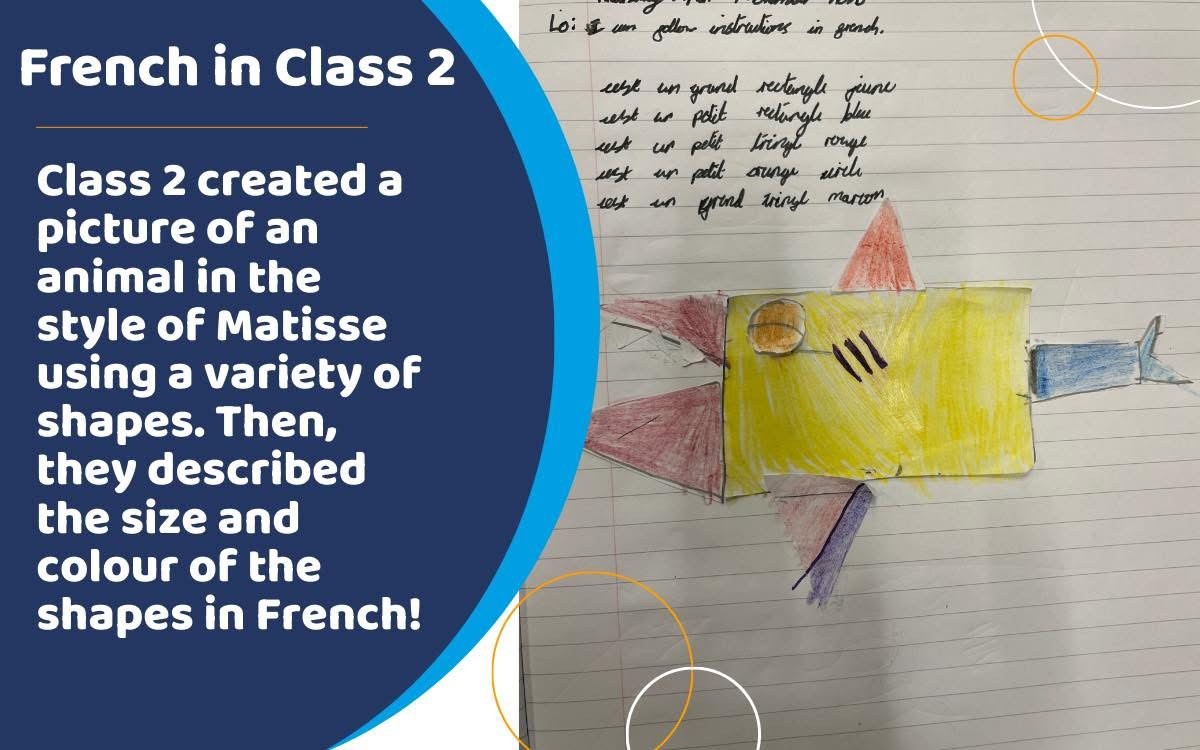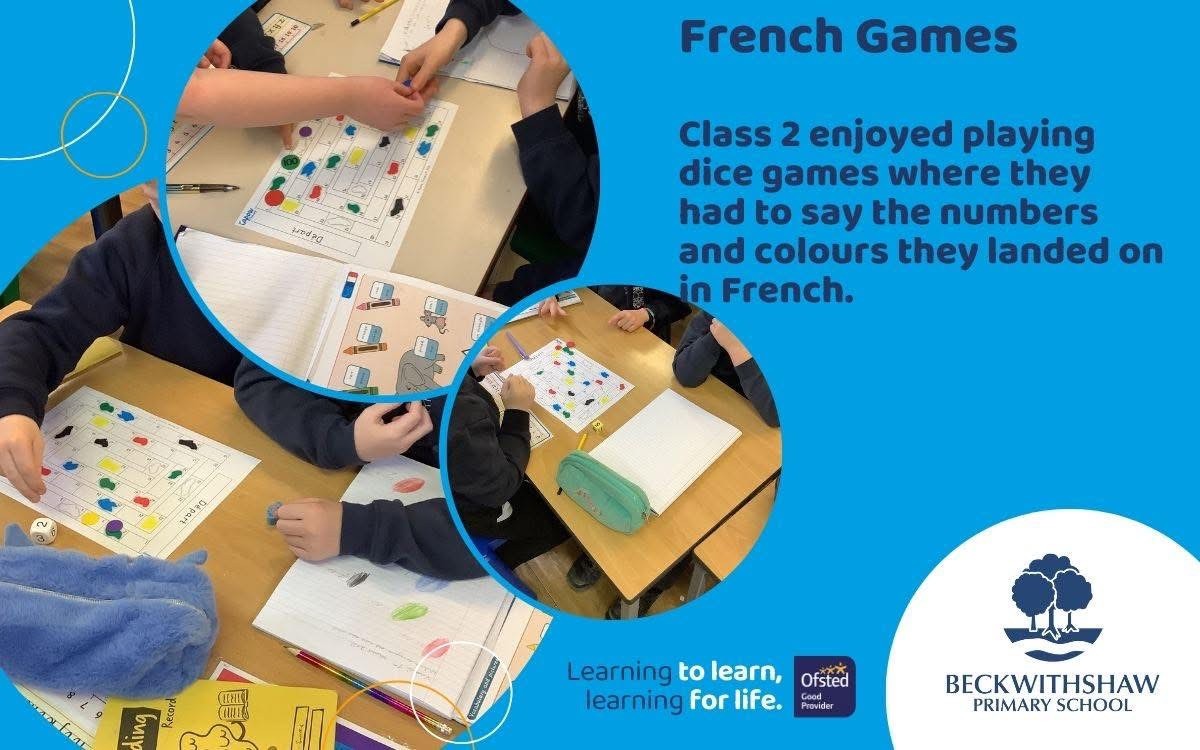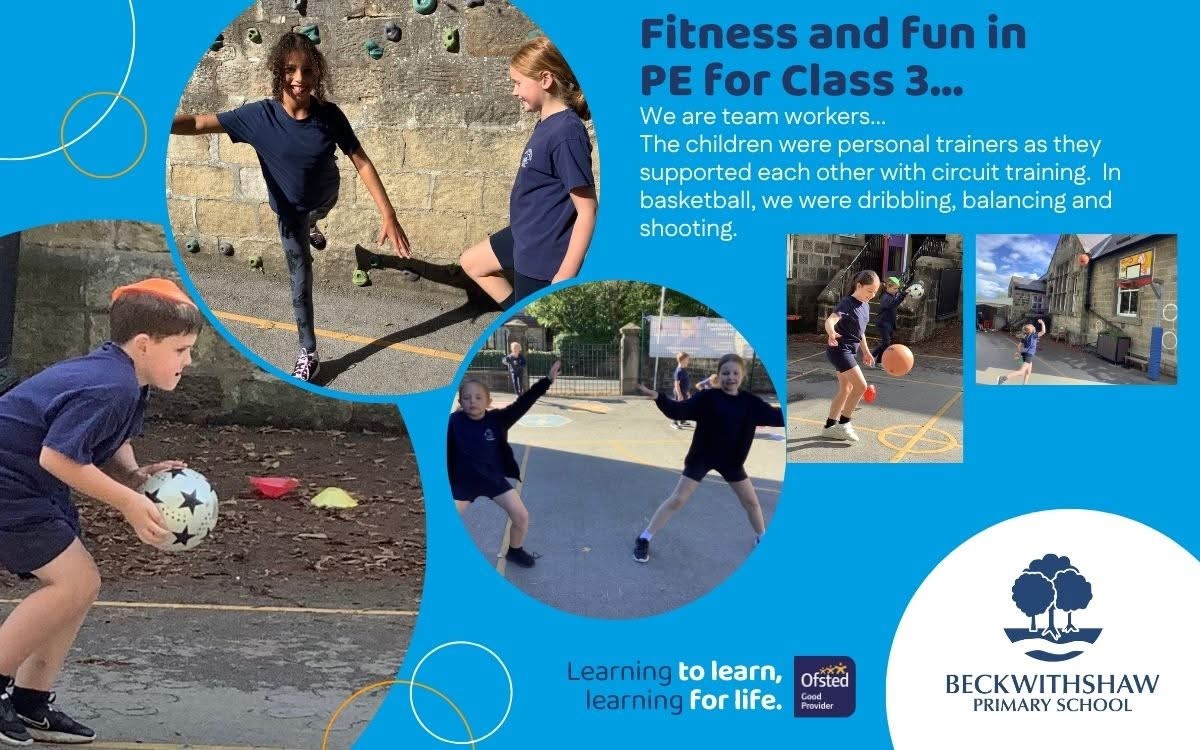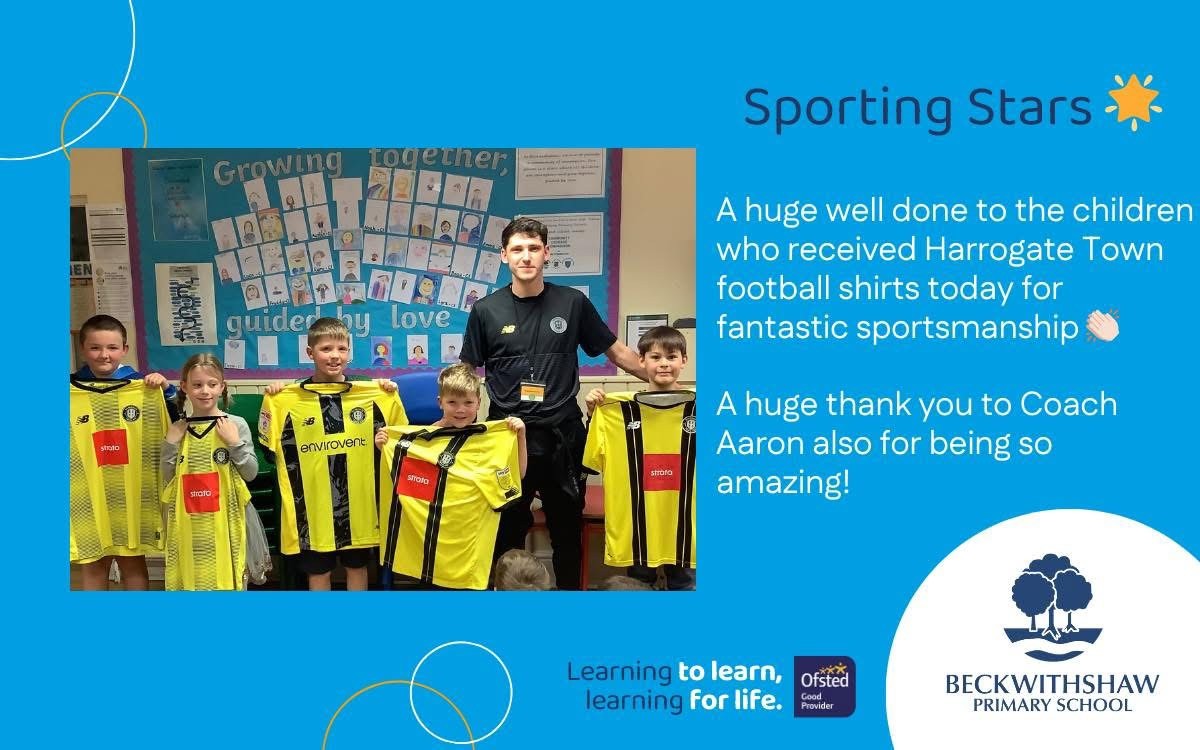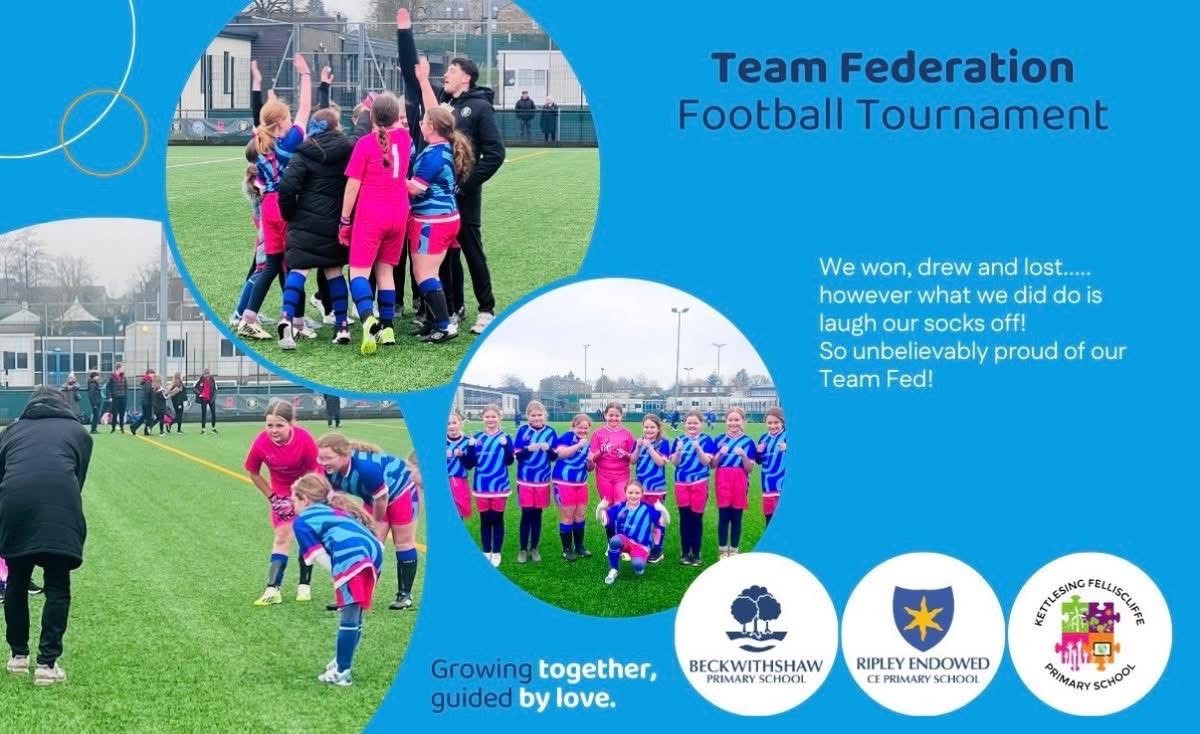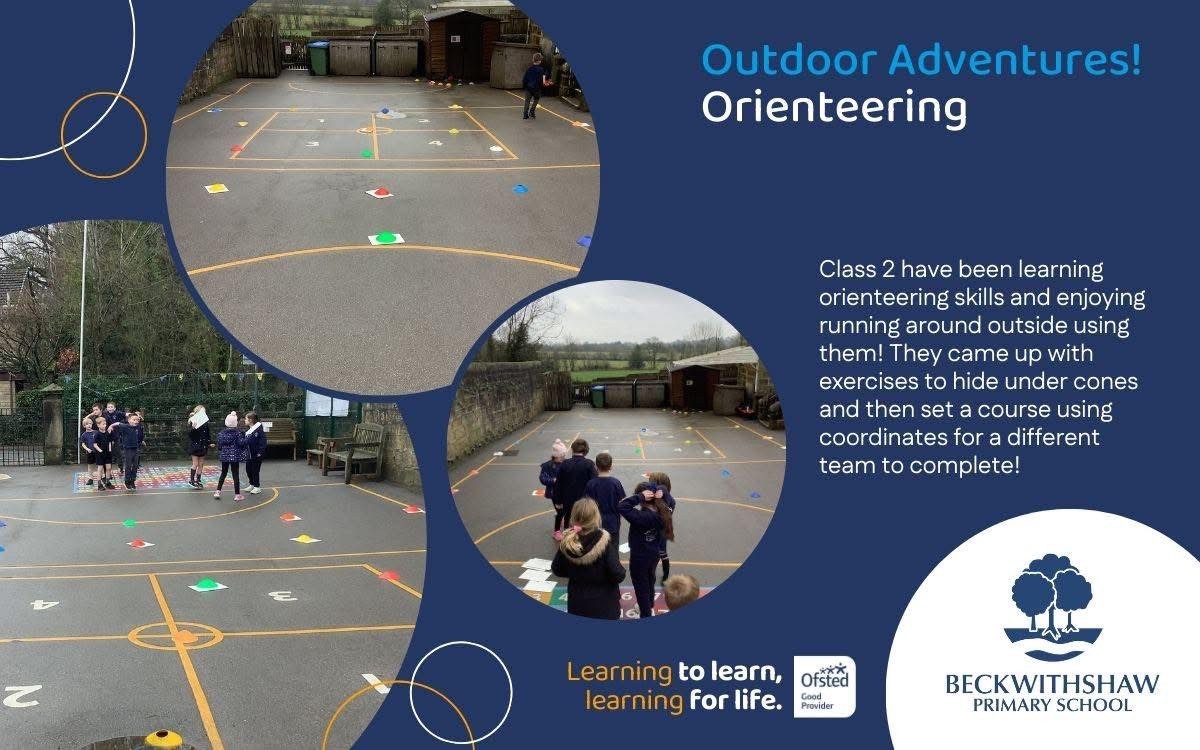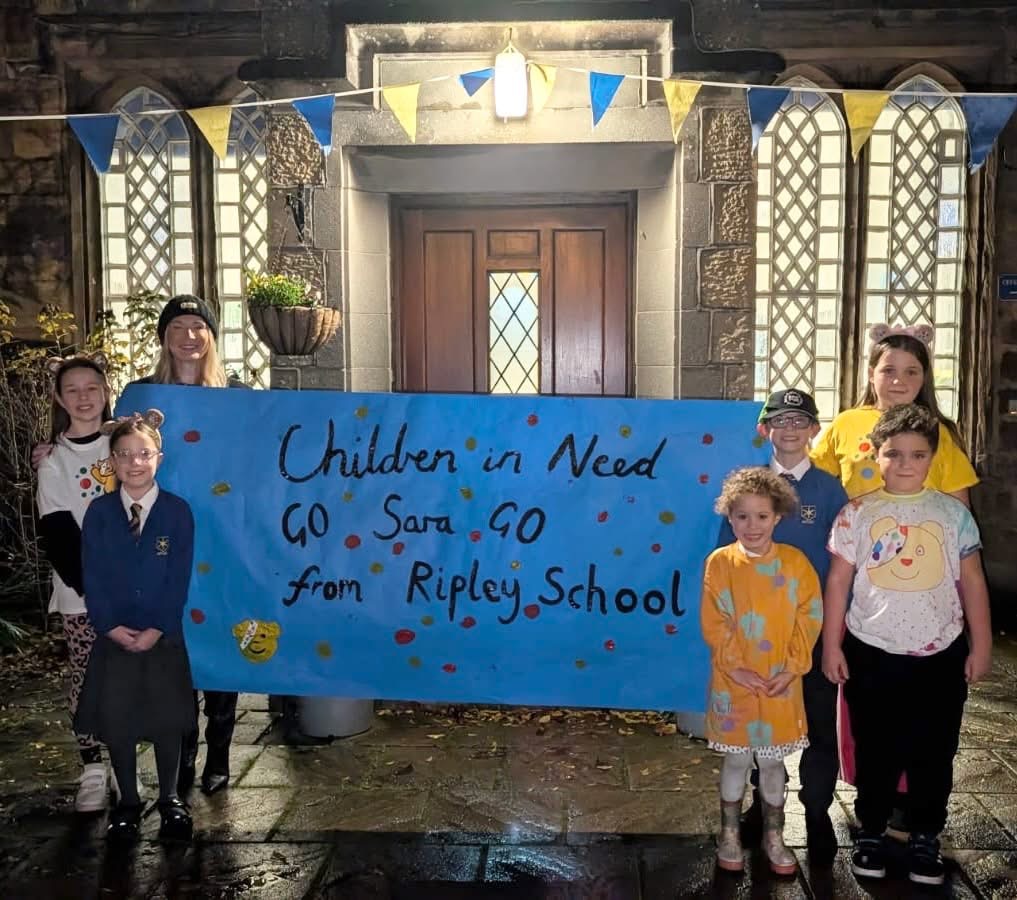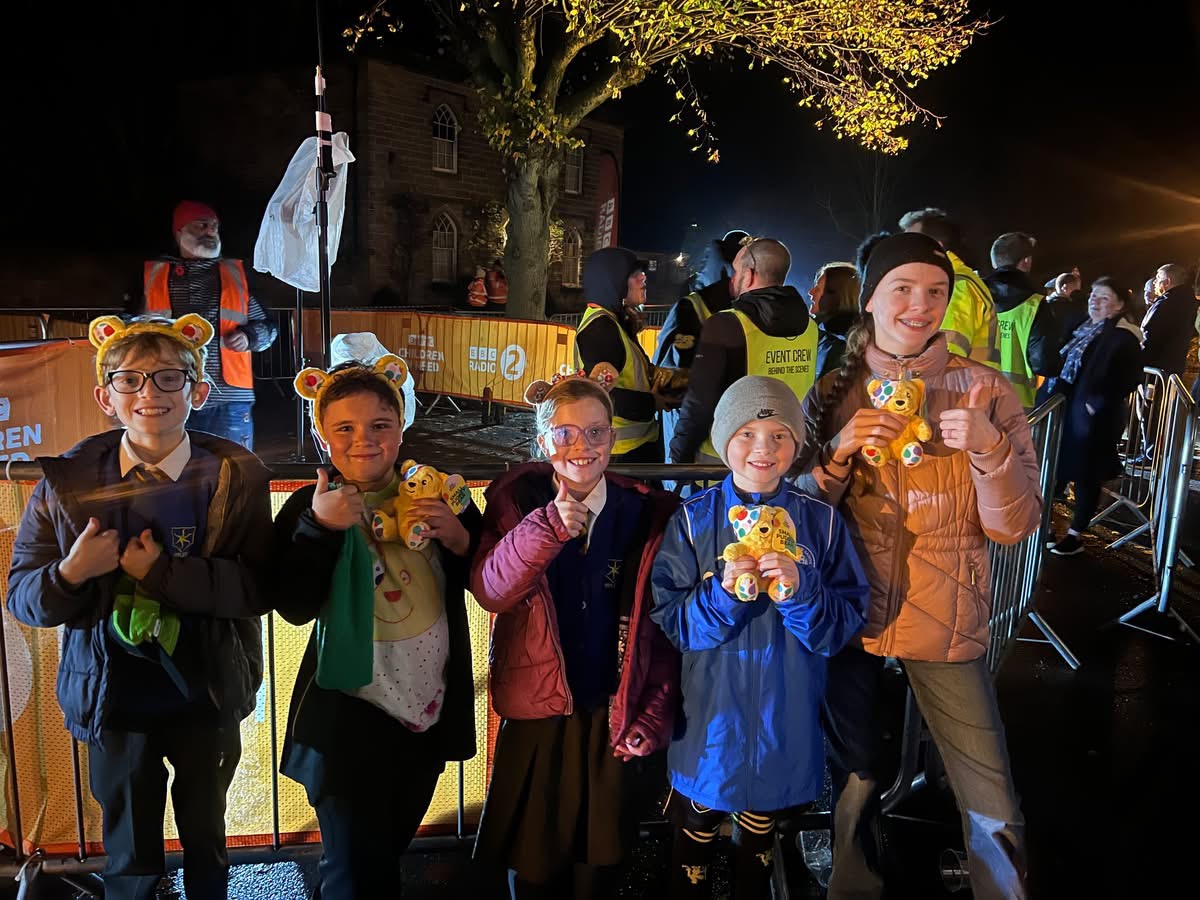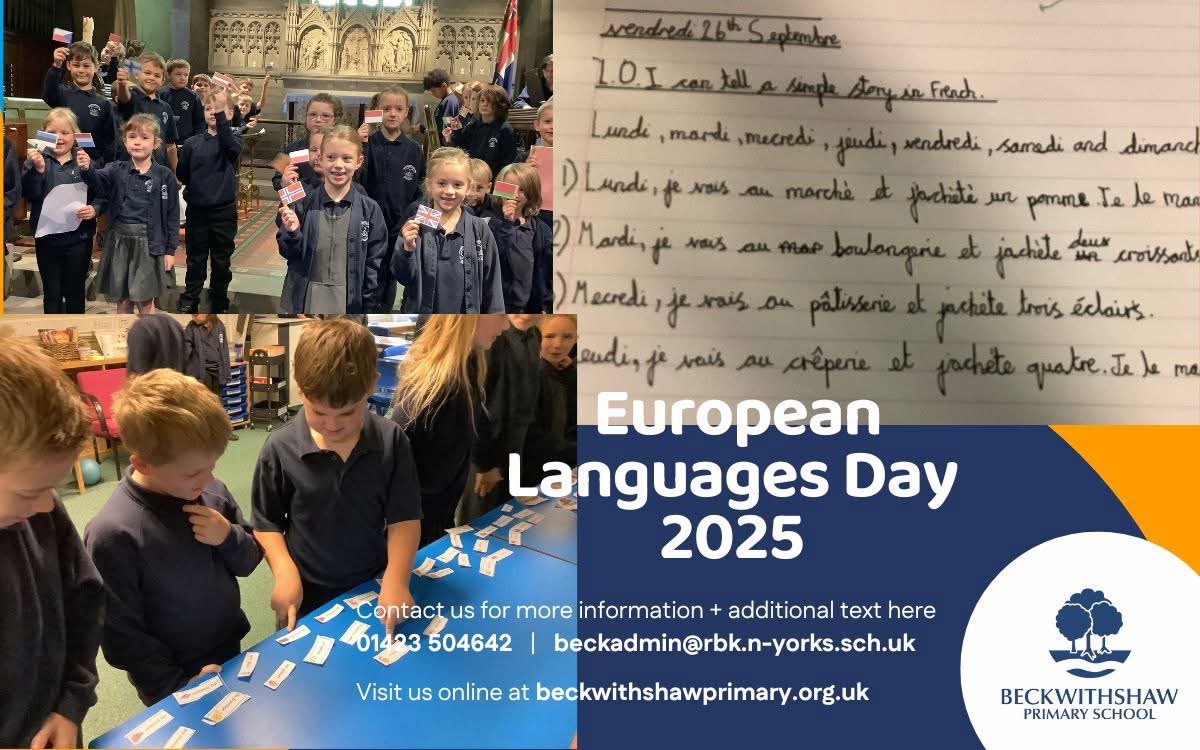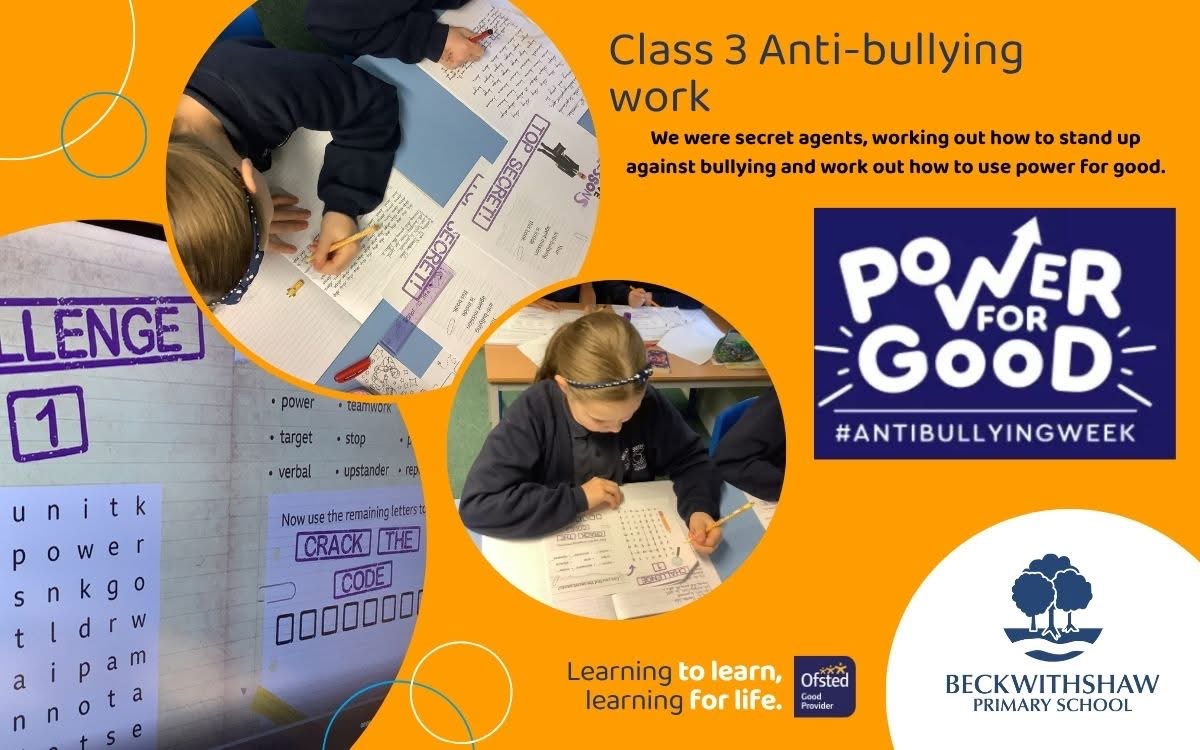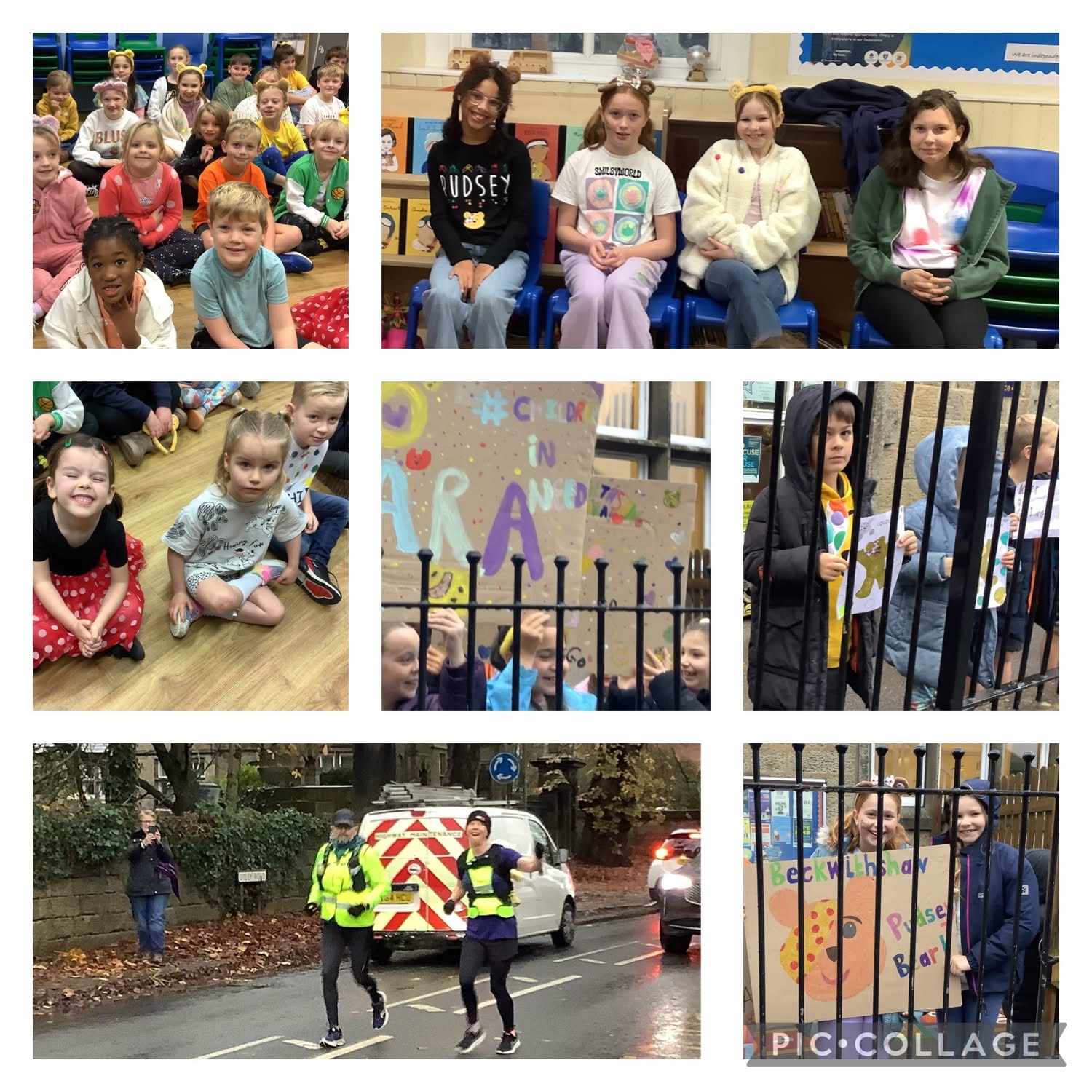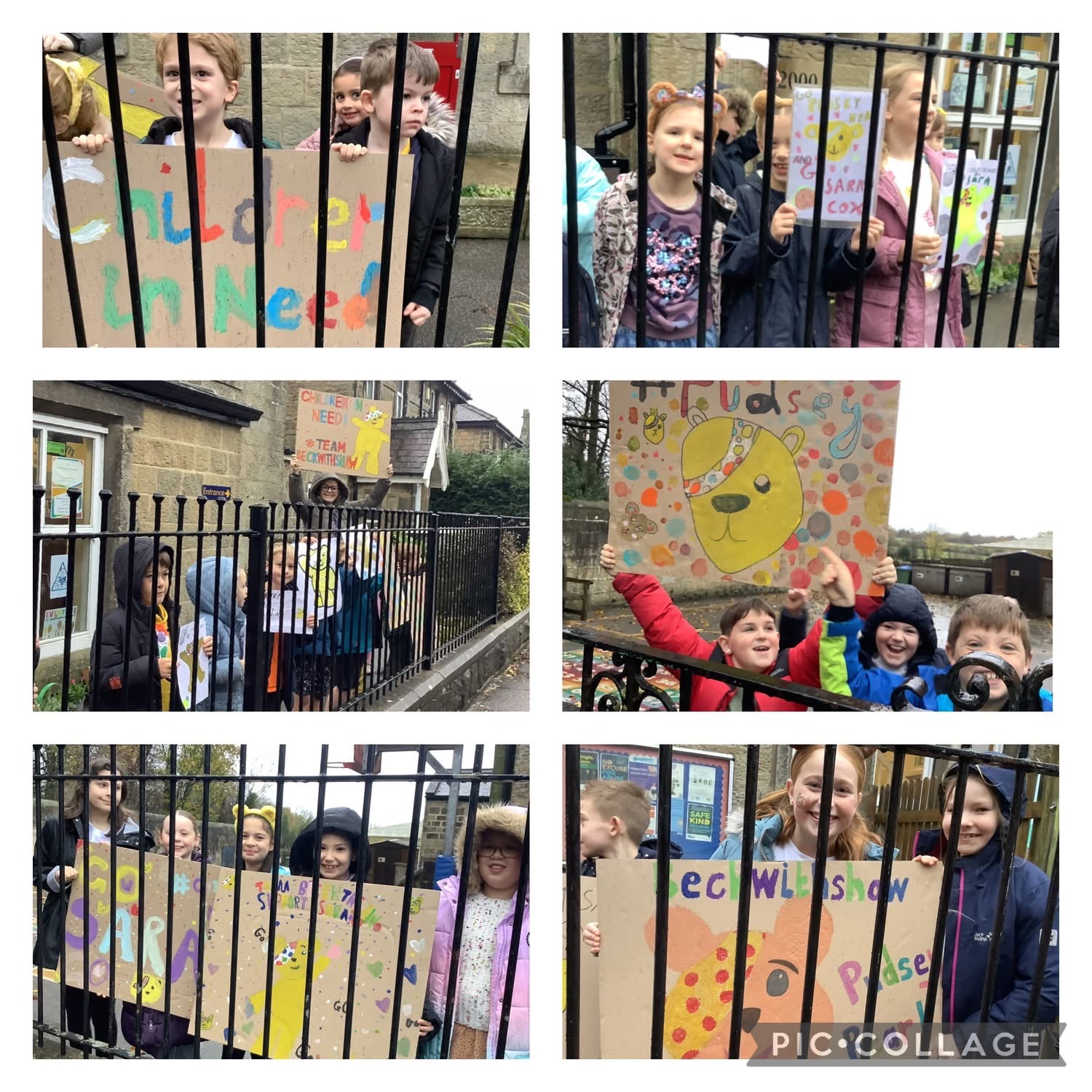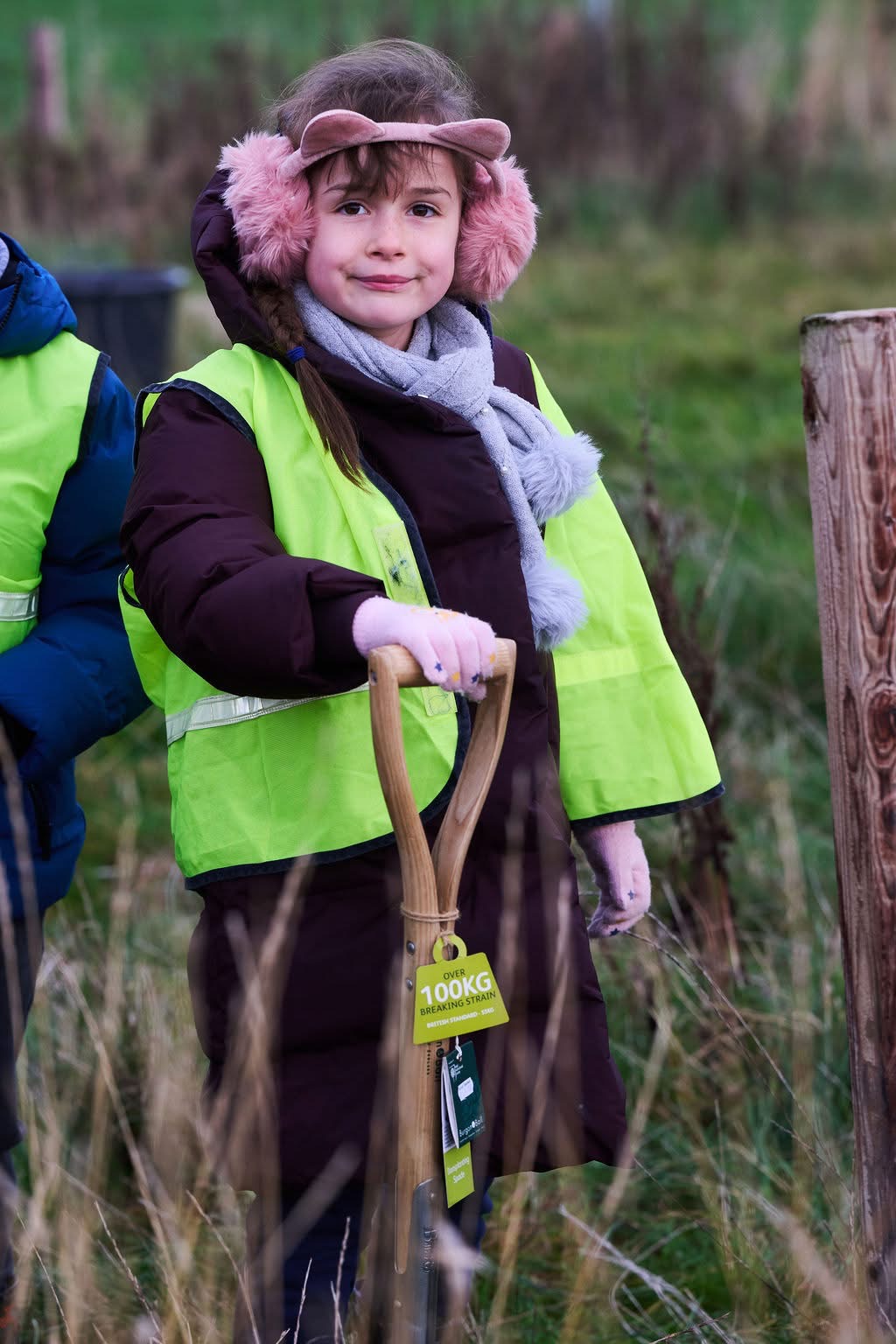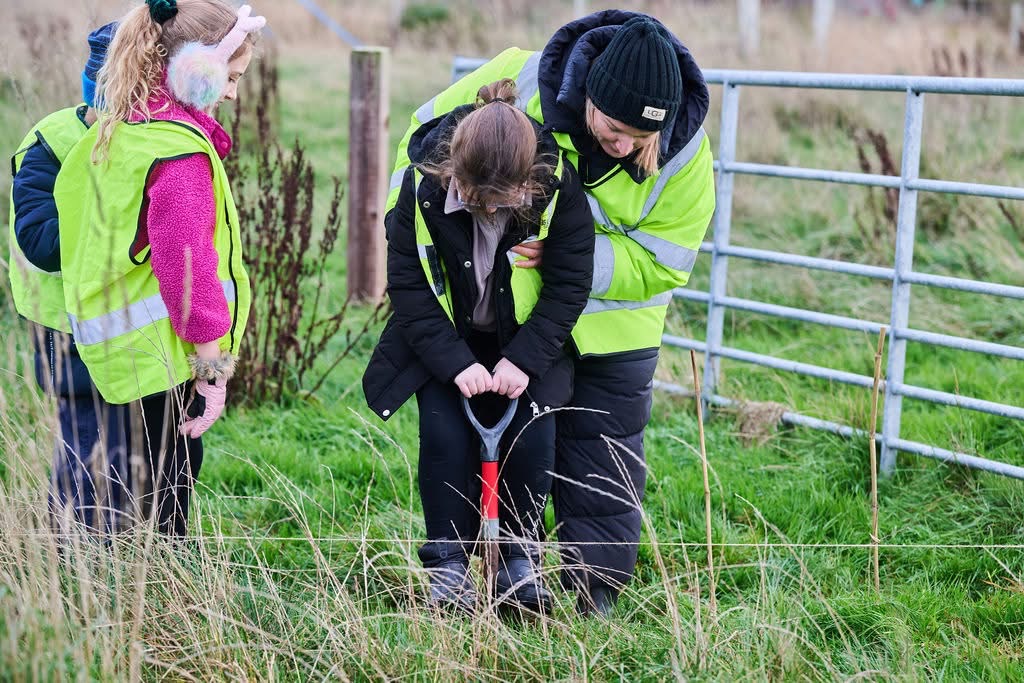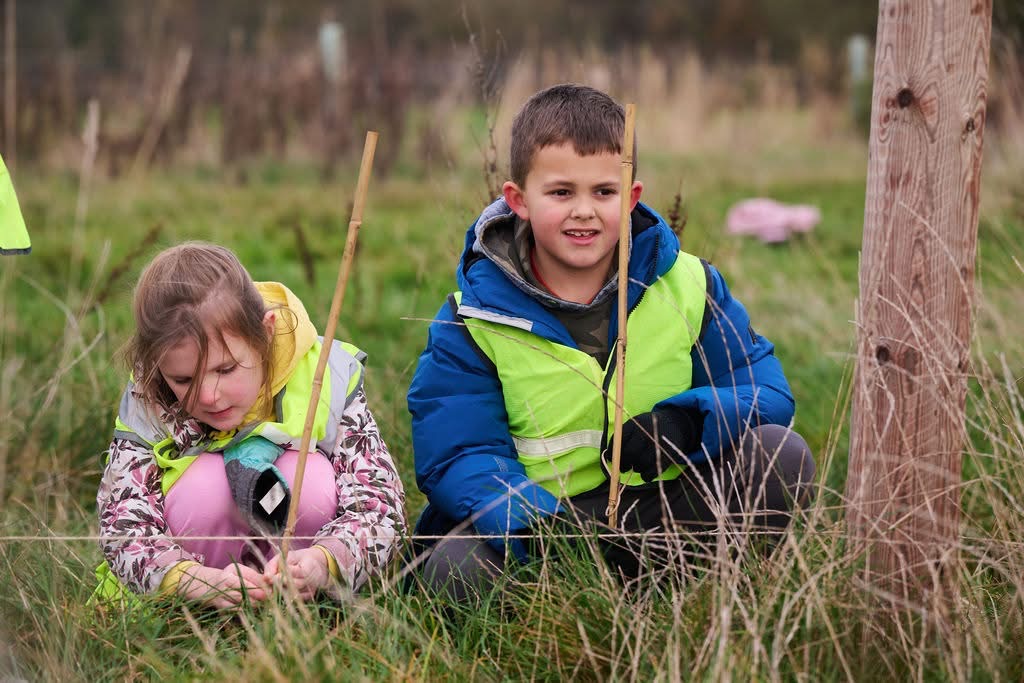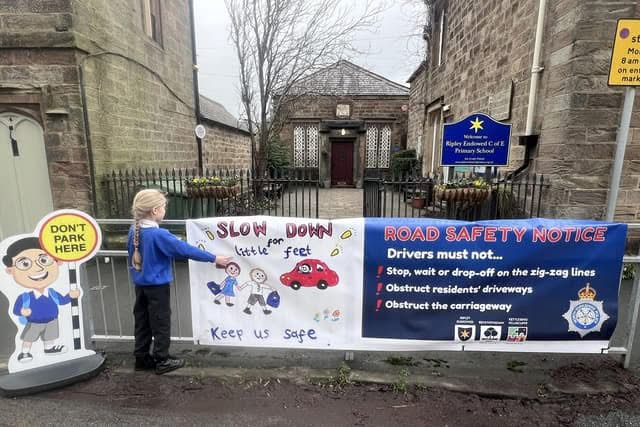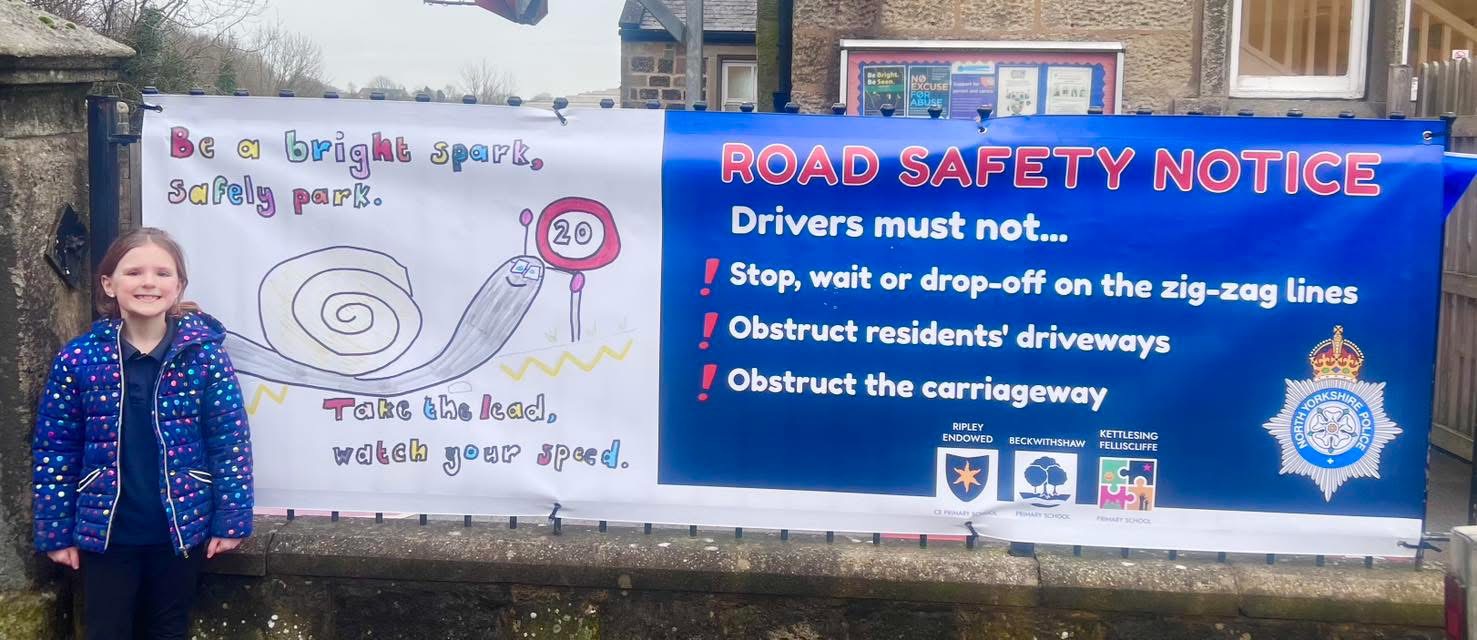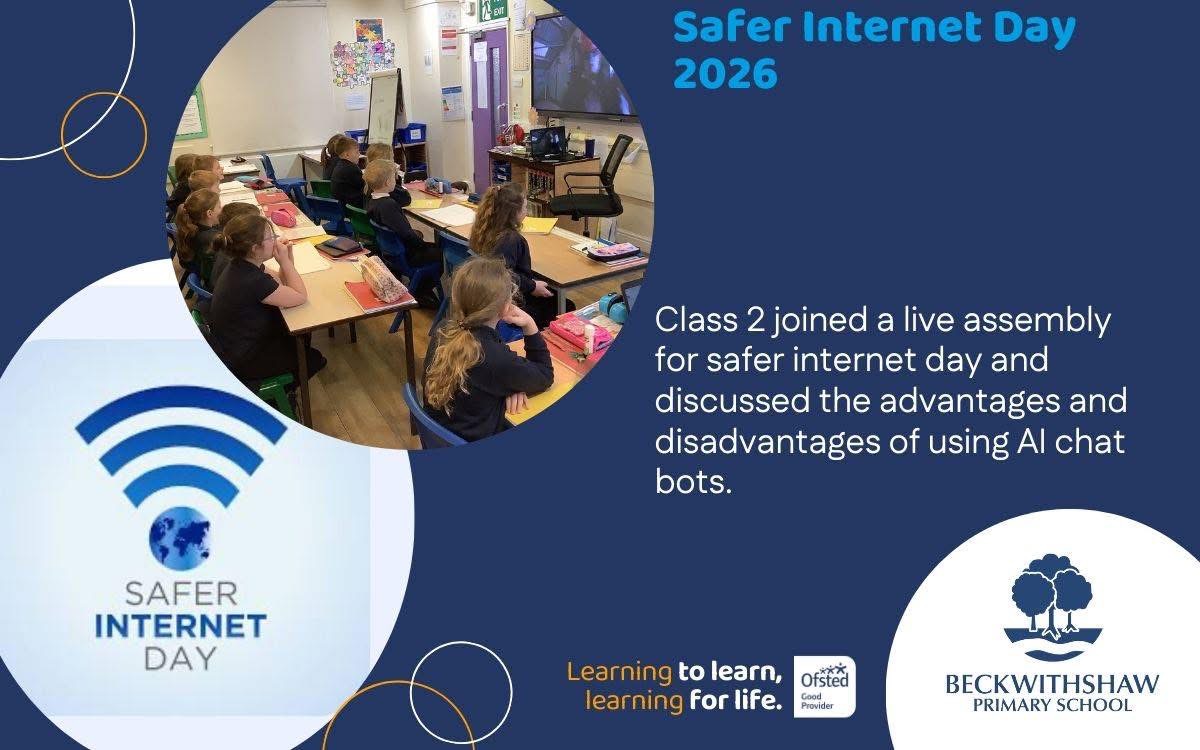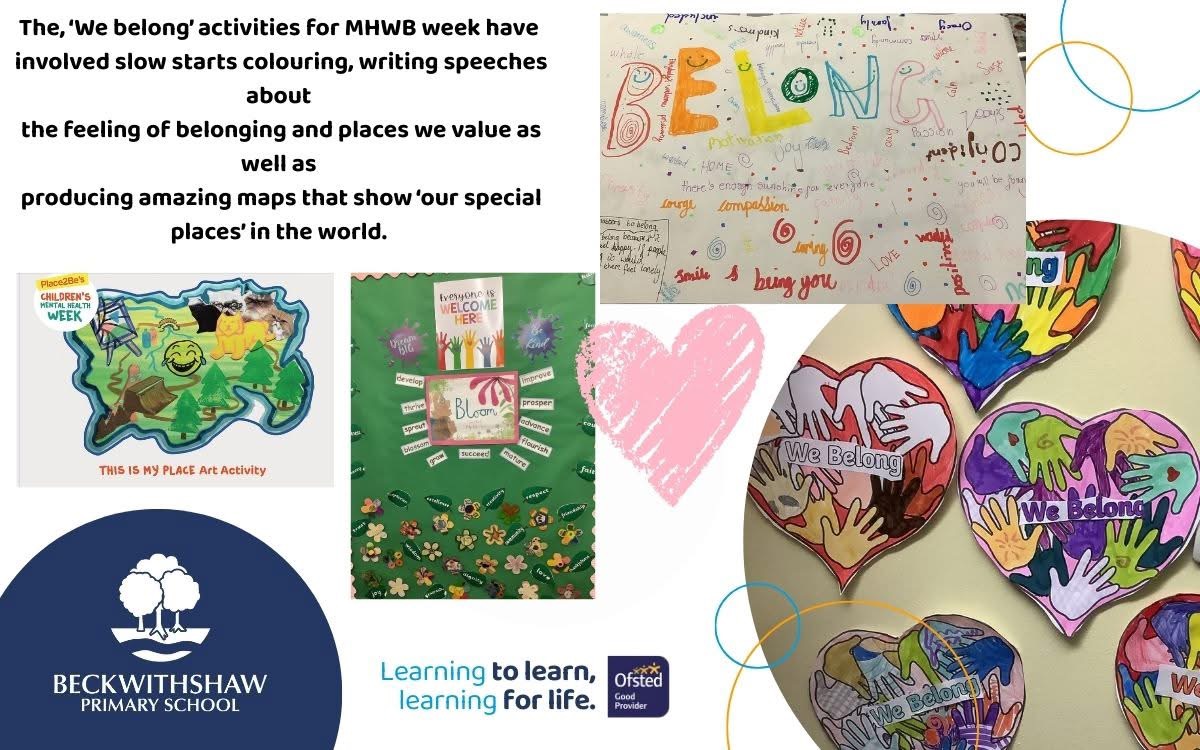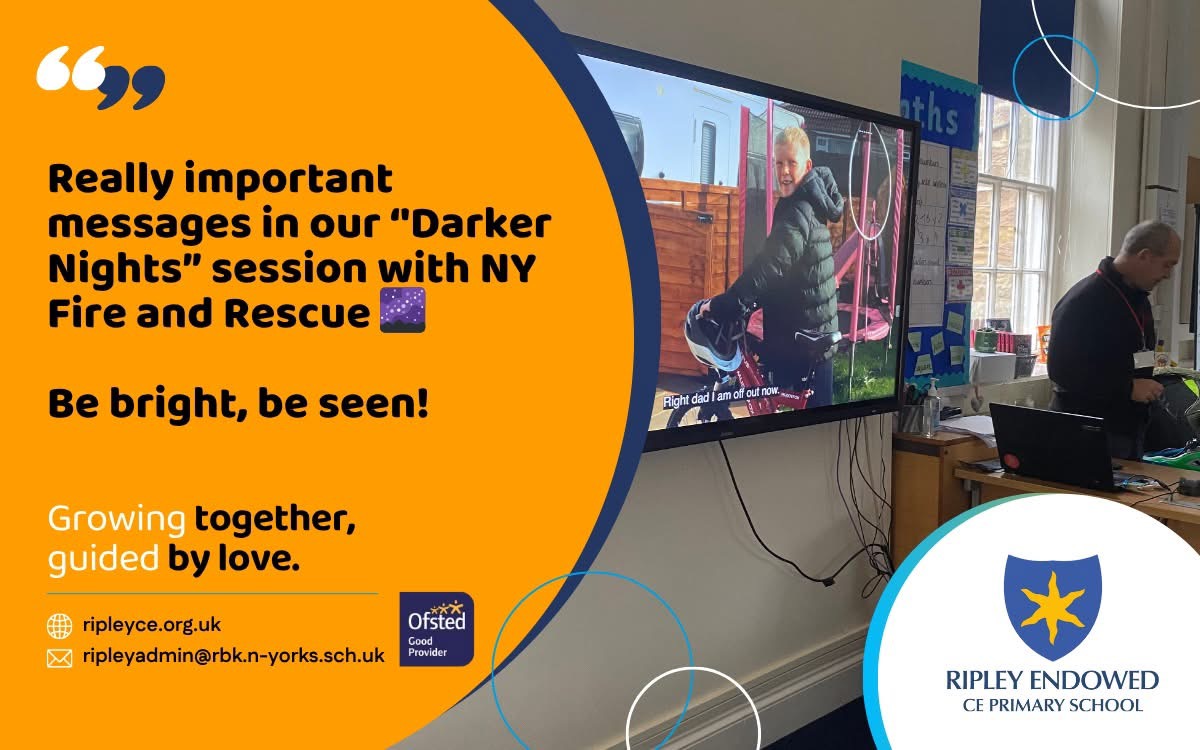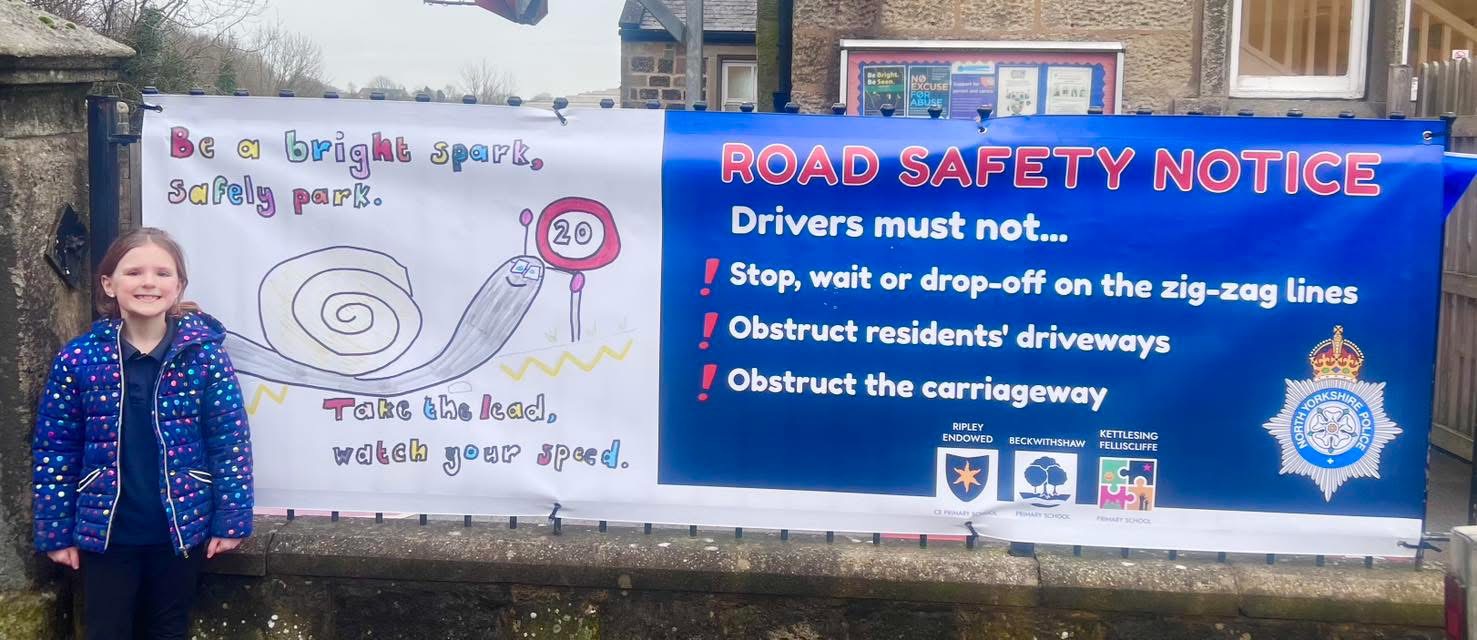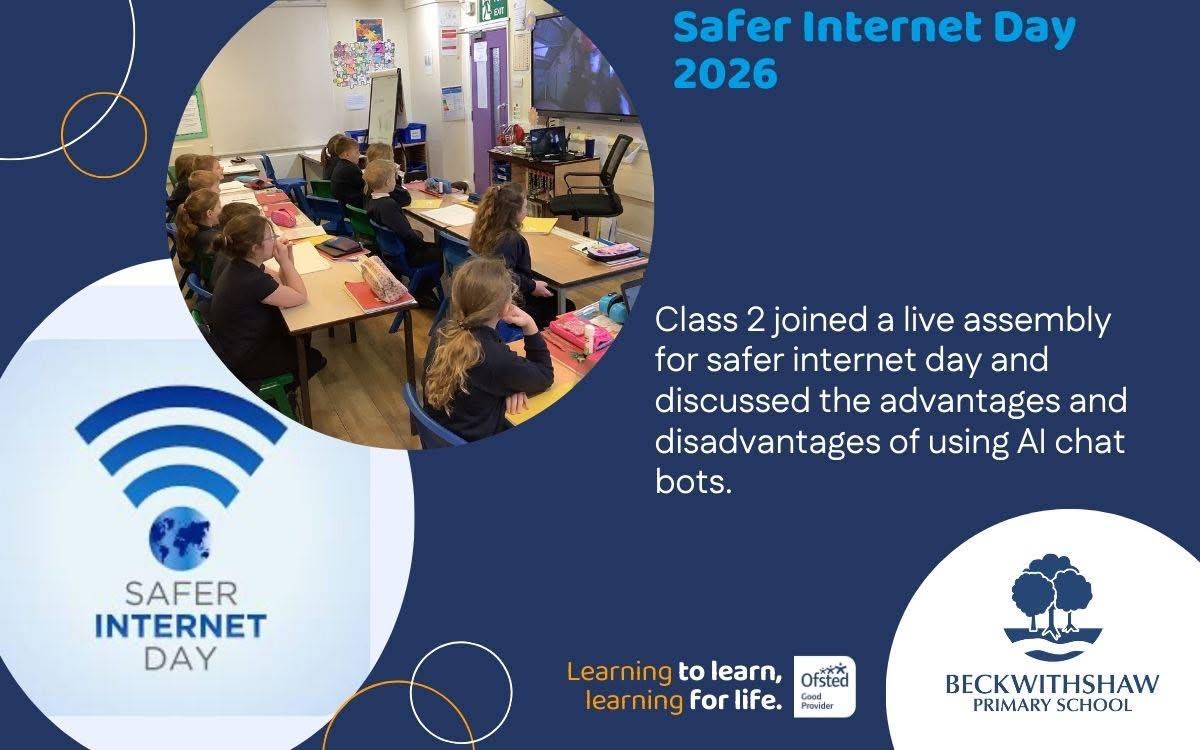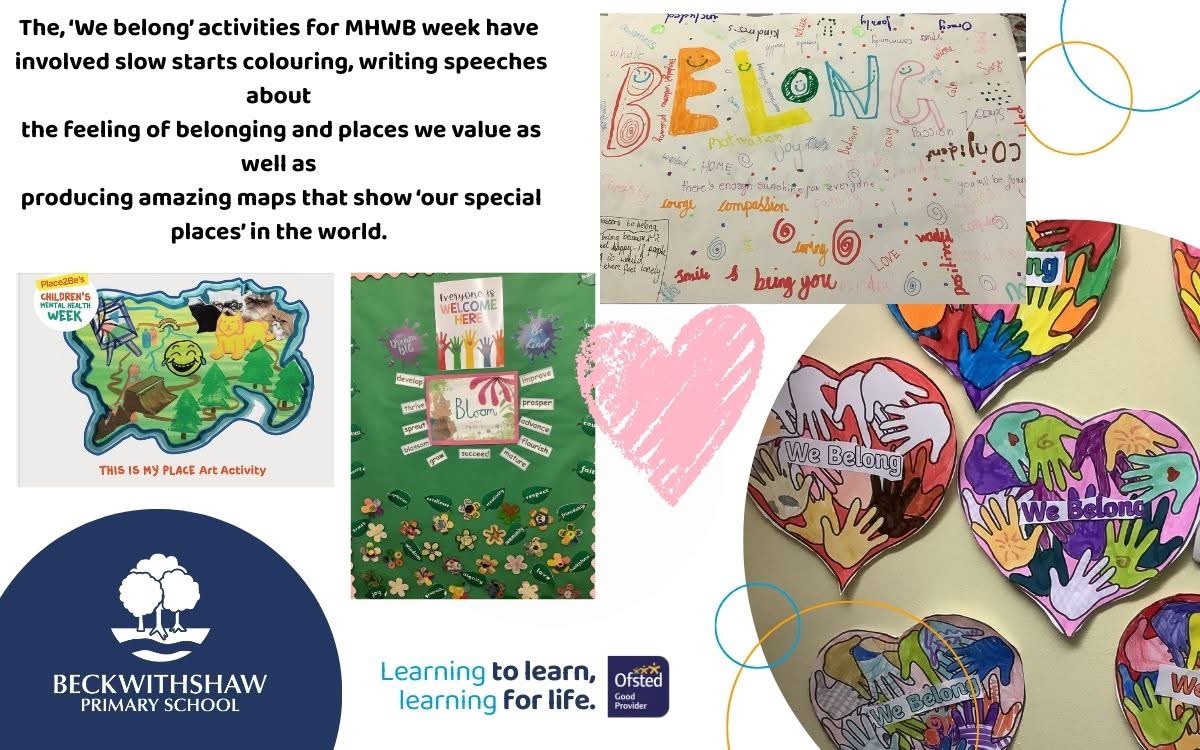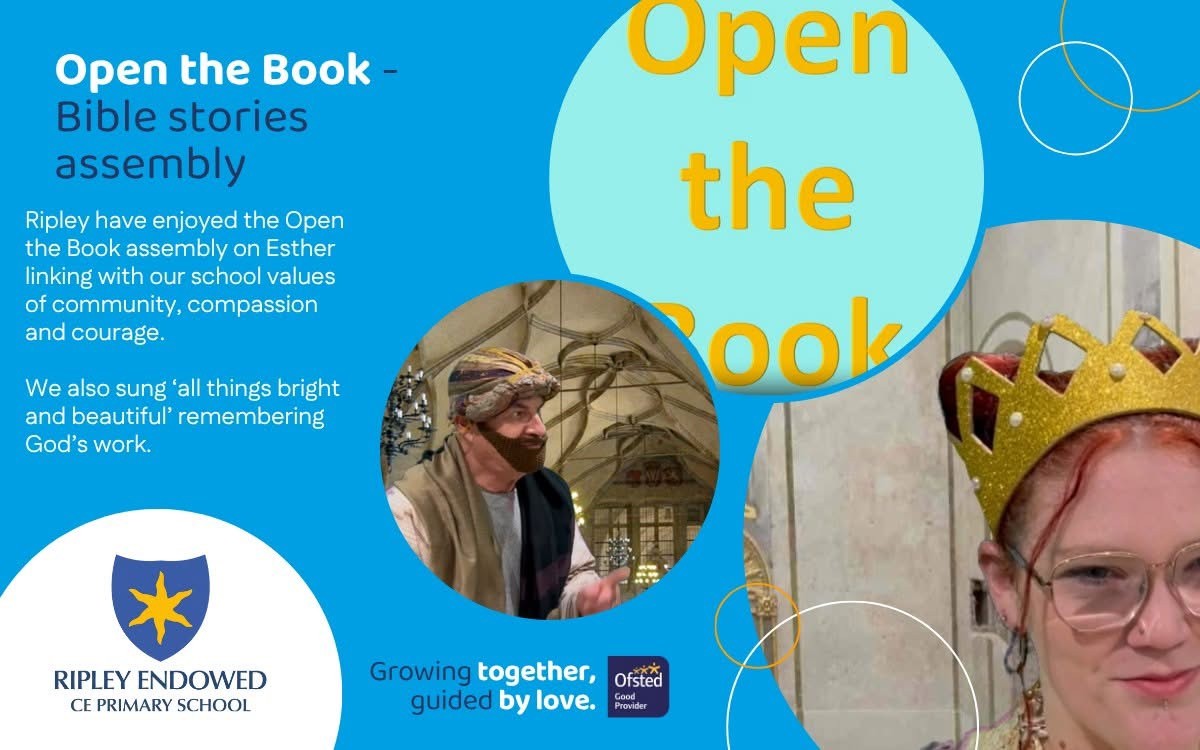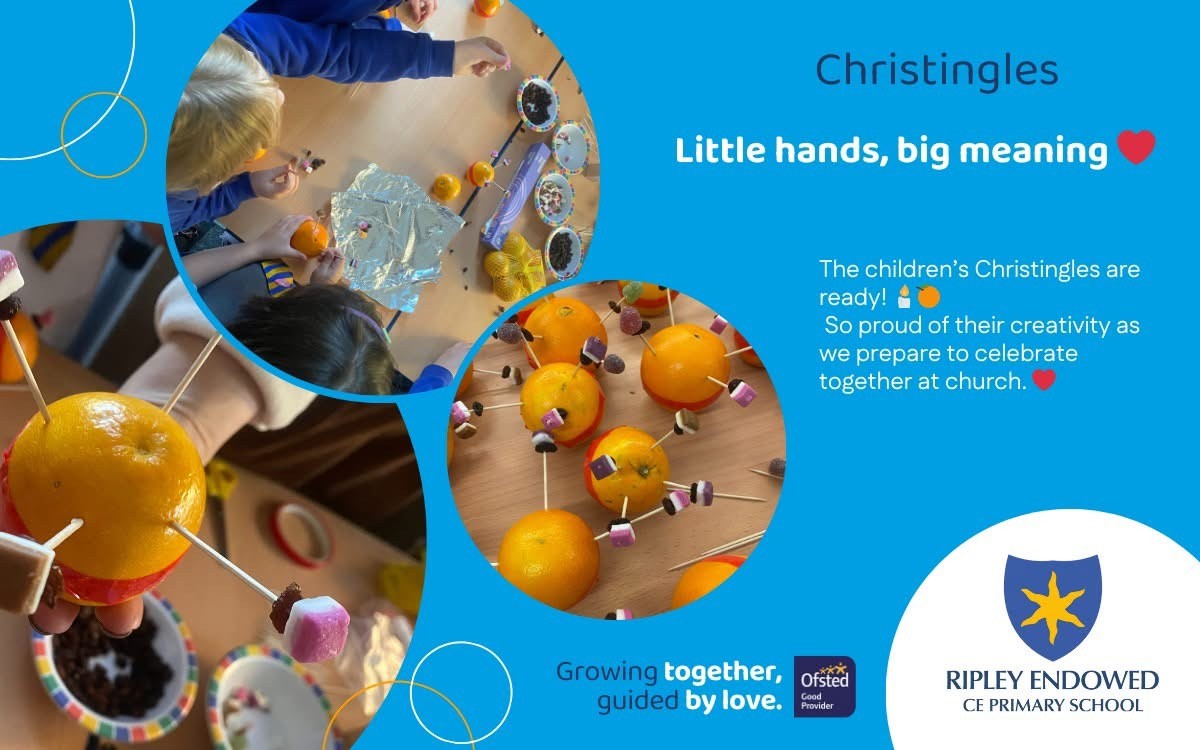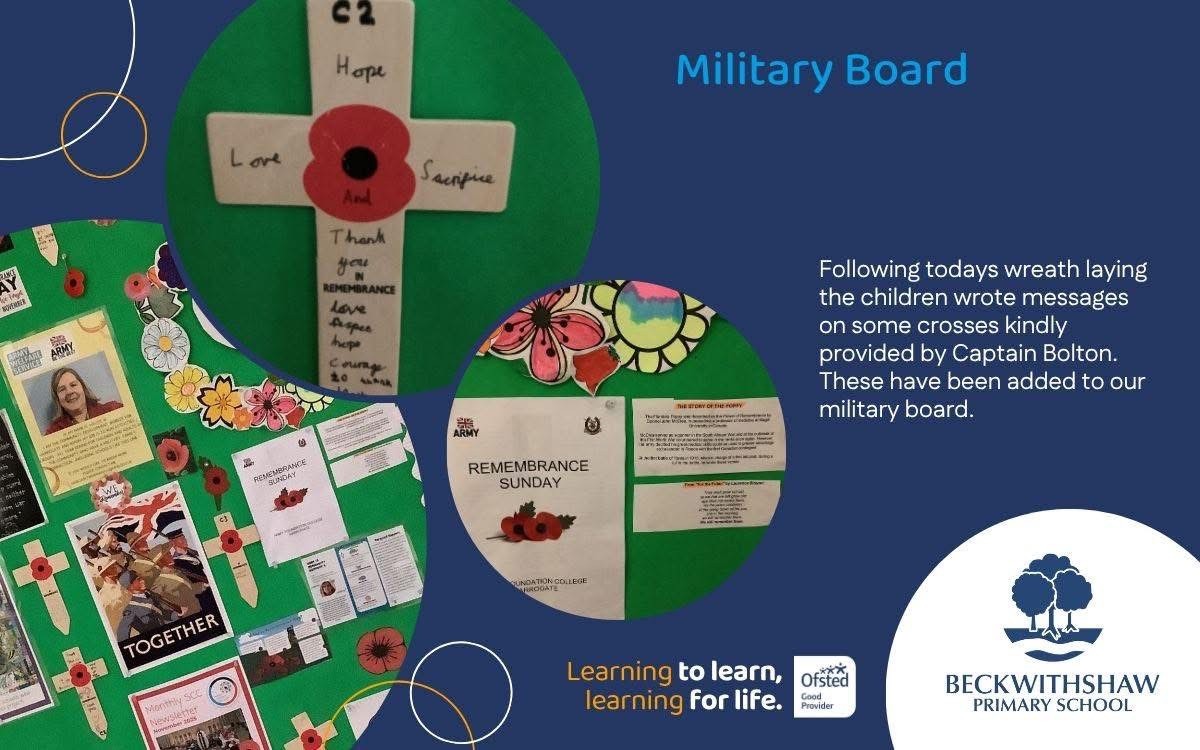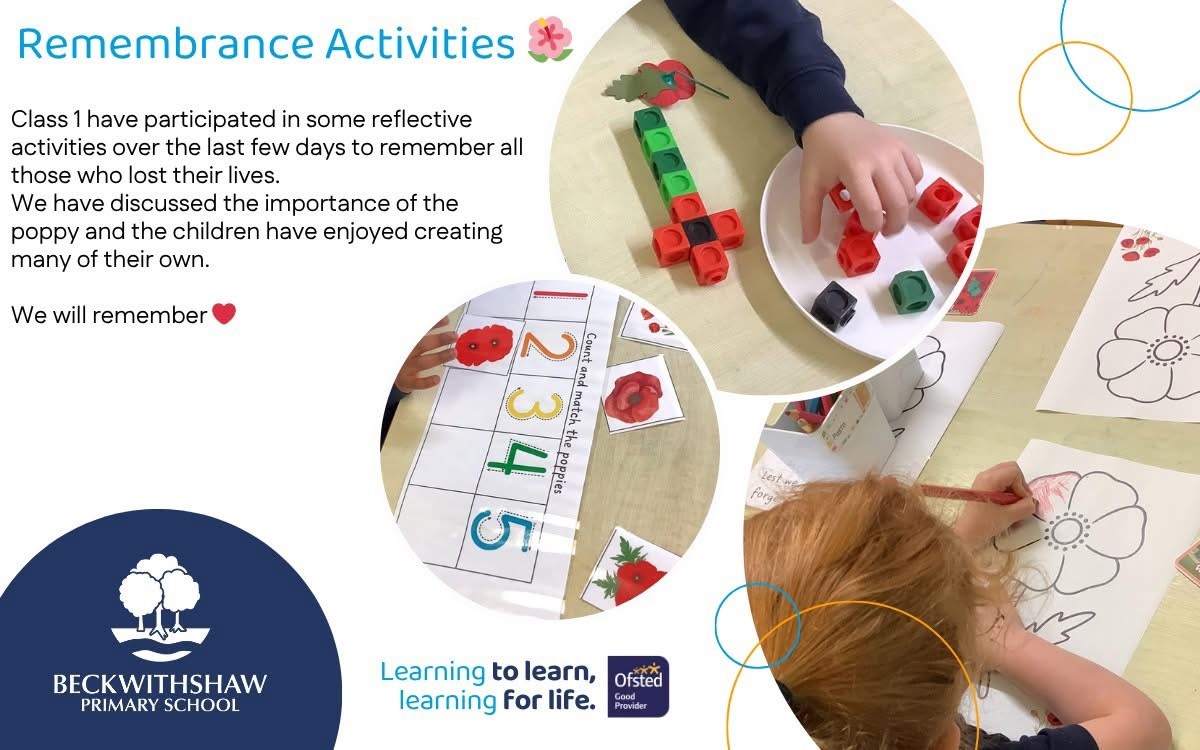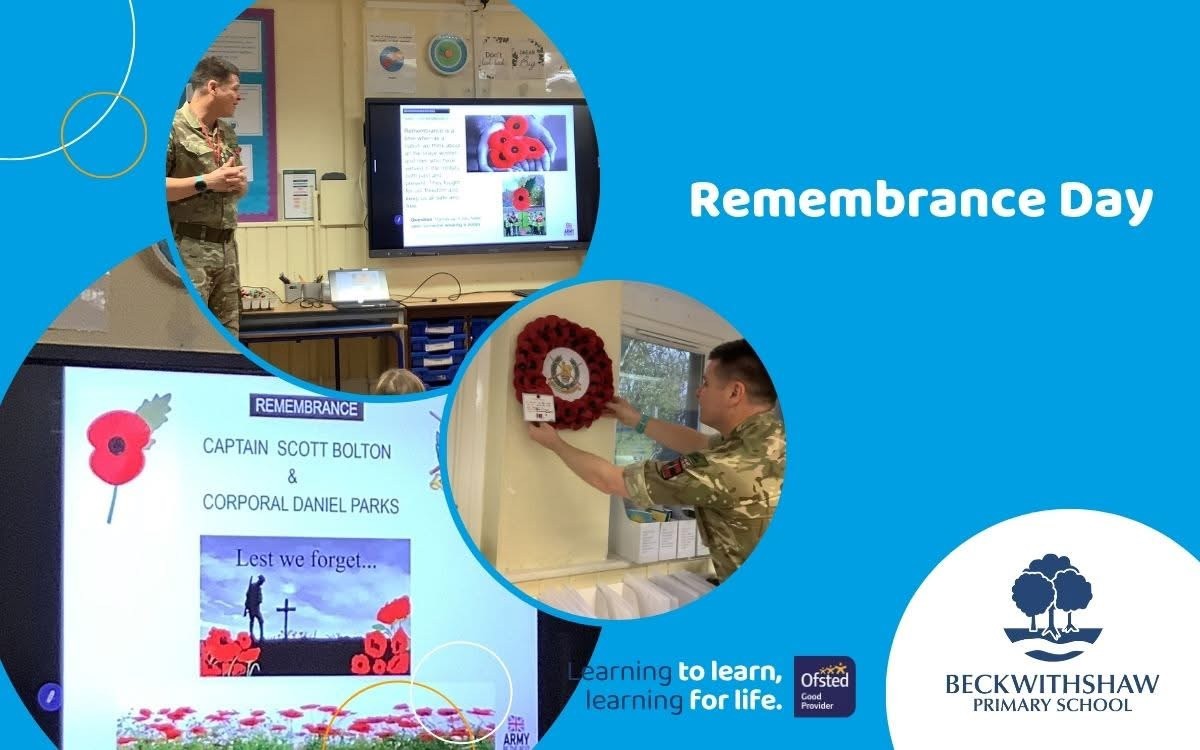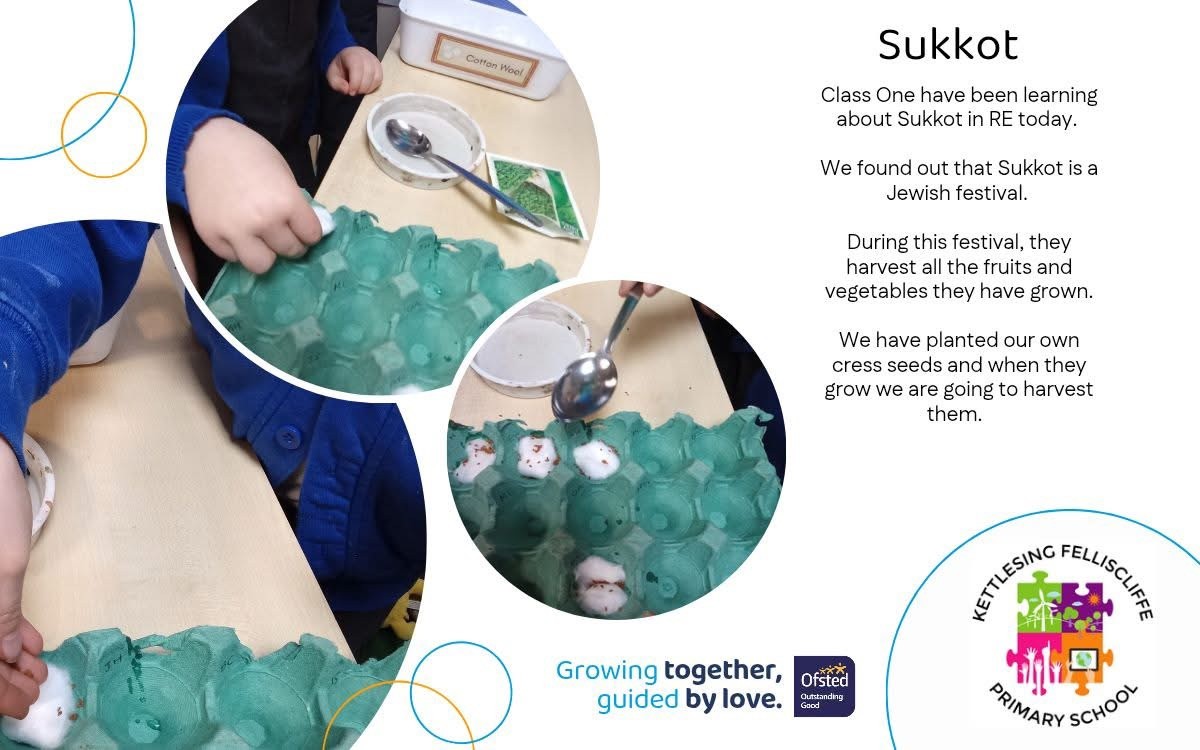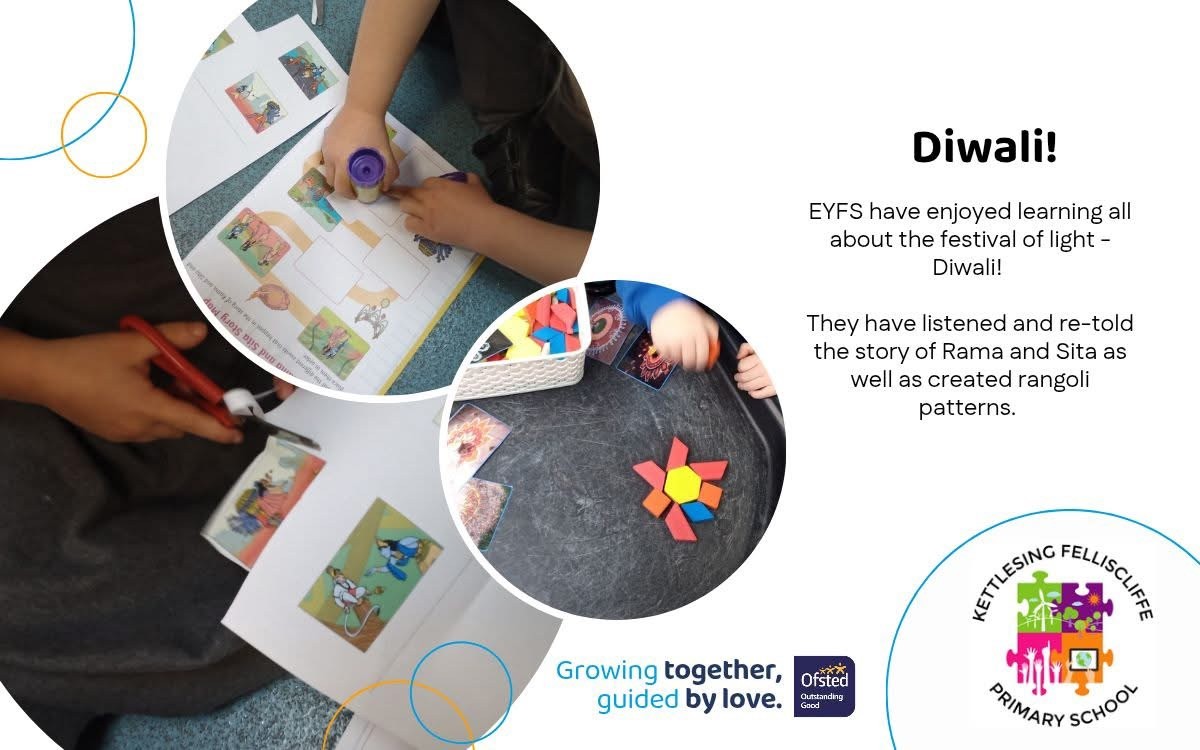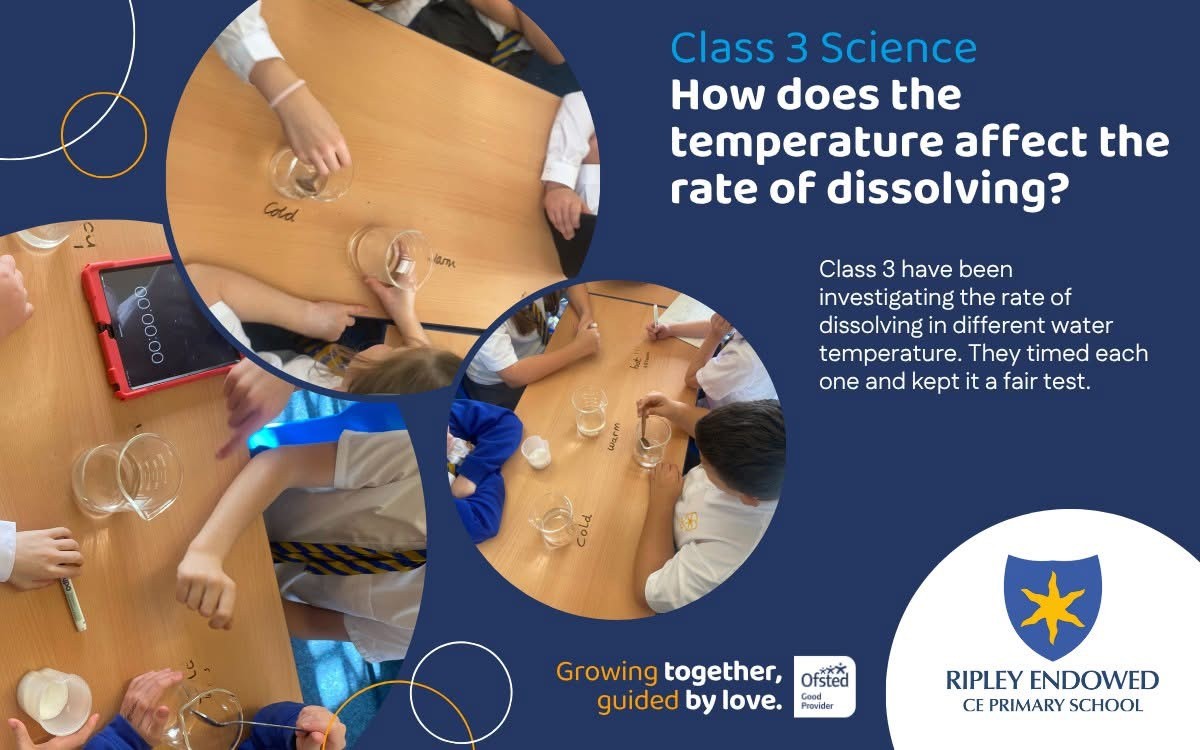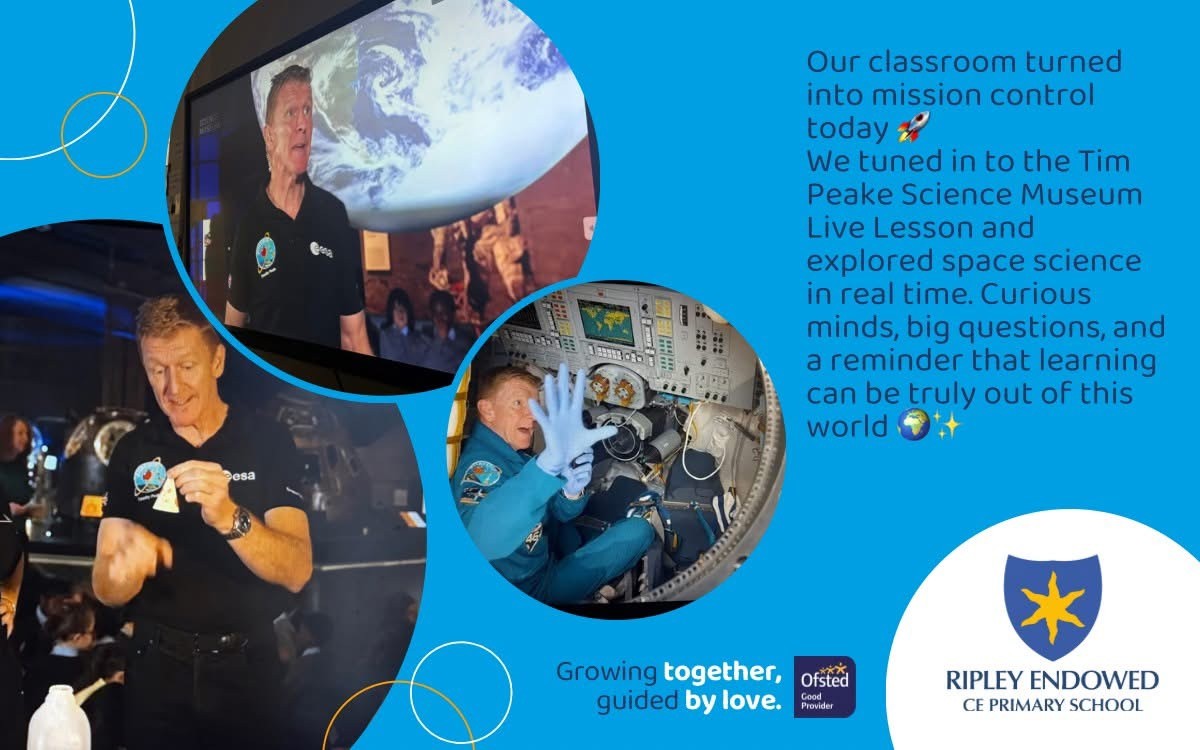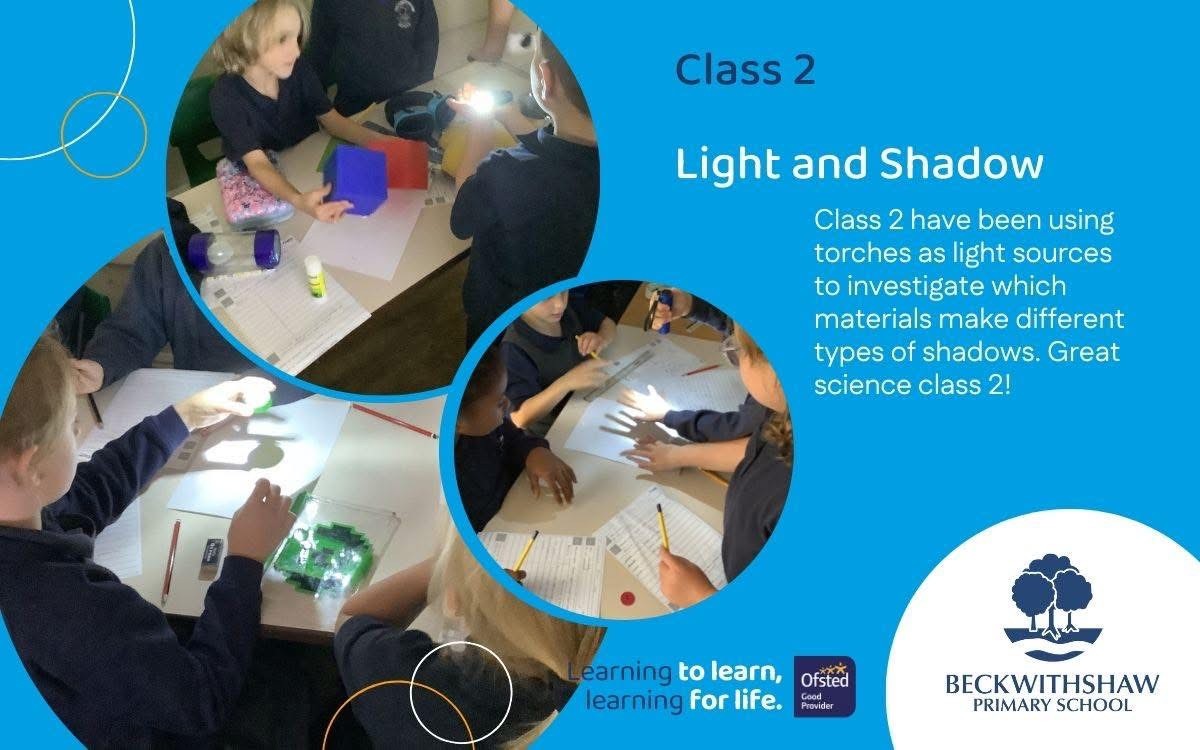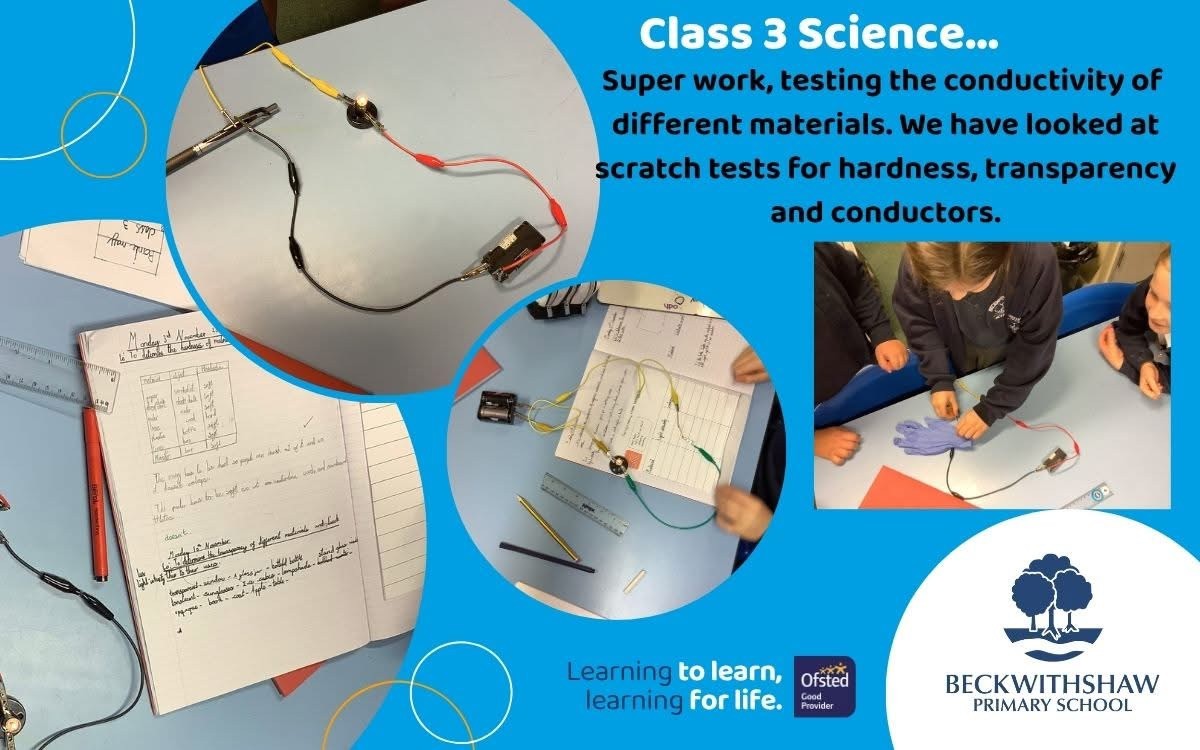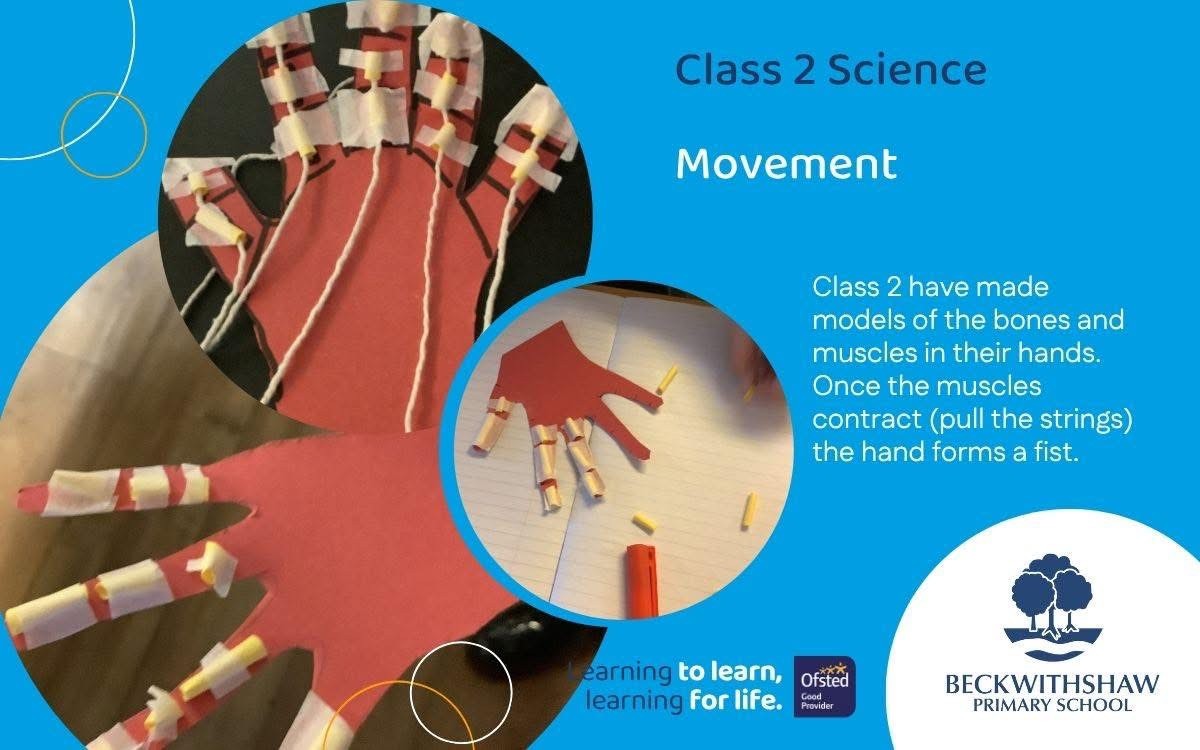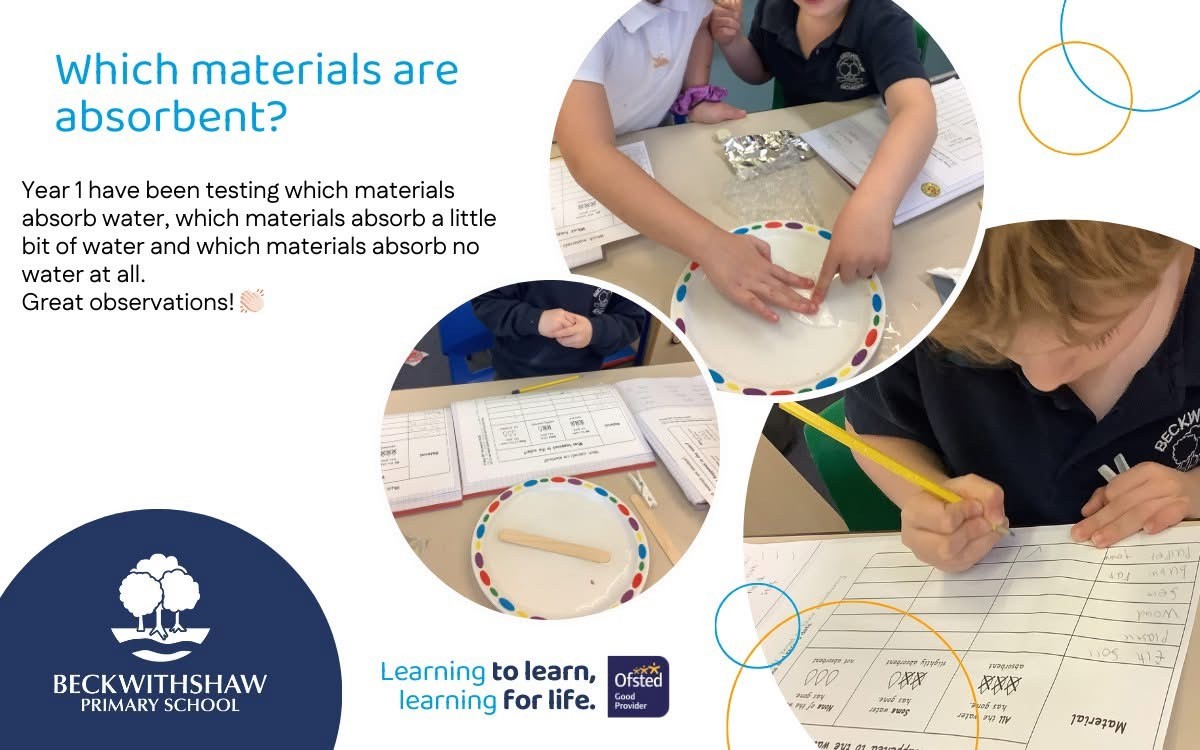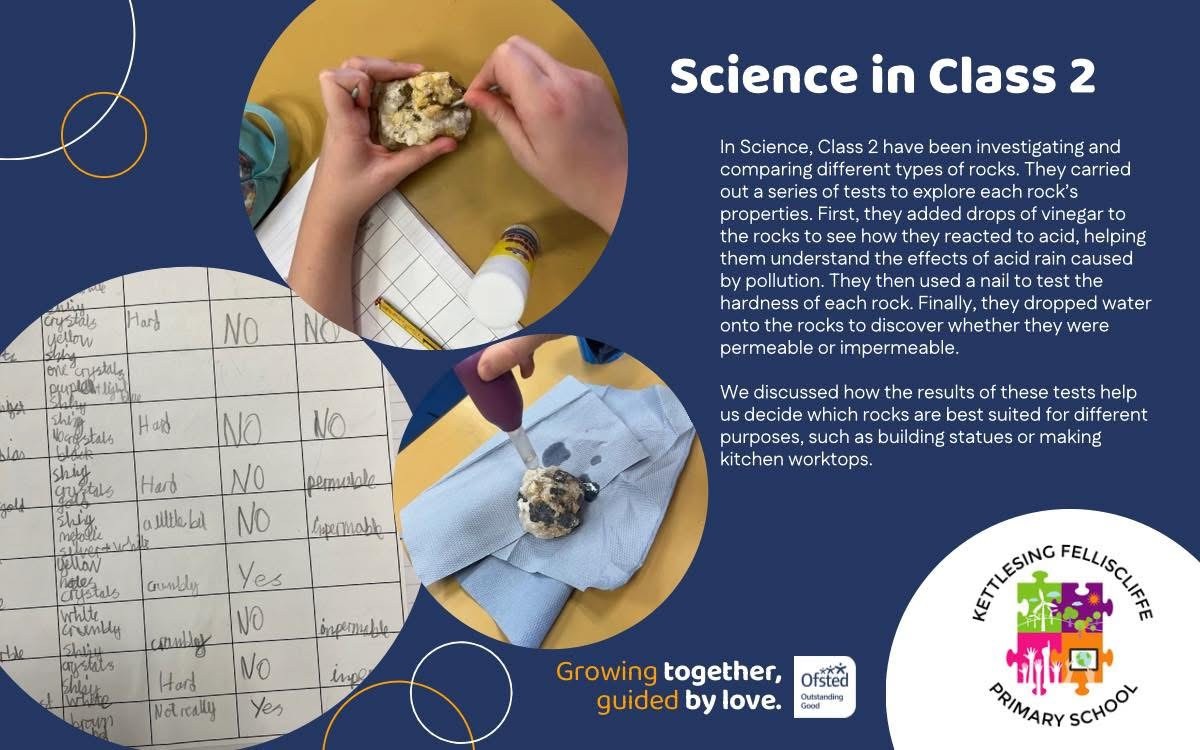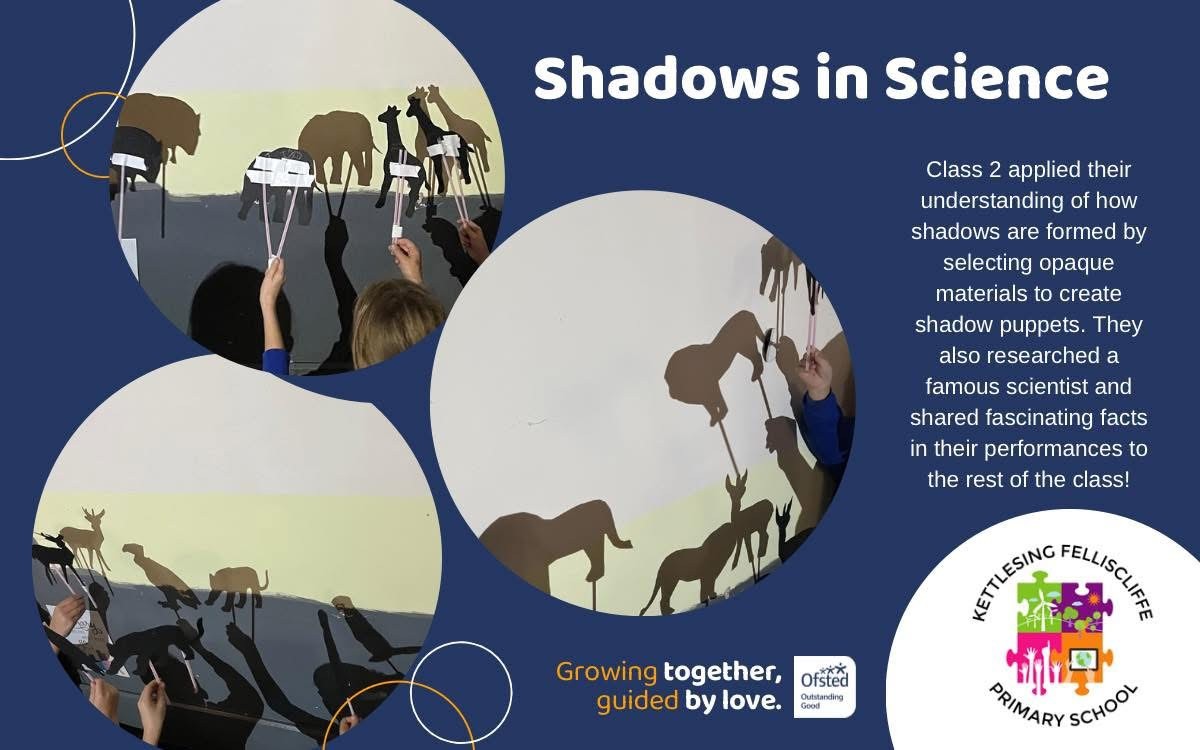Federation Curriculum Overview
‘Growing together, guided by love…’ is our educational, spiritual and moral purpose.
At our federation, we recognise that Oracy is a vital skill that empowers students to express themselves confidently and effectively in all areas of life. Our curriculum is designed to place Oracy at the forefront of the learning experience, facilitating rich dialogue, collaboration, and a culture of active participation. Through a strong emphasis on communication, we cultivate a learning environment grounded in the values of community, compassion, and courage.
There is strong provision for each subject and associated skills across our four strands of the curriculum:
➢ Academic
Our academic curriculum sequences the knowledge, understanding and skills to
support learning. We offer a broad and balanced curriculum.
➢ Intrinsic
Our intrinsic curriculum supports the building of our inclusive, compassionate culture and ethos. We believe in, ‘Ready, Respectful and Safe.’
➢ Enhancement
Our enhancement curriculum fosters the personal development and social
understanding of pupils, lifting our academic curriculum, ‘off the paper.’
➢ Elective
Our elective curriculum offers wider opportunities and valuable experiences;
education beyond the classroom environment.
Our EYFS provides the foundational, academic, social and emotional foundations of learning on which future provision is built. The, ‘We are skills….’ permeate our curriculum as key skills that our pupils develop through our language rich curriculum.
Community: We believe that strong communication builds stronger communities. Our curriculum encourages students to engage with one another and collaborate on projects that foster connections within our school and the wider community. By participating in group discussions and community projects, students learn to appreciate diverse perspectives while building lasting relationships.
Compassion: Compassionate communication is fundamental to our ethos. We teach students to listen actively, respond thoughtfully, and engage empathetically with their peers. By cultivating a caring environment, we empower students to express their feelings and support one another, fostering a sense of belonging and community spirit.
Courage: Speaking up and sharing ideas requires courage. Our curriculum encourages students to embrace challenges and voice their opinions, even in difficult situations. We promote a culture where every voice is valued, inspiring students to take risks in their communication and stand firm in their beliefs.
By placing Oracy at the heart of our curriculum, we prepare students to navigate an increasingly interconnected world with confidence and compassion. Together, we are committed to nurturing articulate, empathetic, and courageous learners who will impact their communities positively and inspire those around them.
Speaking, listening and communication: learn to – learn through – learn about
Federation Subject Leads
Please speak to Mrs Lyne our Federation Curriculum Leader if you require further information about our curriculum.
| Responsibility | Staff Member(s) | Base School |
|---|---|---|
| SEND | Elouise Foster | DHT |
| PSHCE/DT/EYFS | Anneka Brown | Kettlesing |
| Phonics/Early Reading | Hannah Lorains |
Ripley |
| Maths/ RE/SIAMS | Charlotte Kearsley | Ripley |
| English | Hannah Lorains | Ripley |
| Science | Richard Giles | Beckwithshaw |
| History | Emma Sidley | Kettlesing |
| Geography | Laura Bassitt | Ripley |
| French/Music | Katy Lyne | Beckwithshaw |
| Computing | Ashleigh Miller | Beckwithshaw |
| Art | Sarah Hemming | Kettlesing |
| PE/EVC | Jack Farrimond | Kettlesing |
| Oracy | Hannah Lorains, Anneka Brown, Katy Lyne | Federation |

